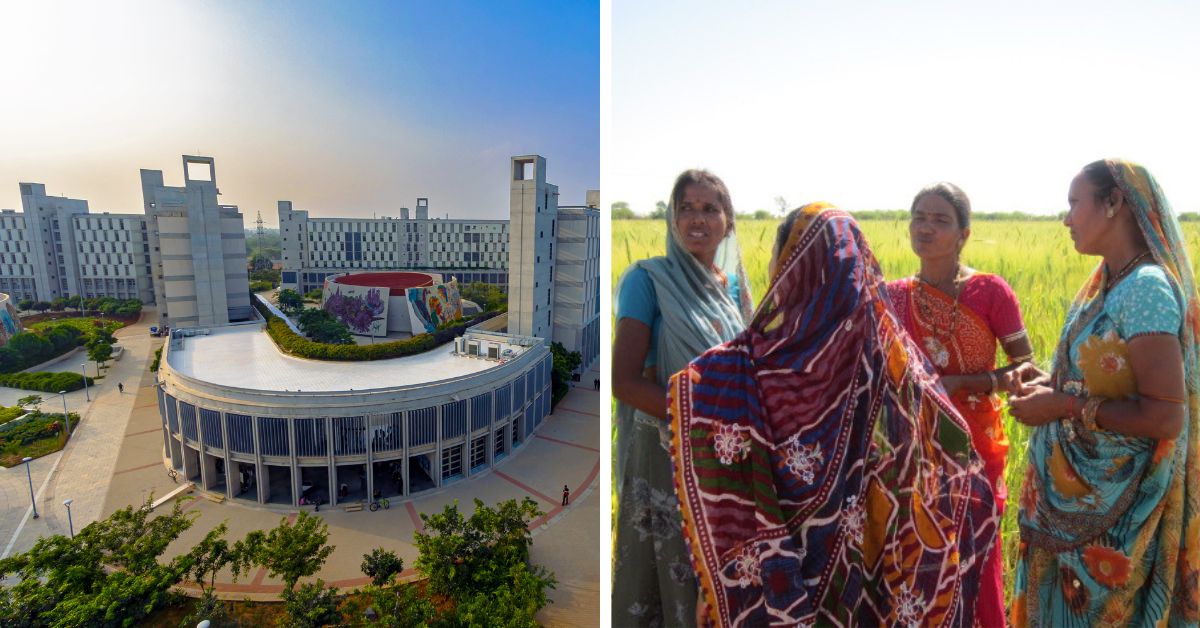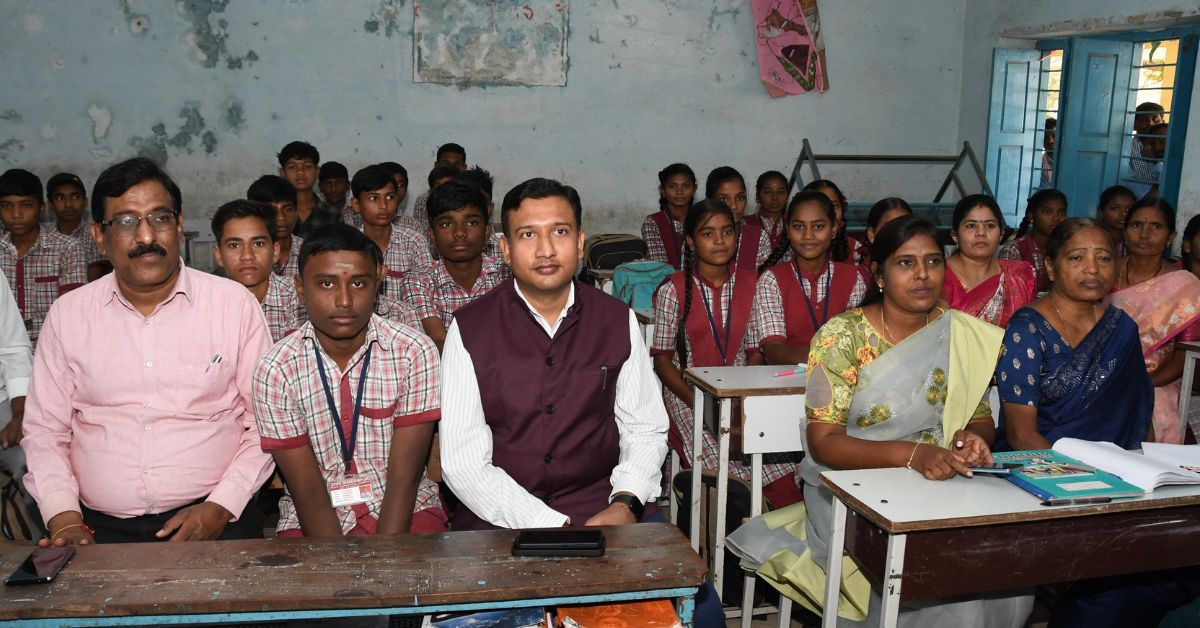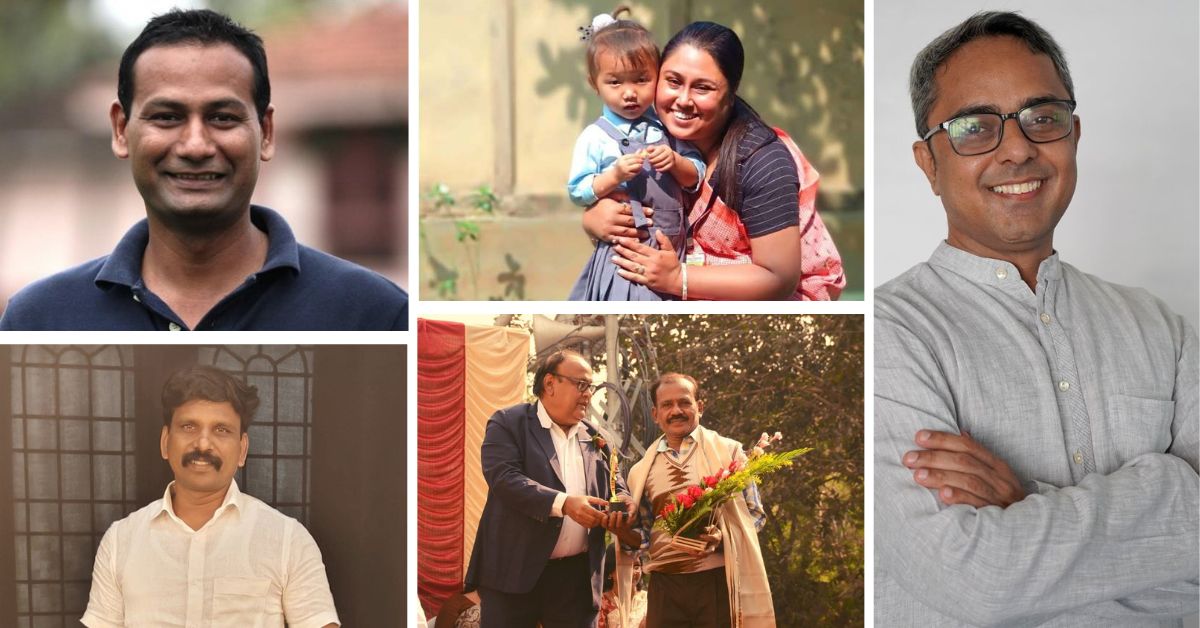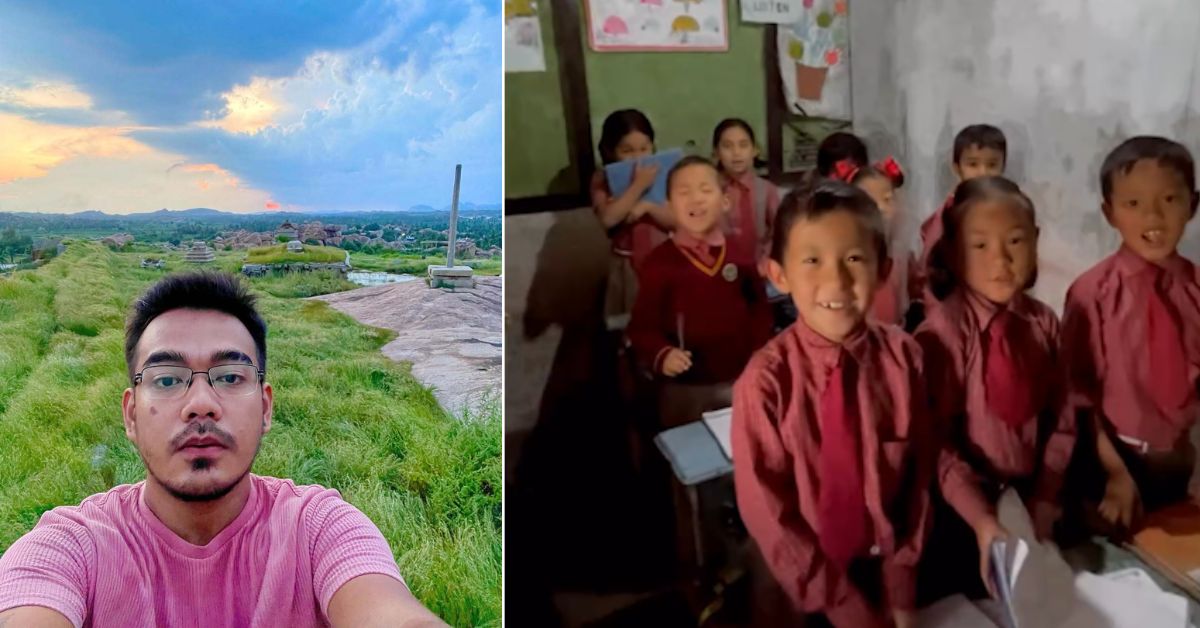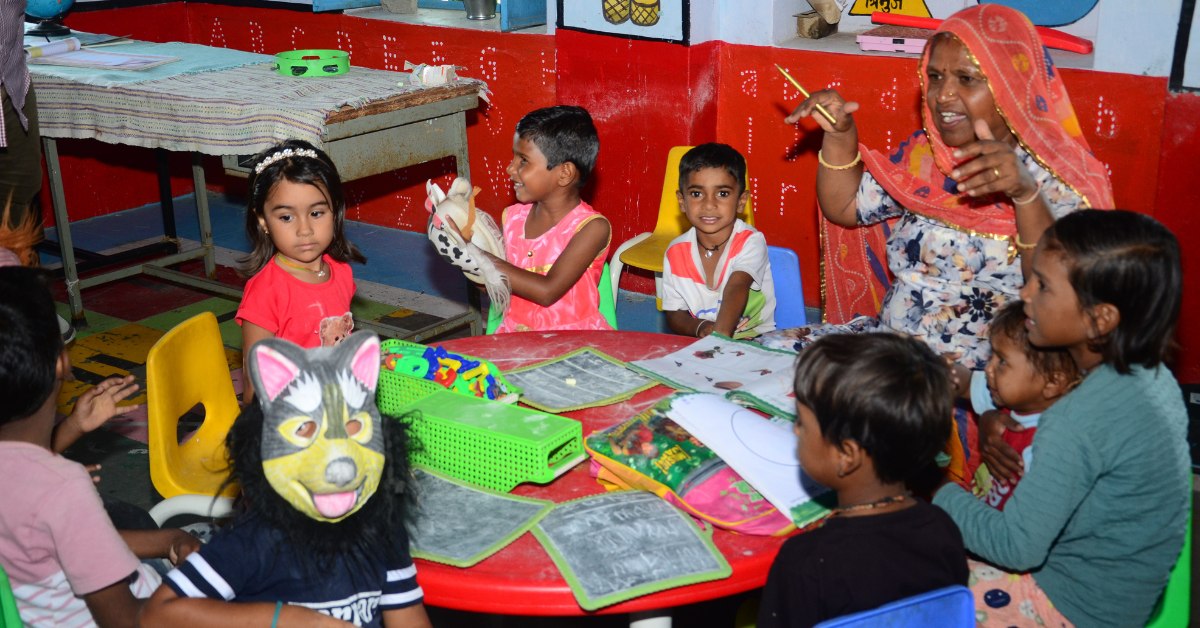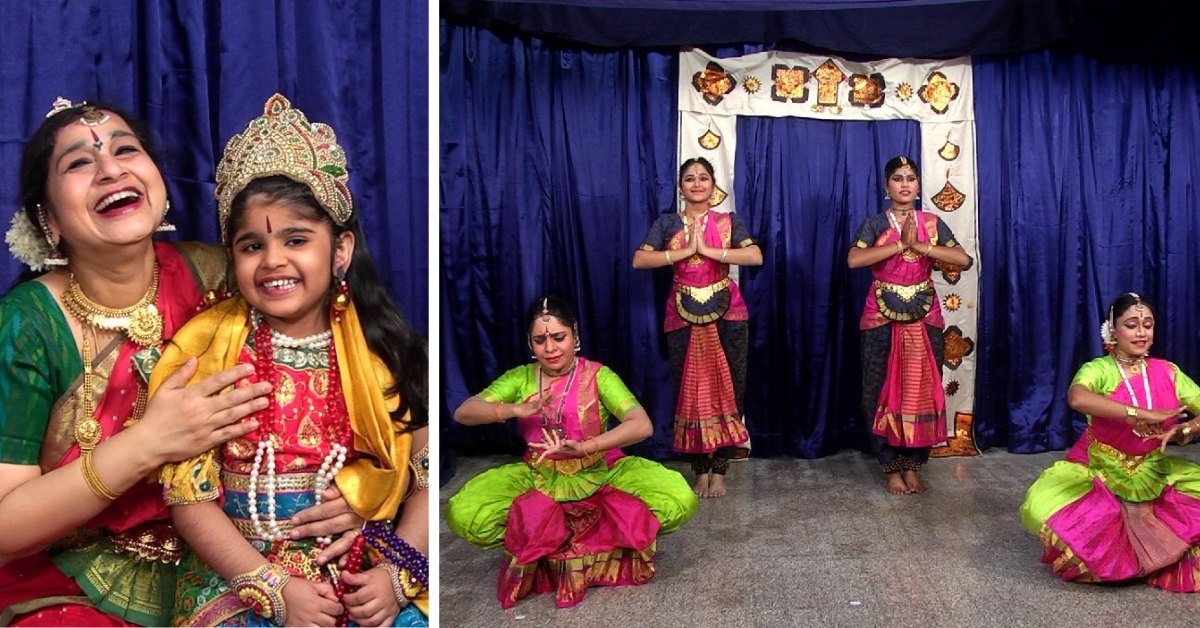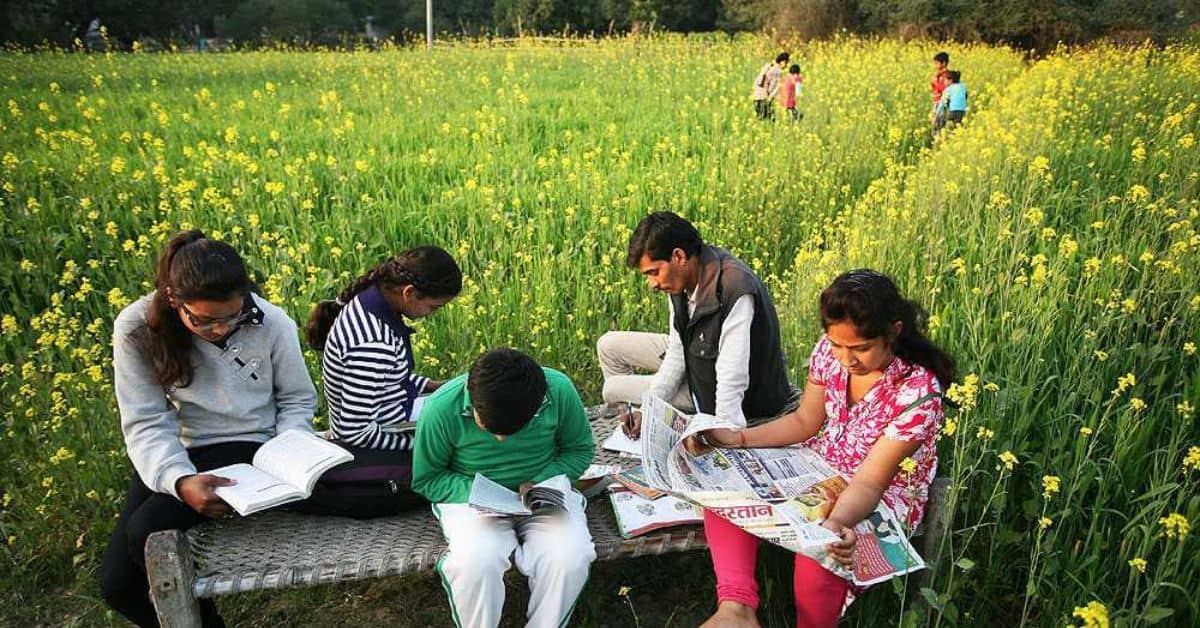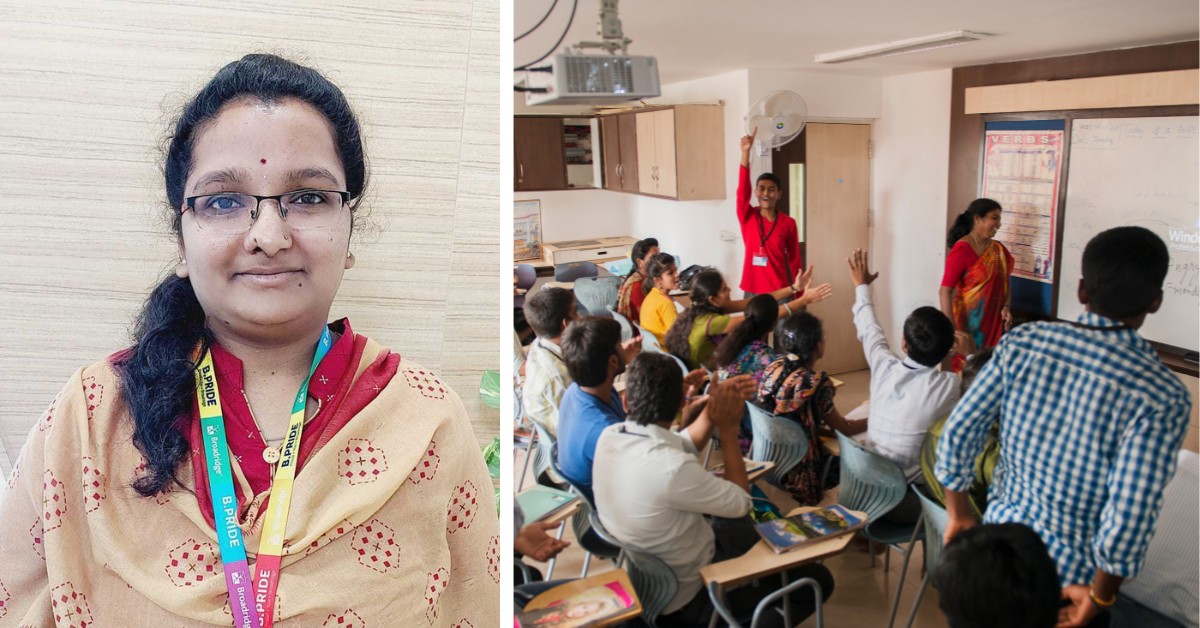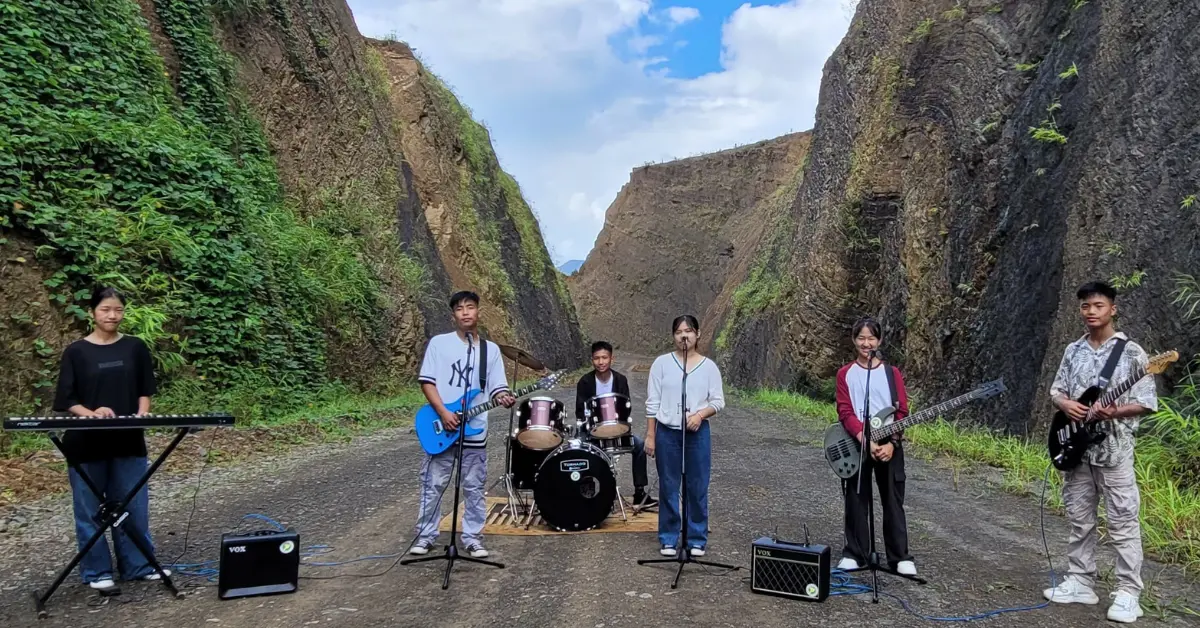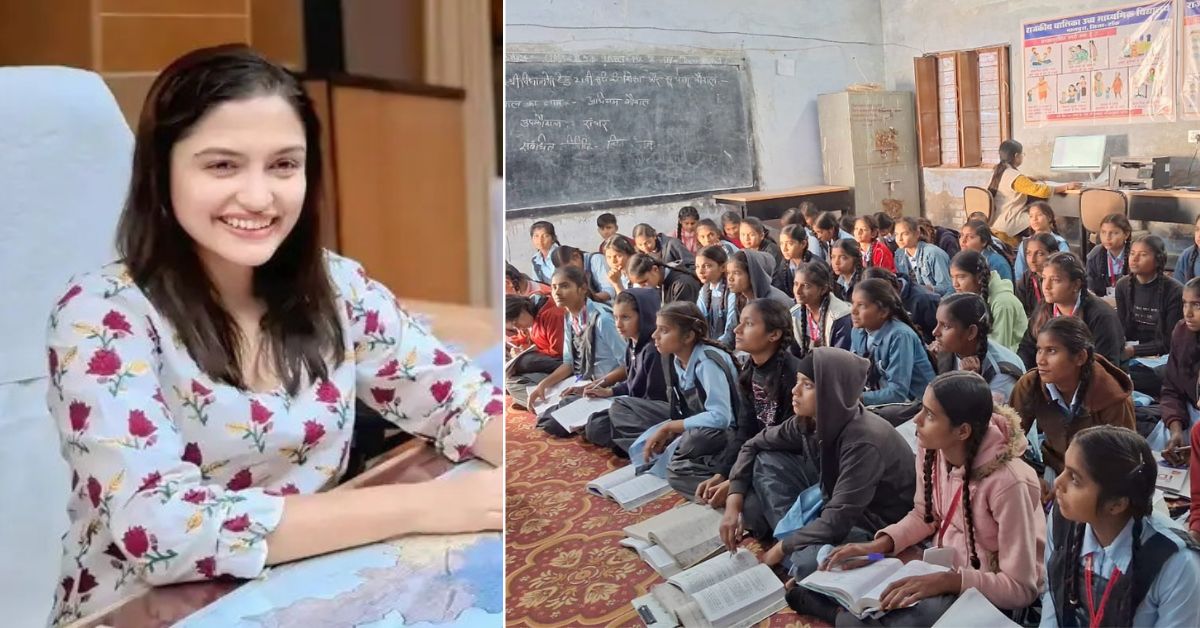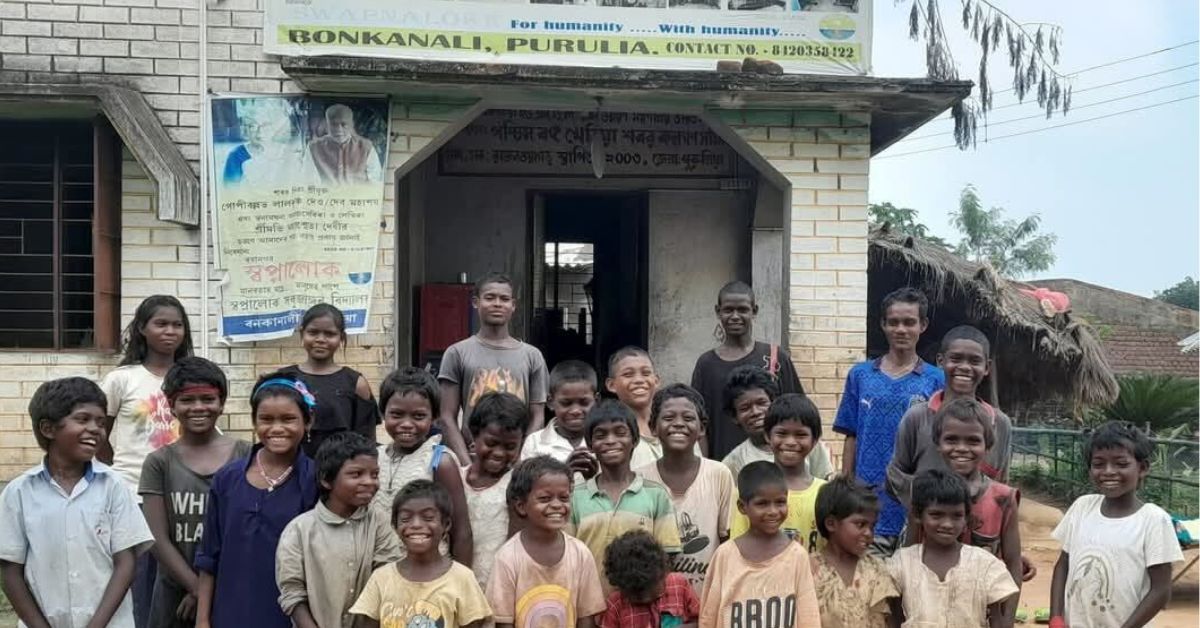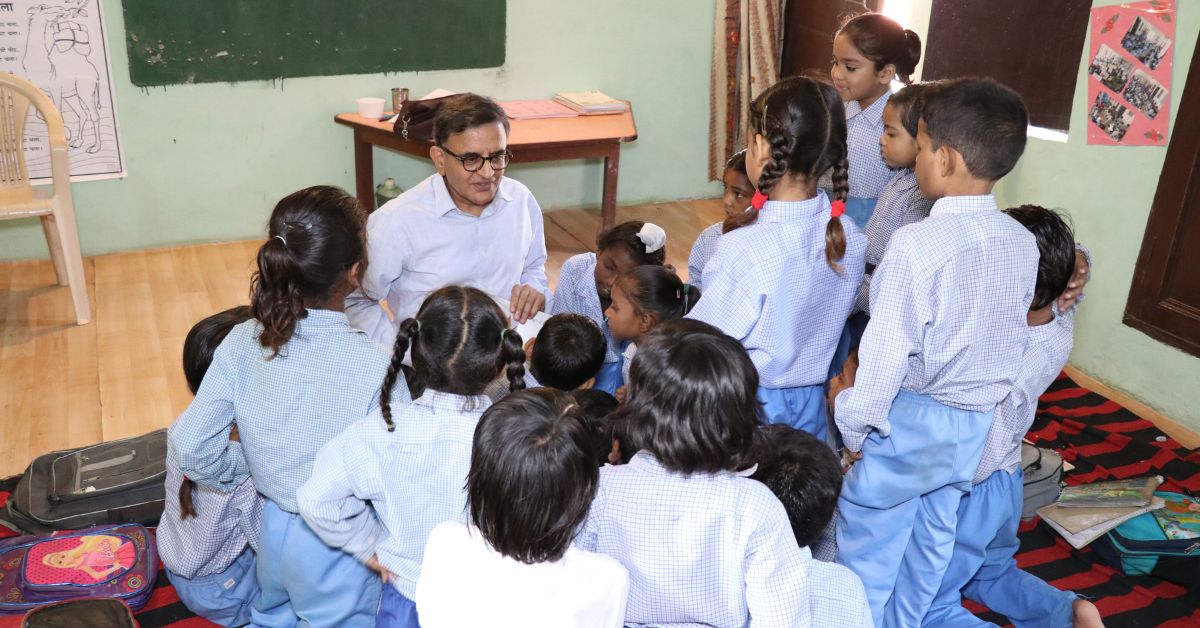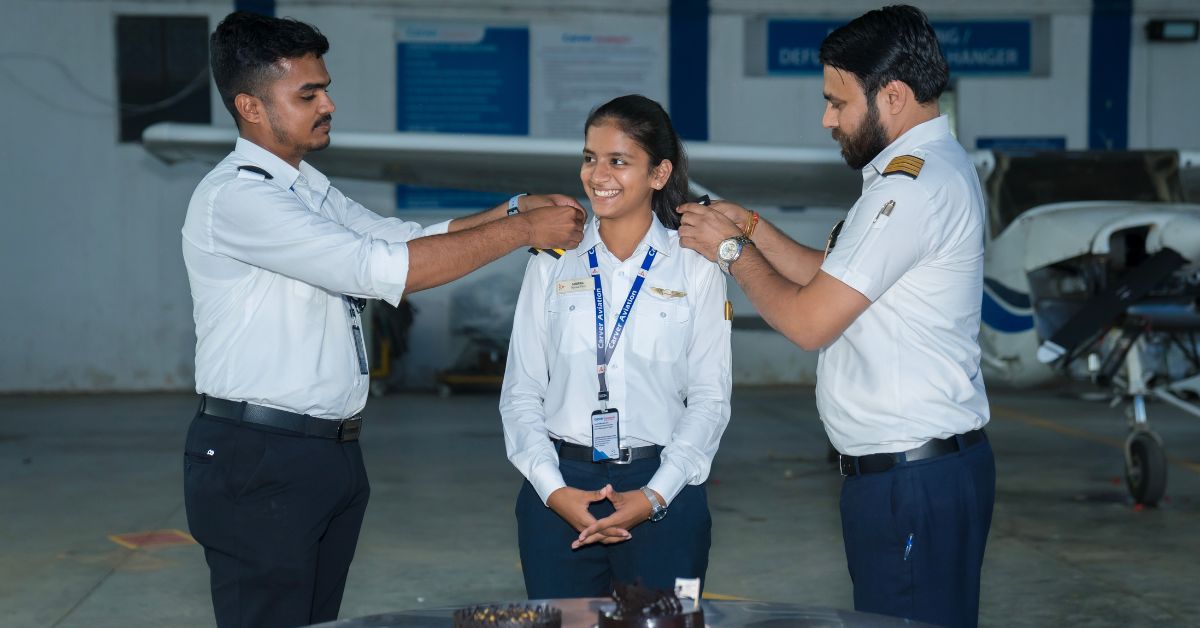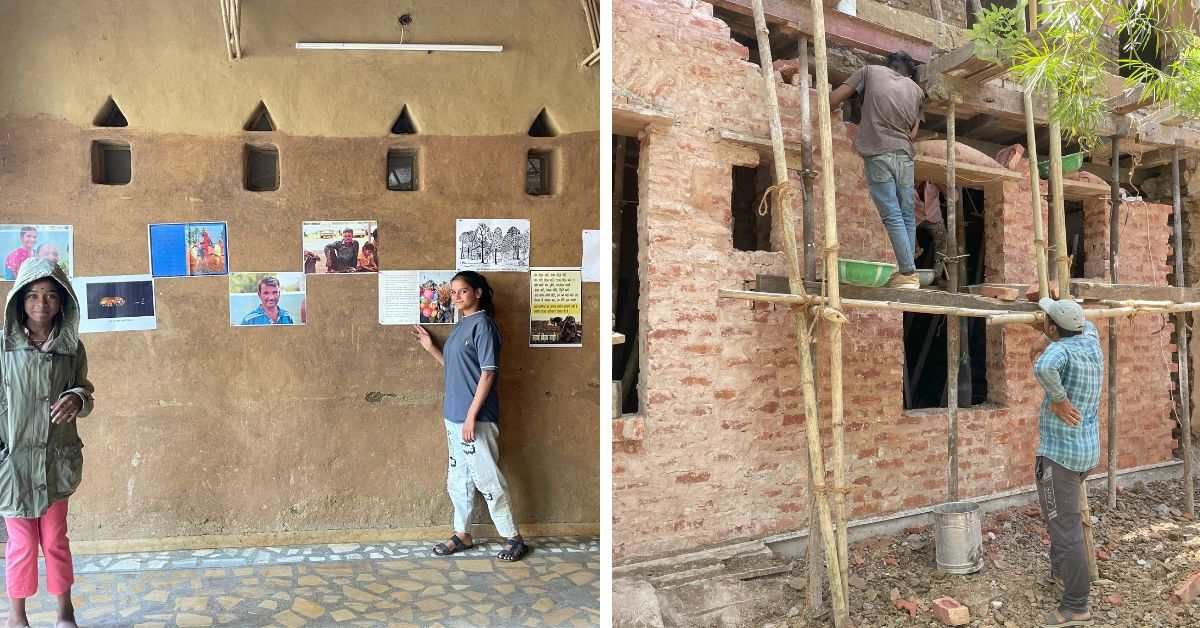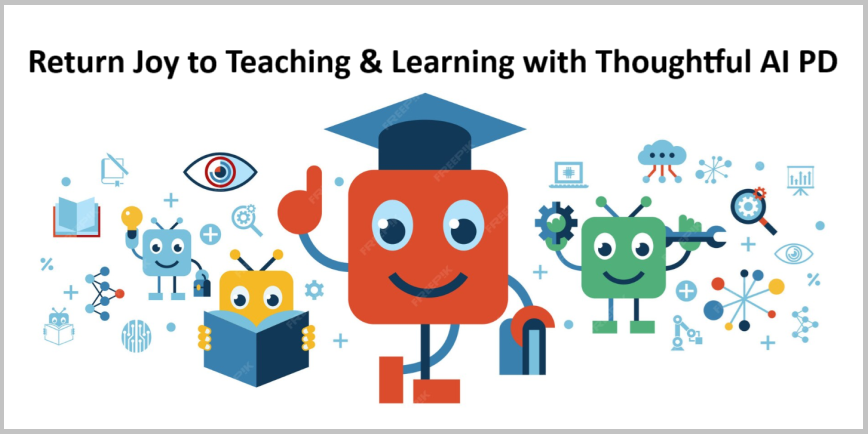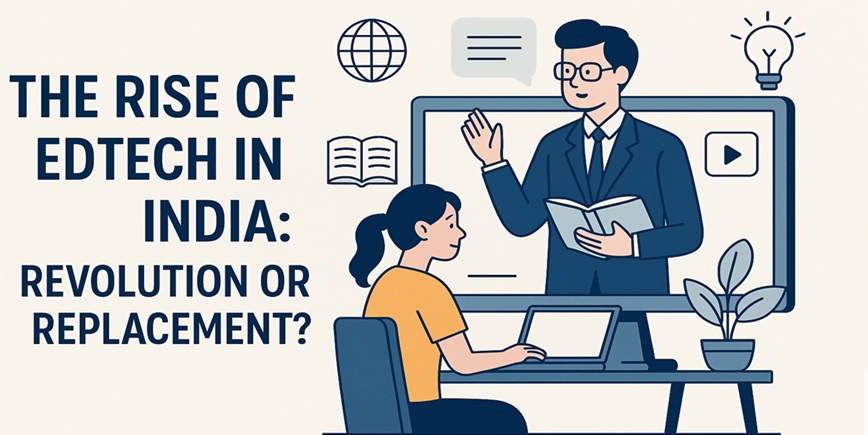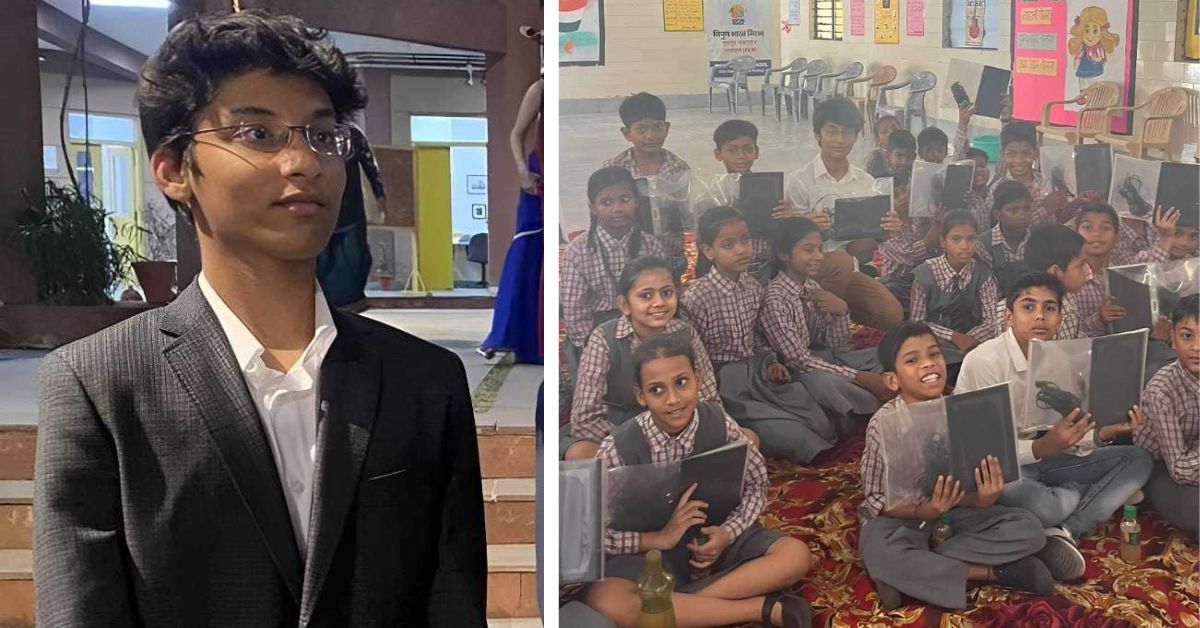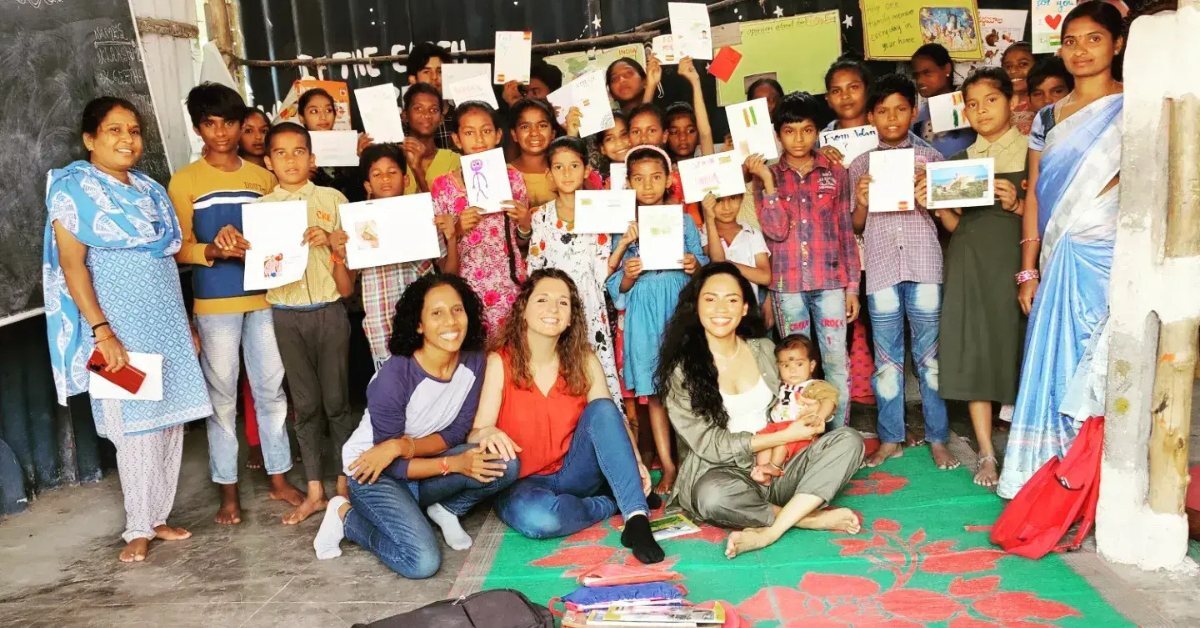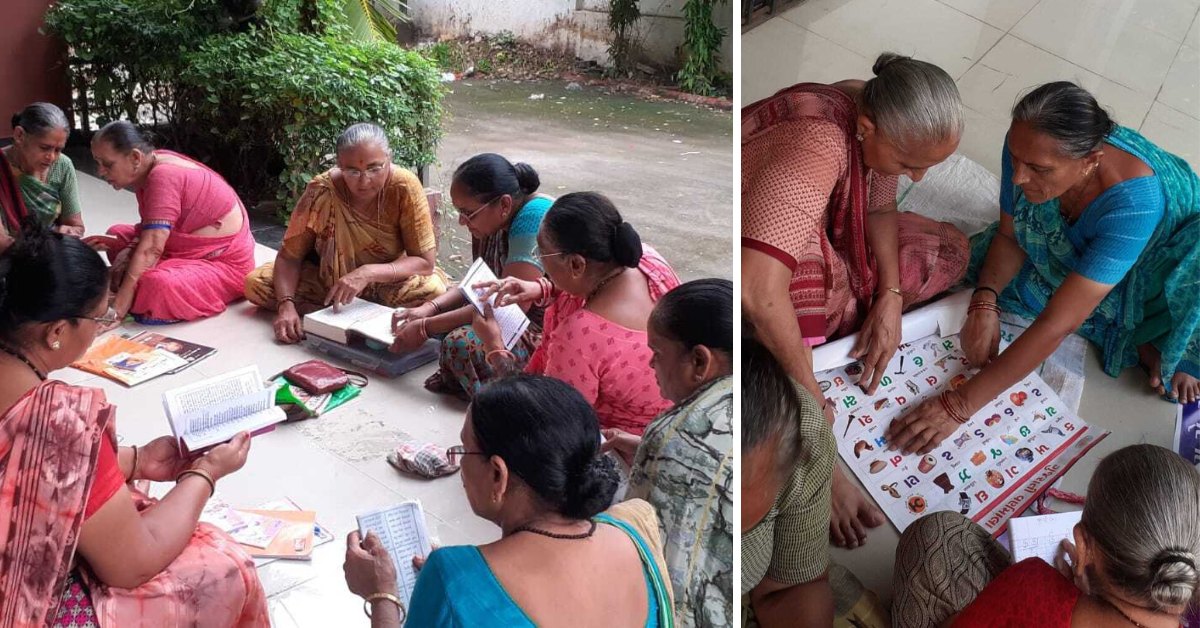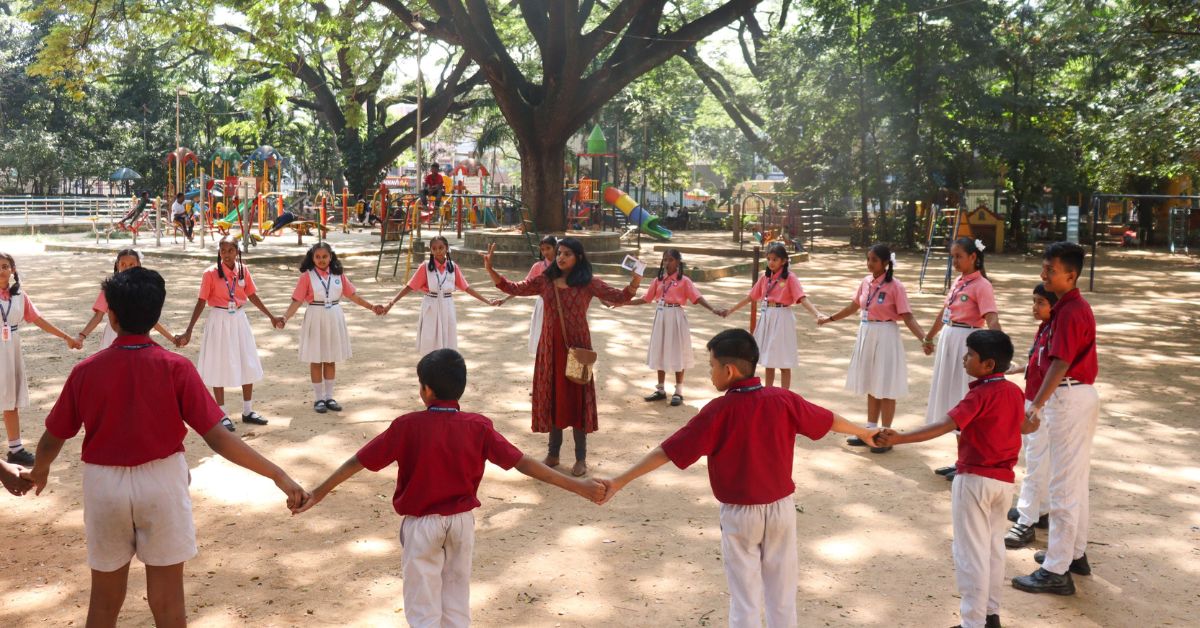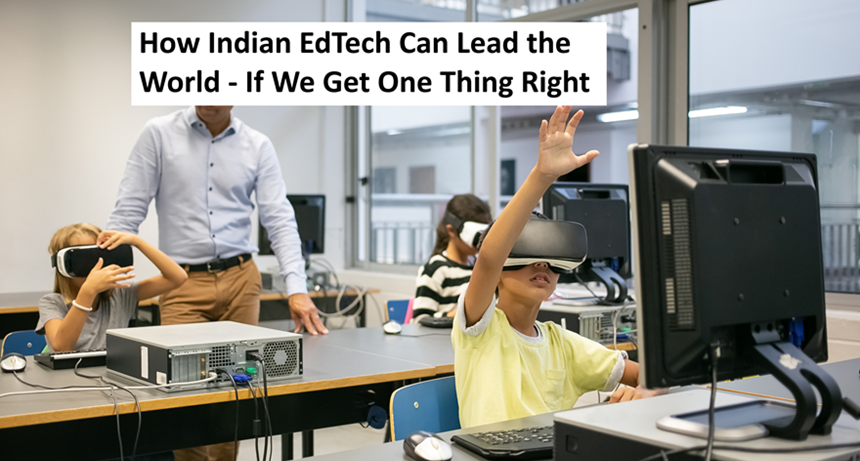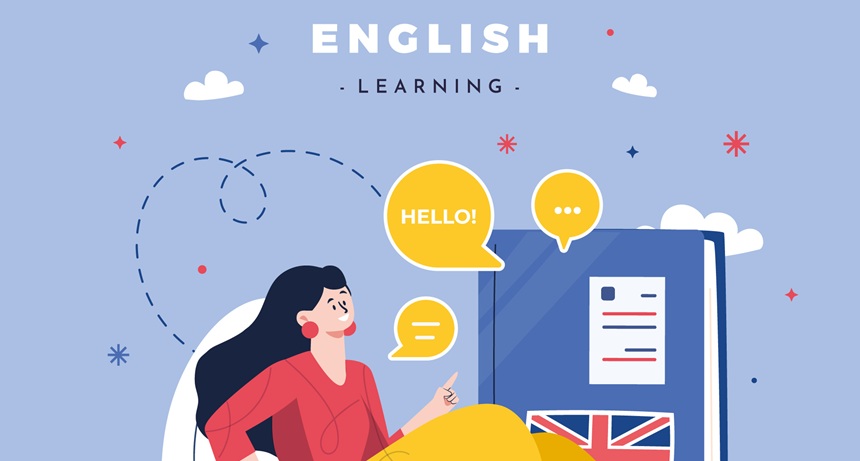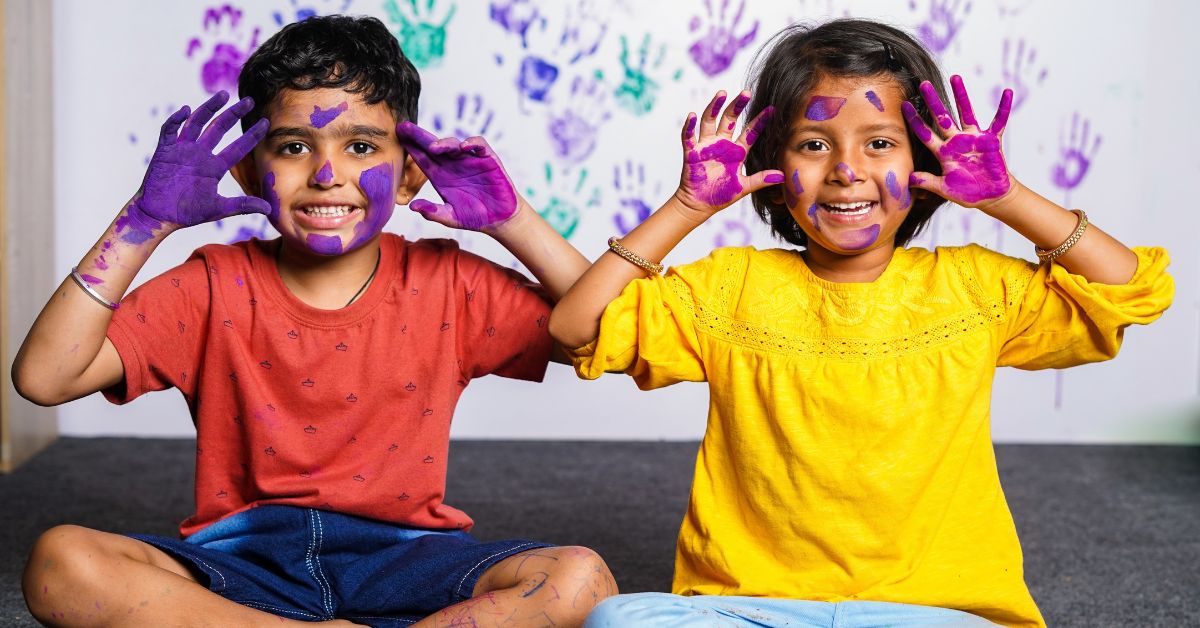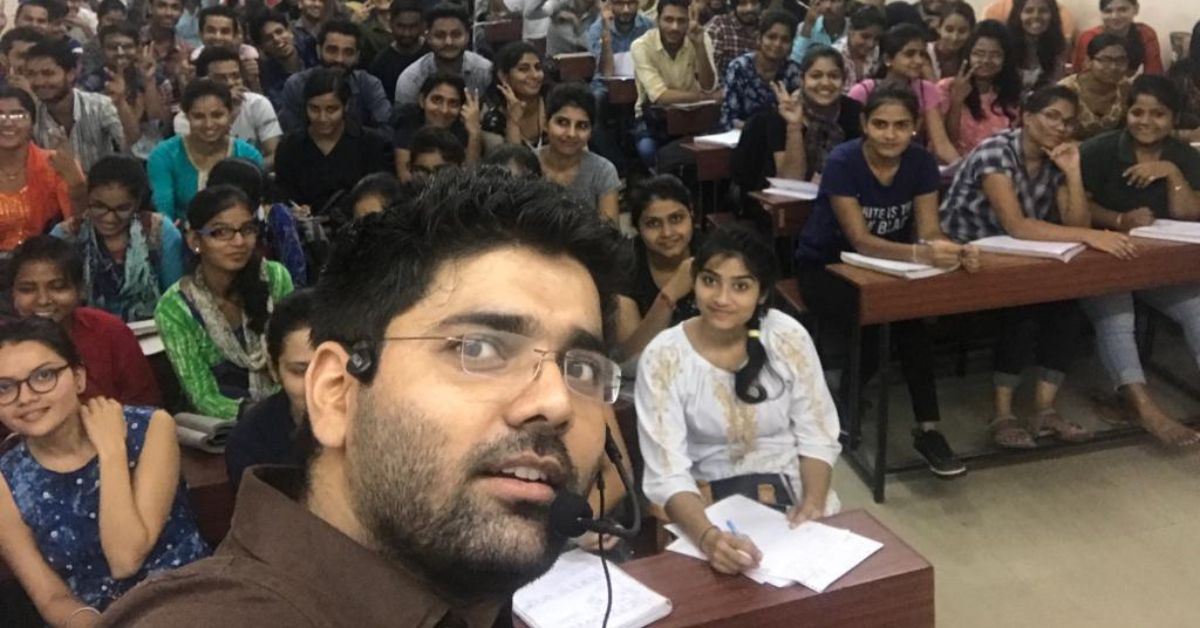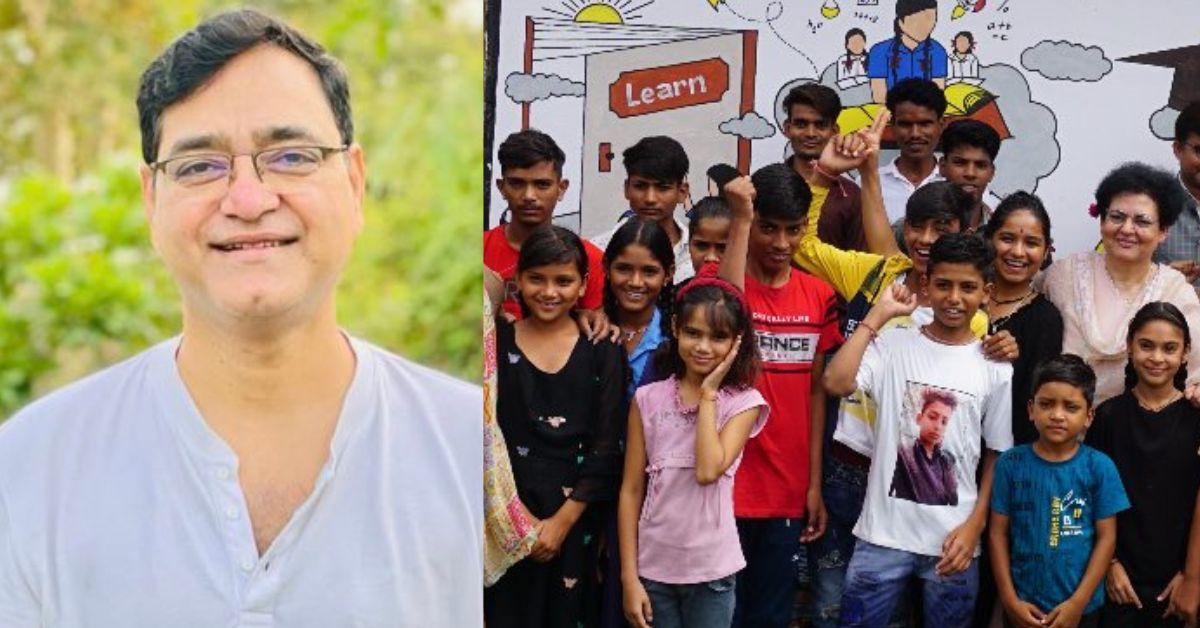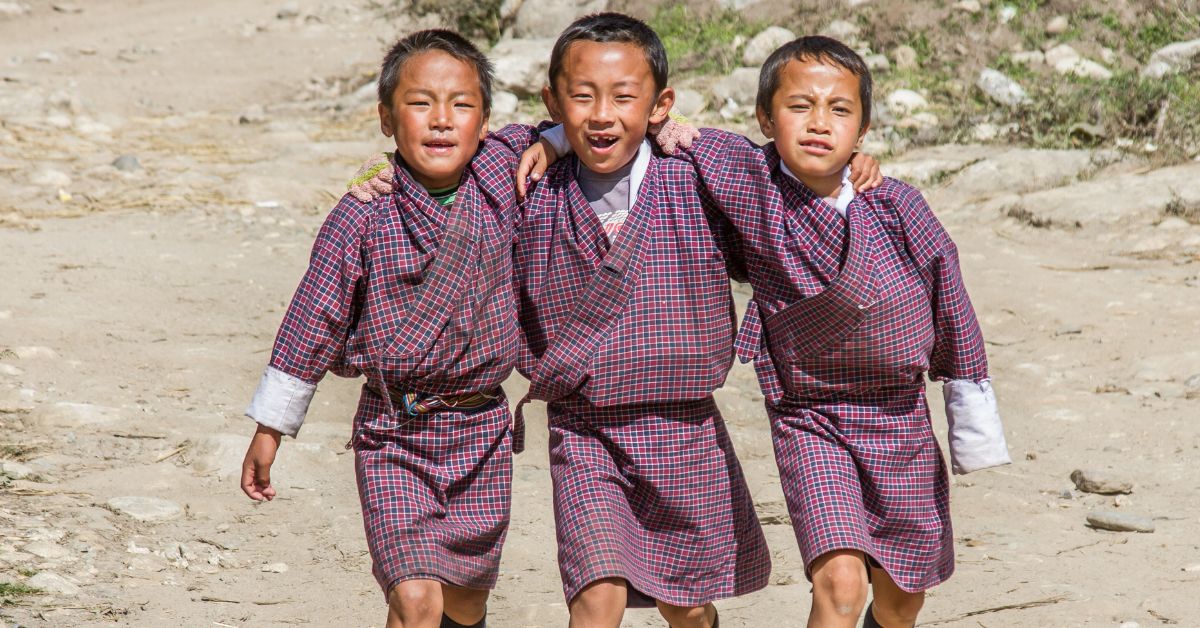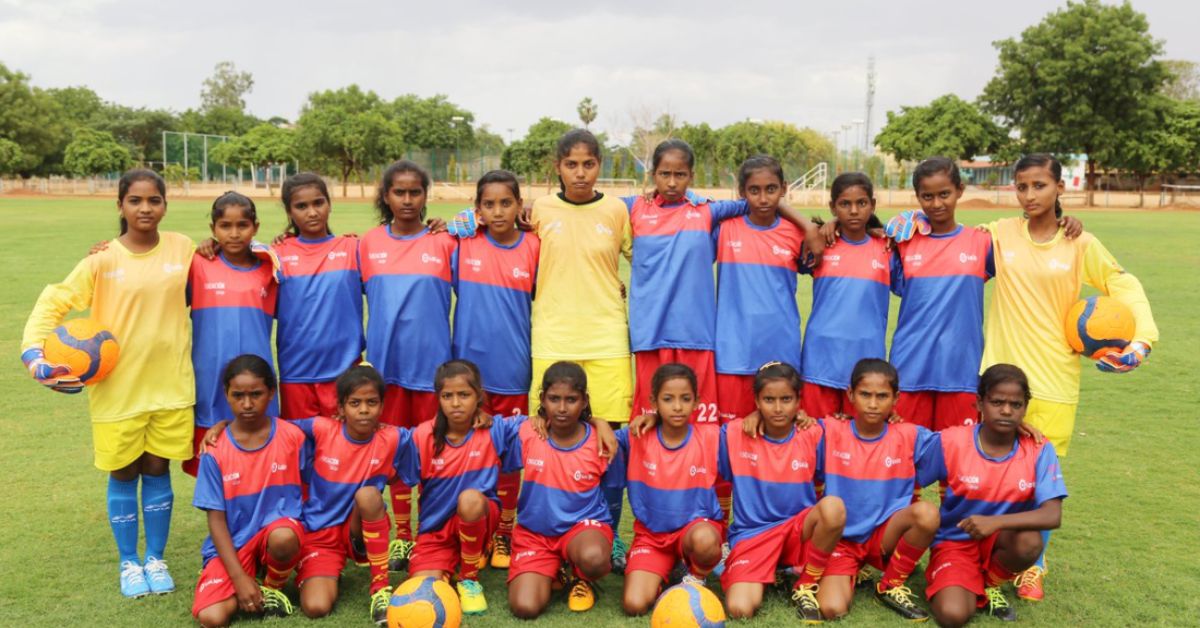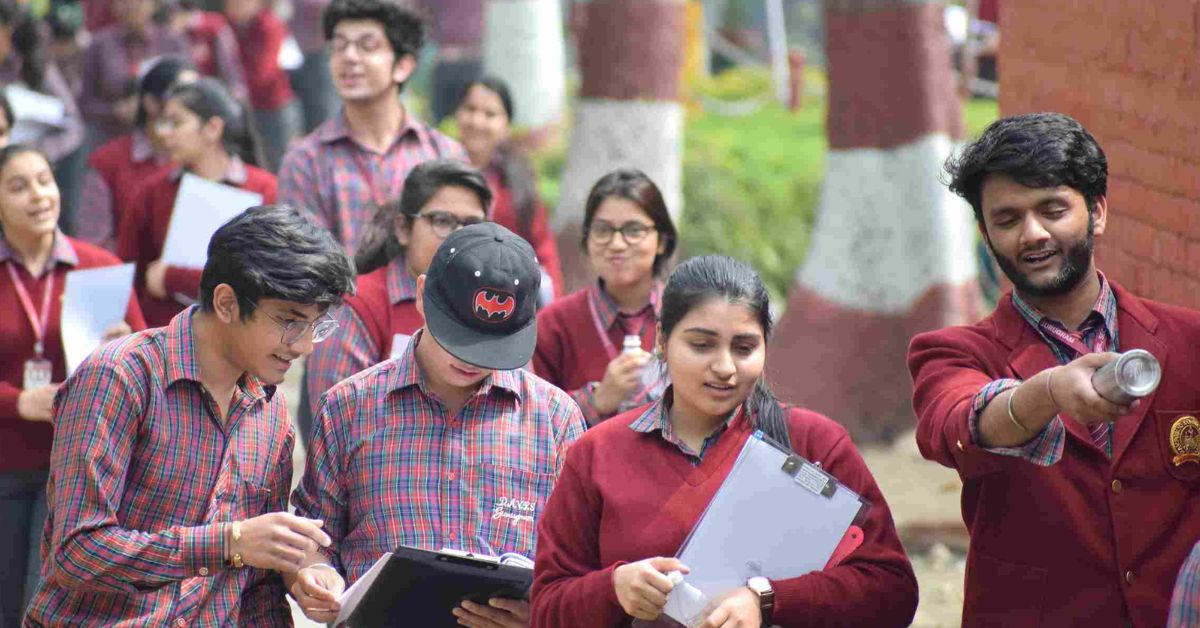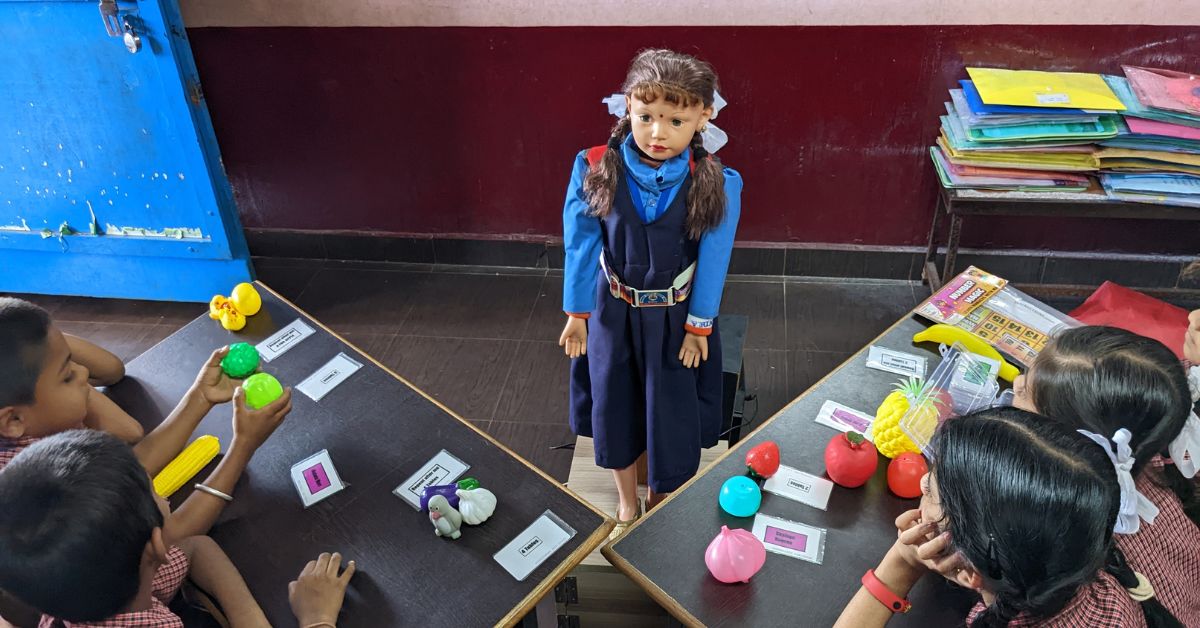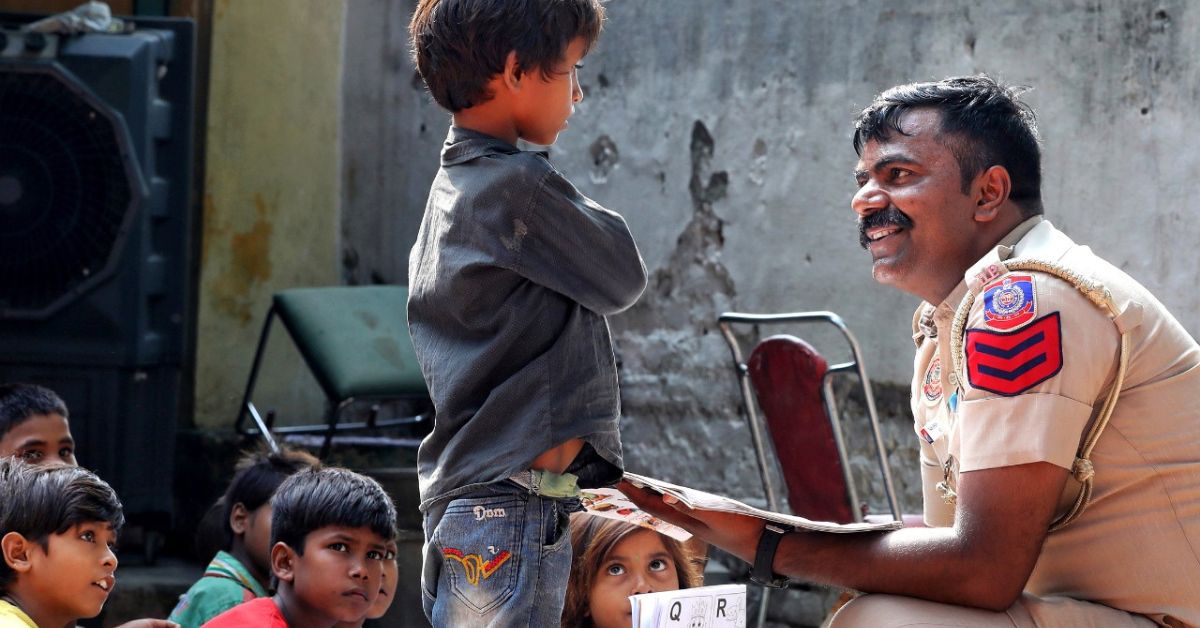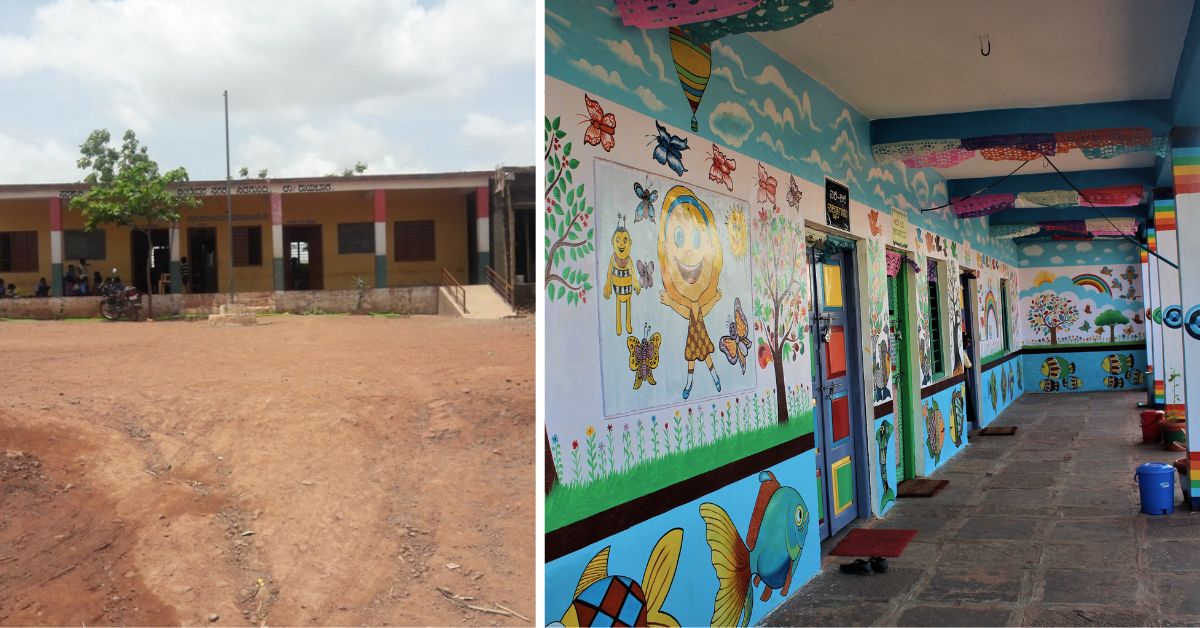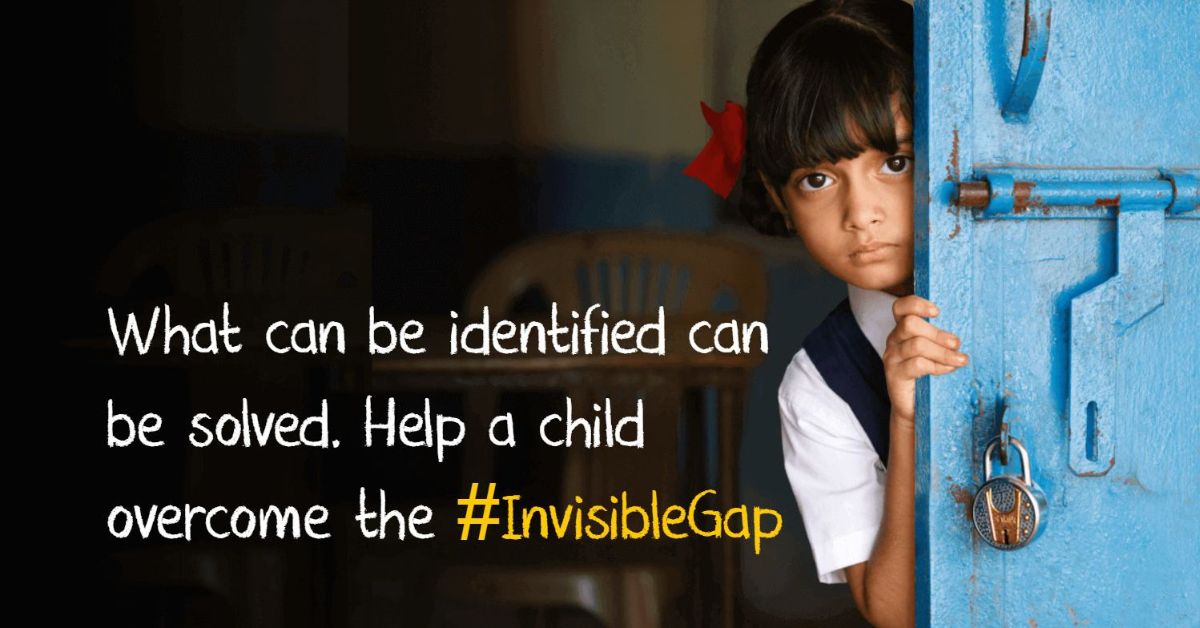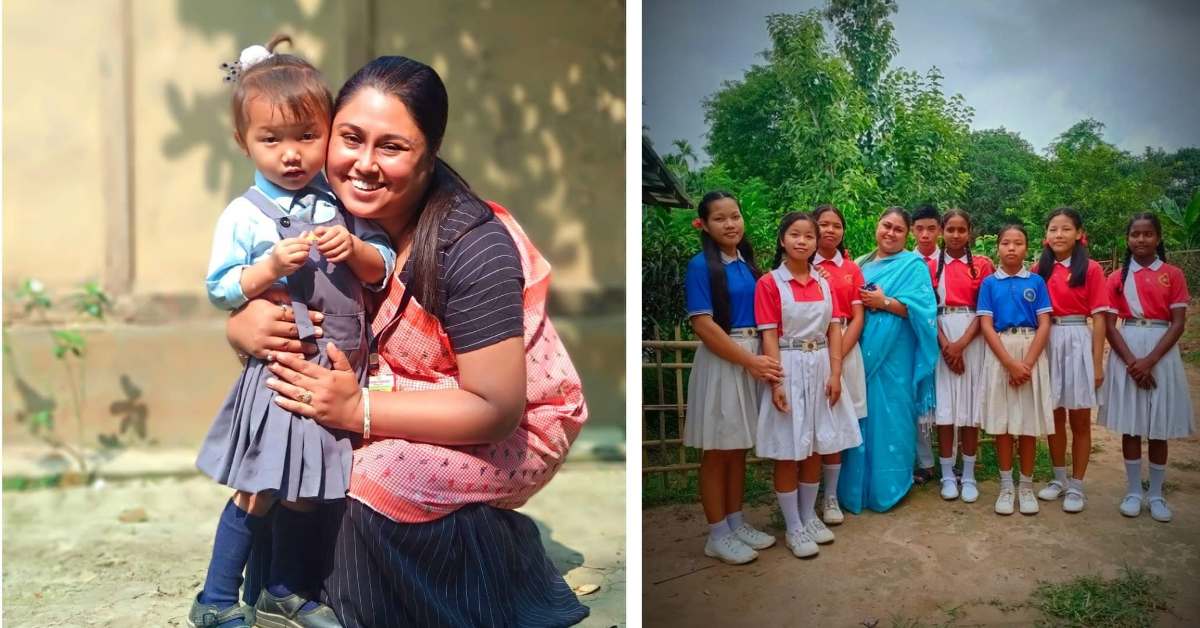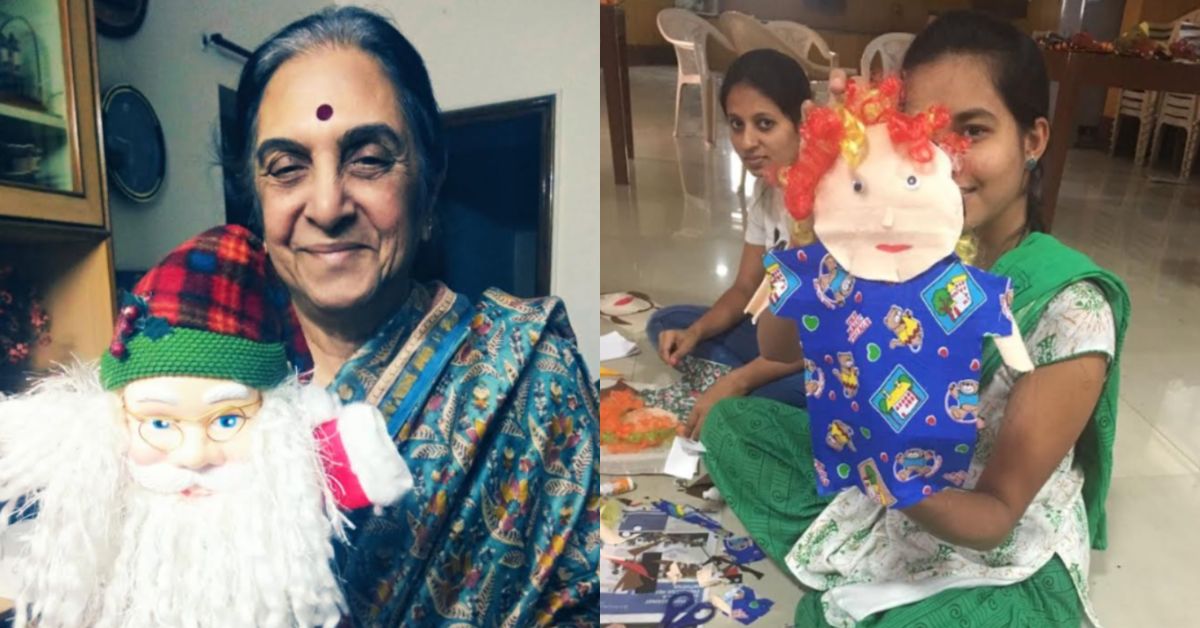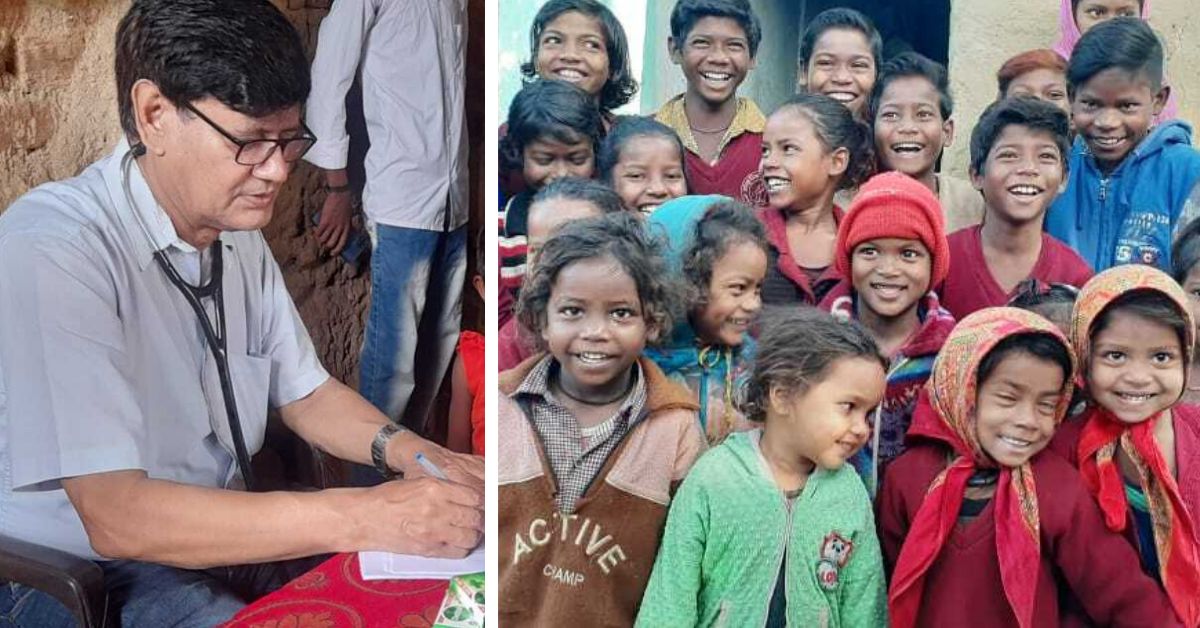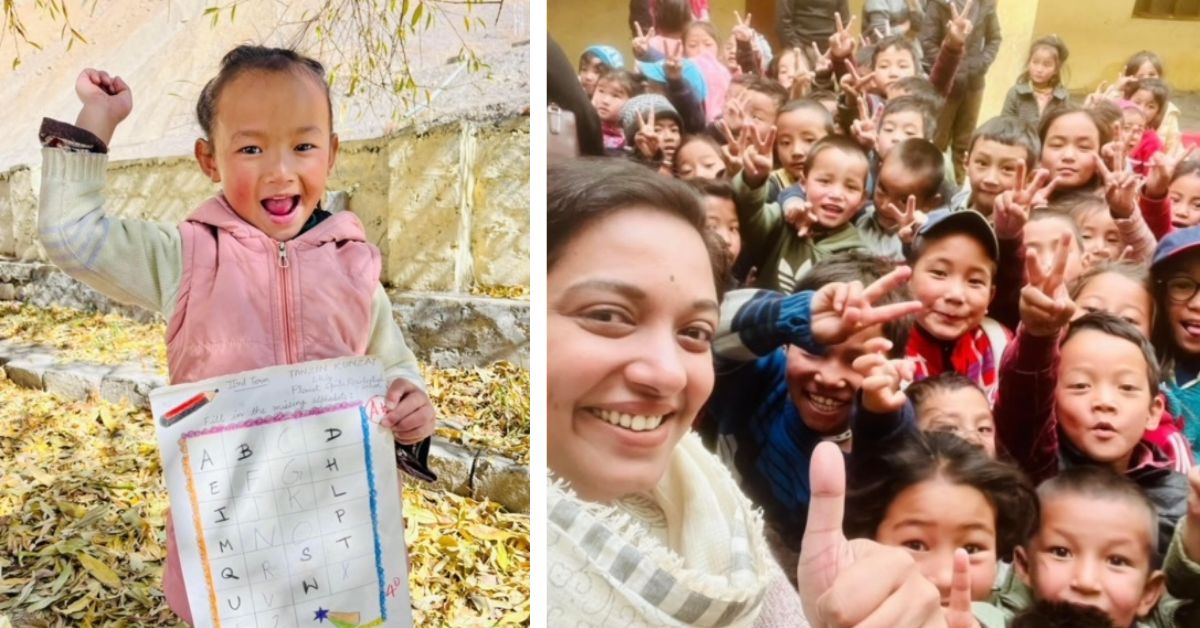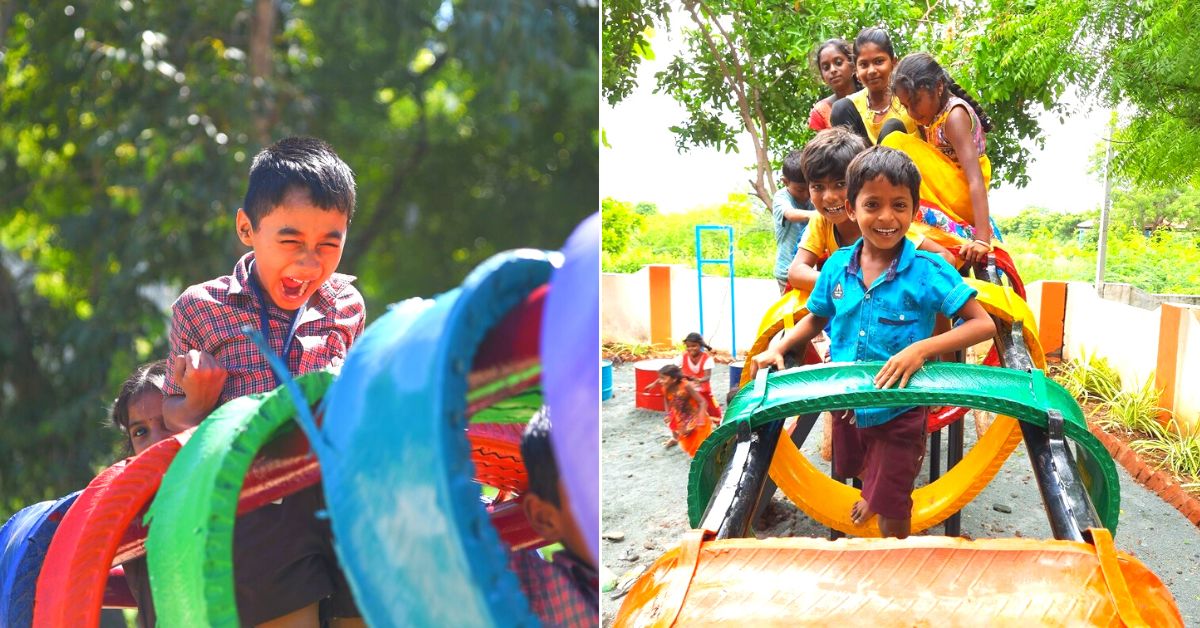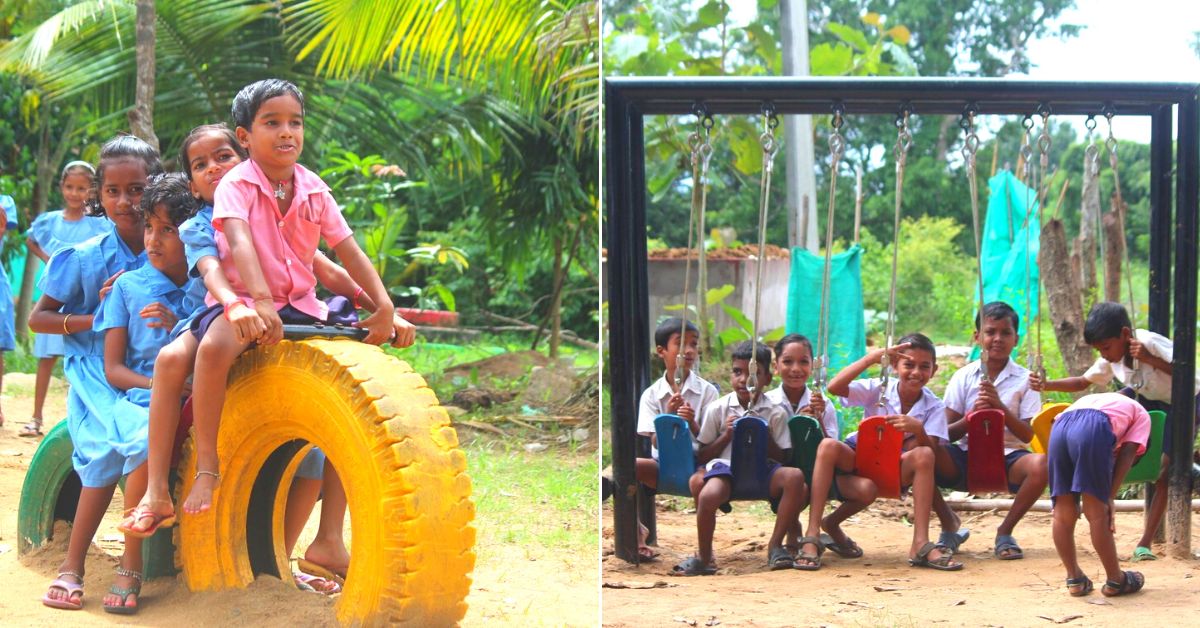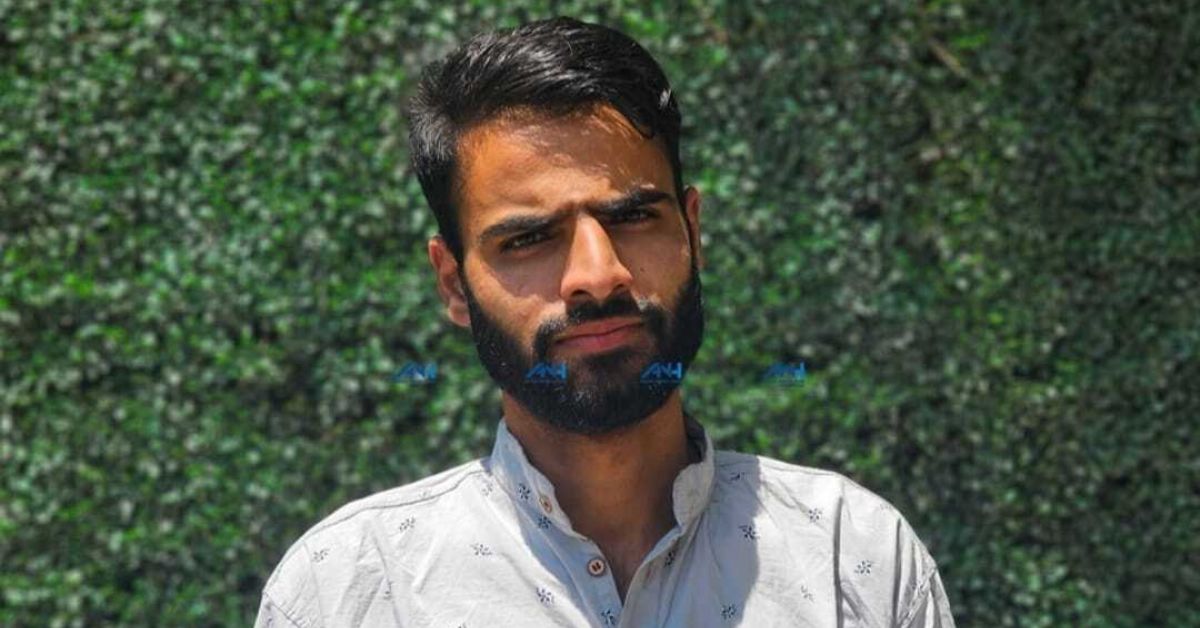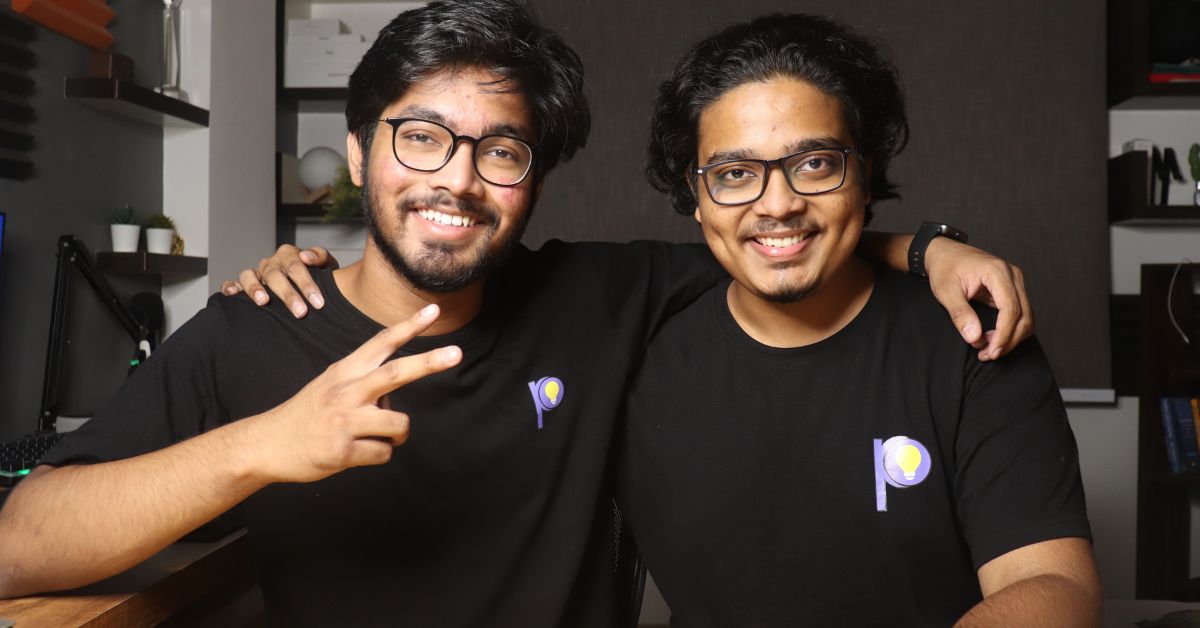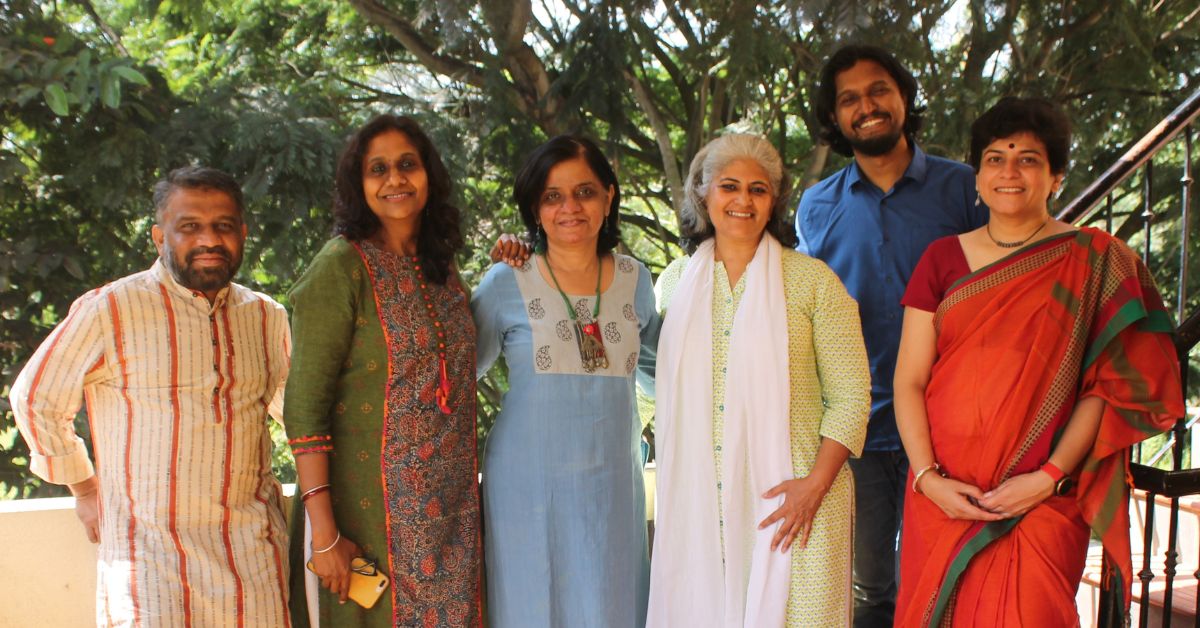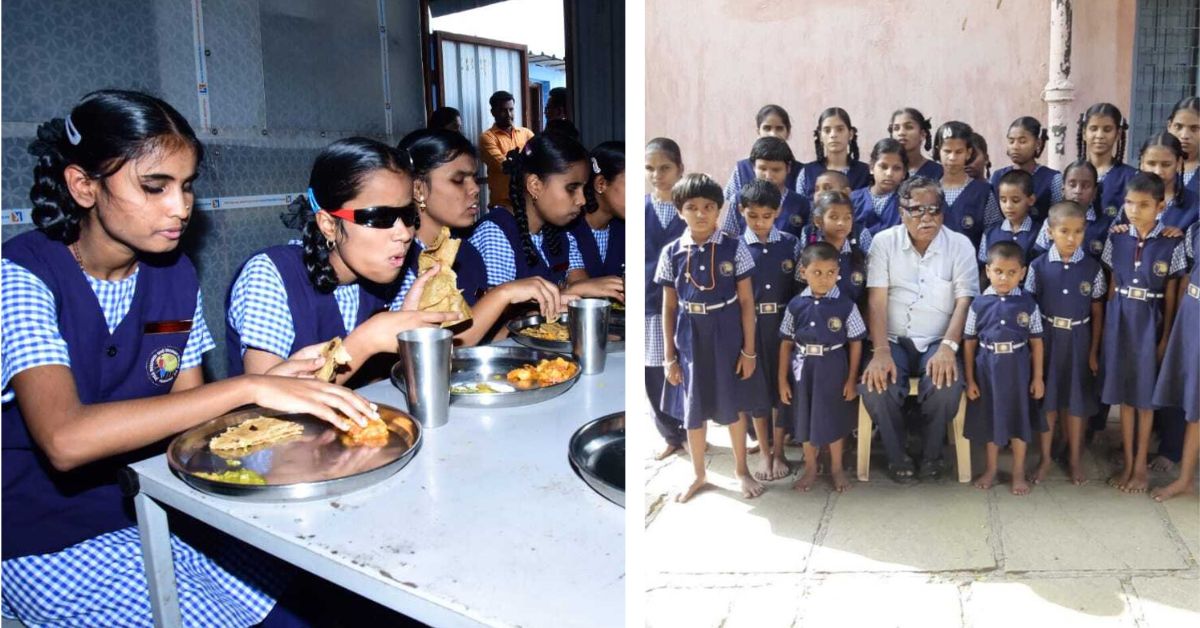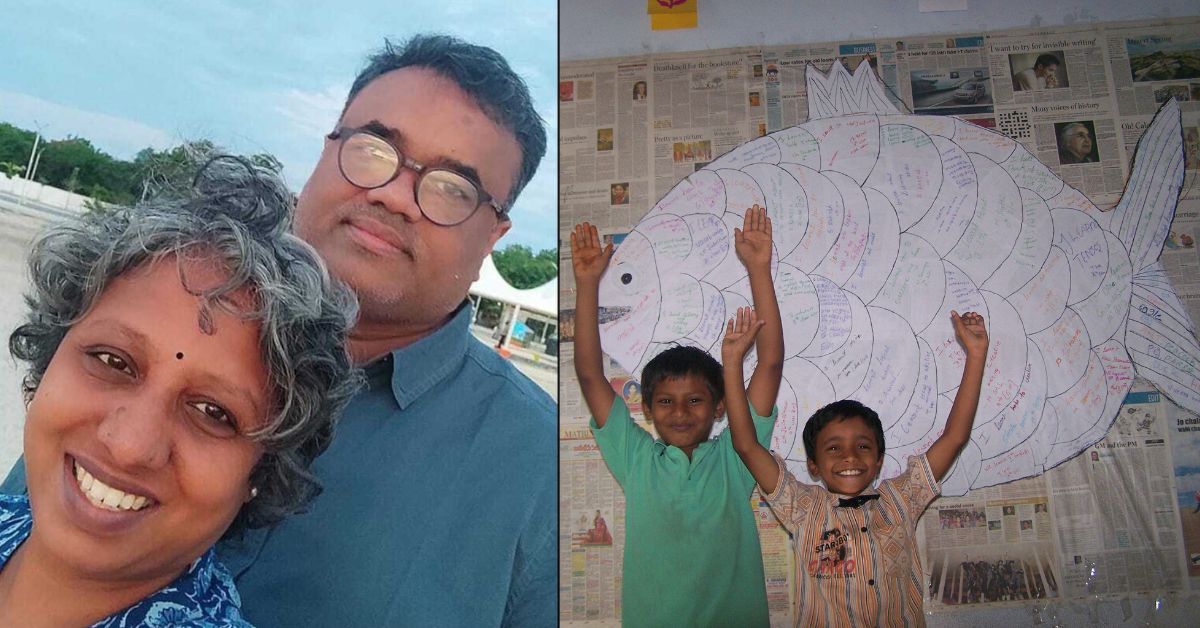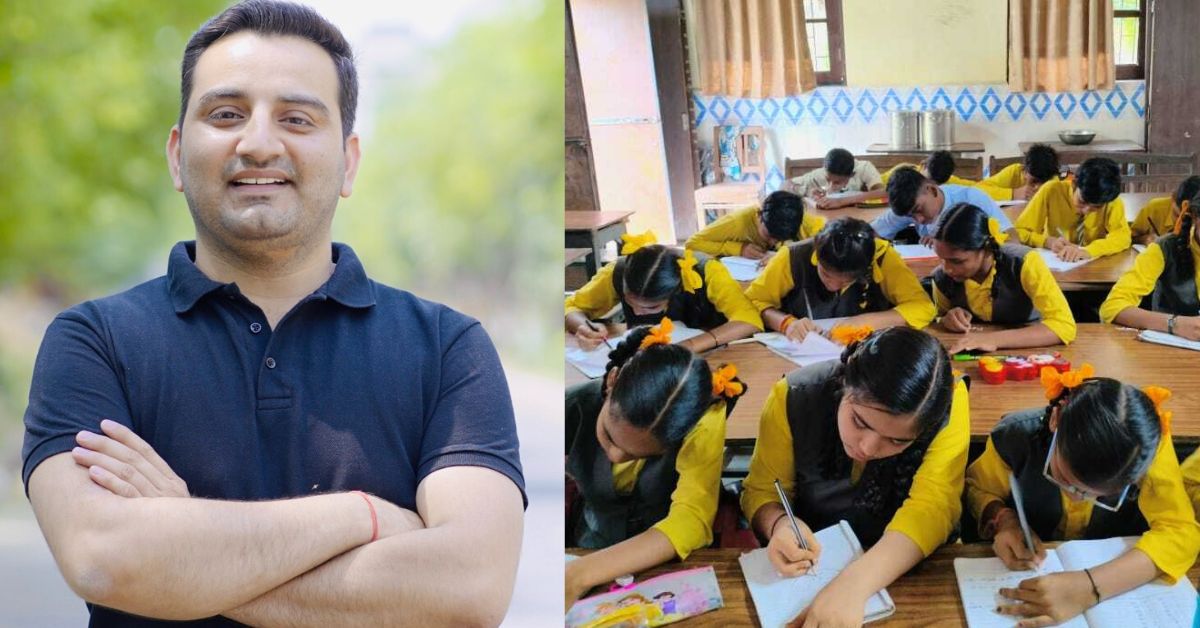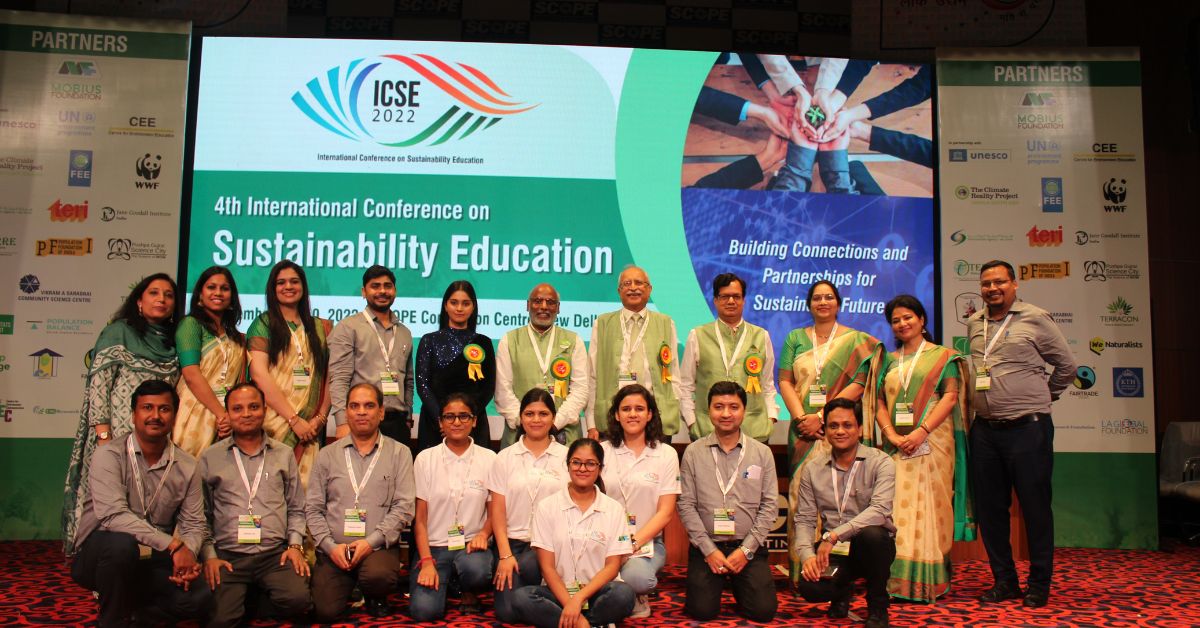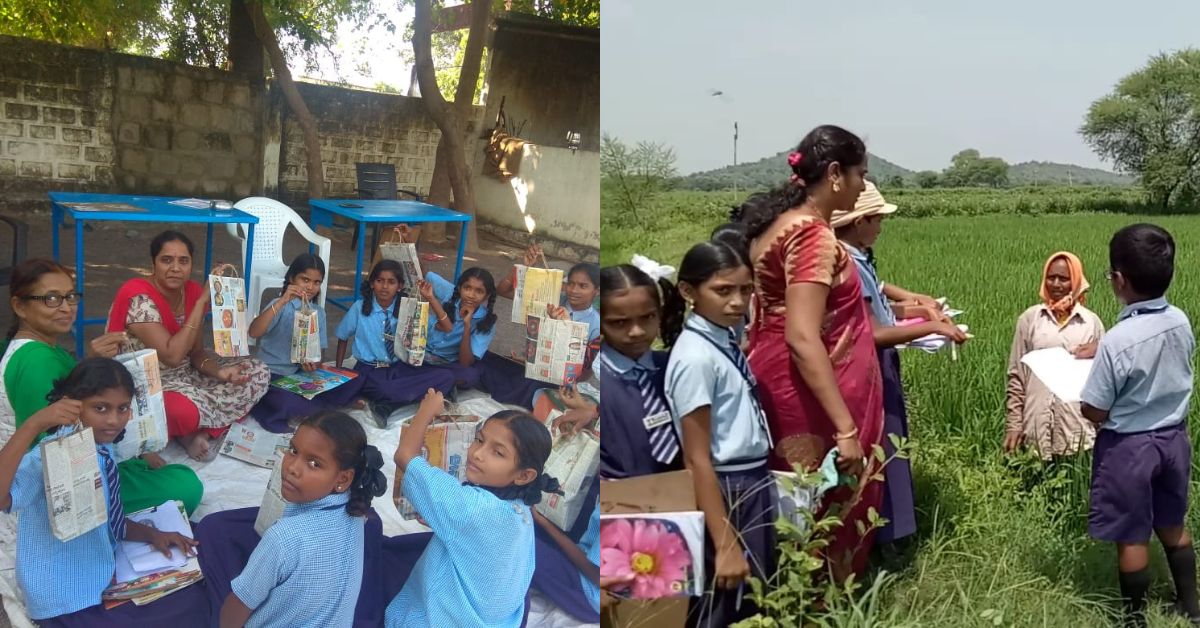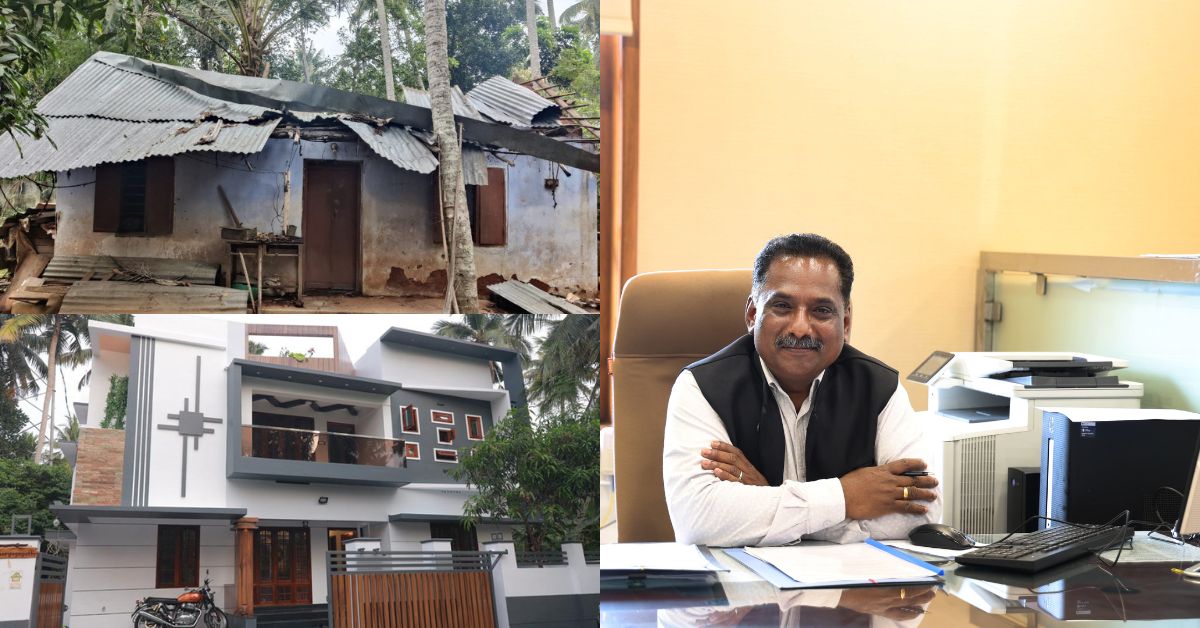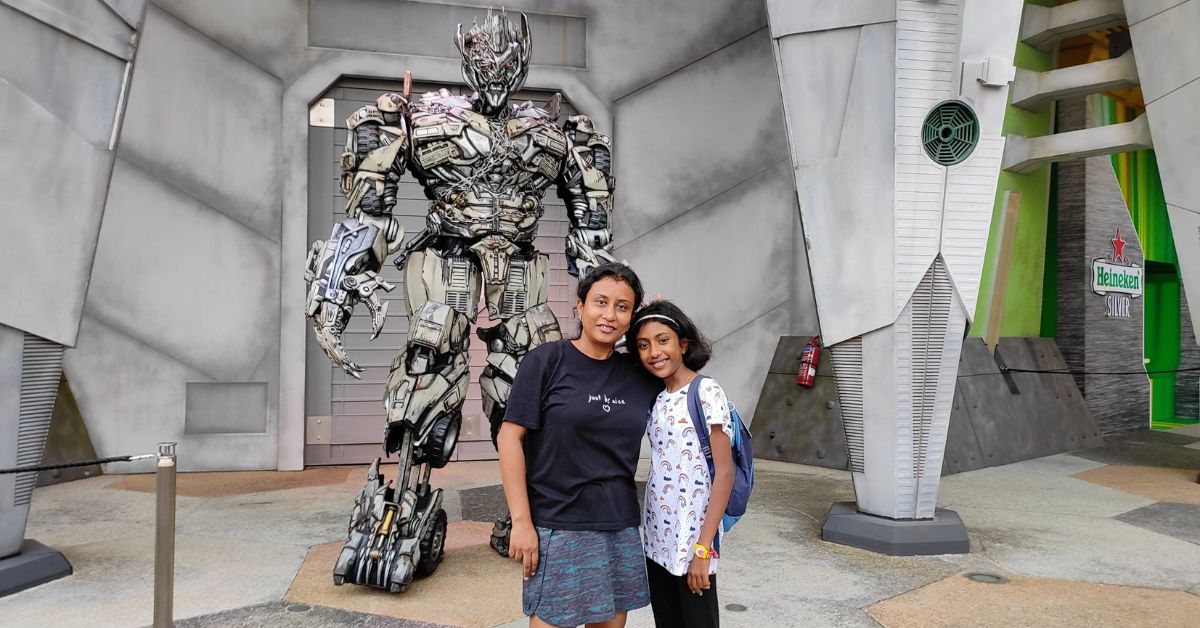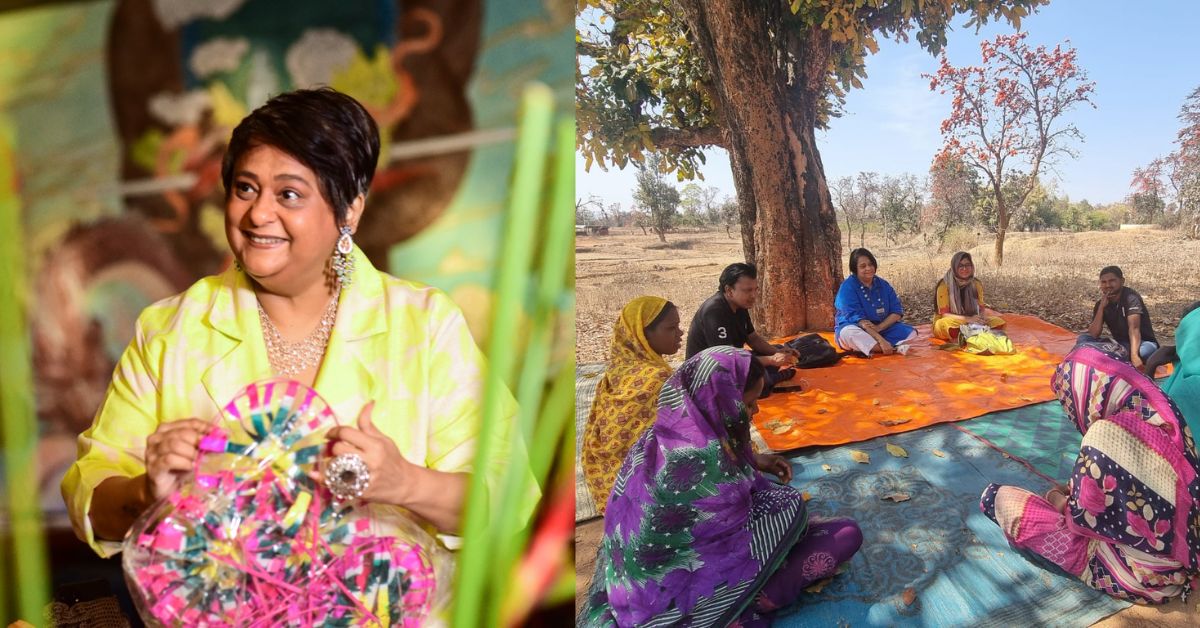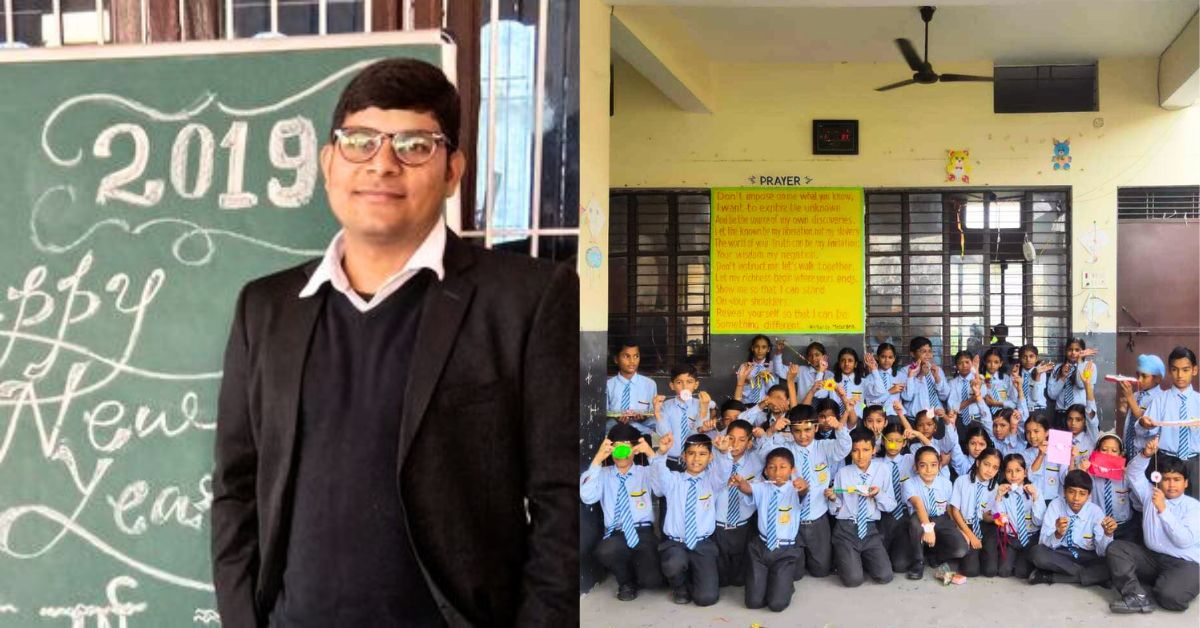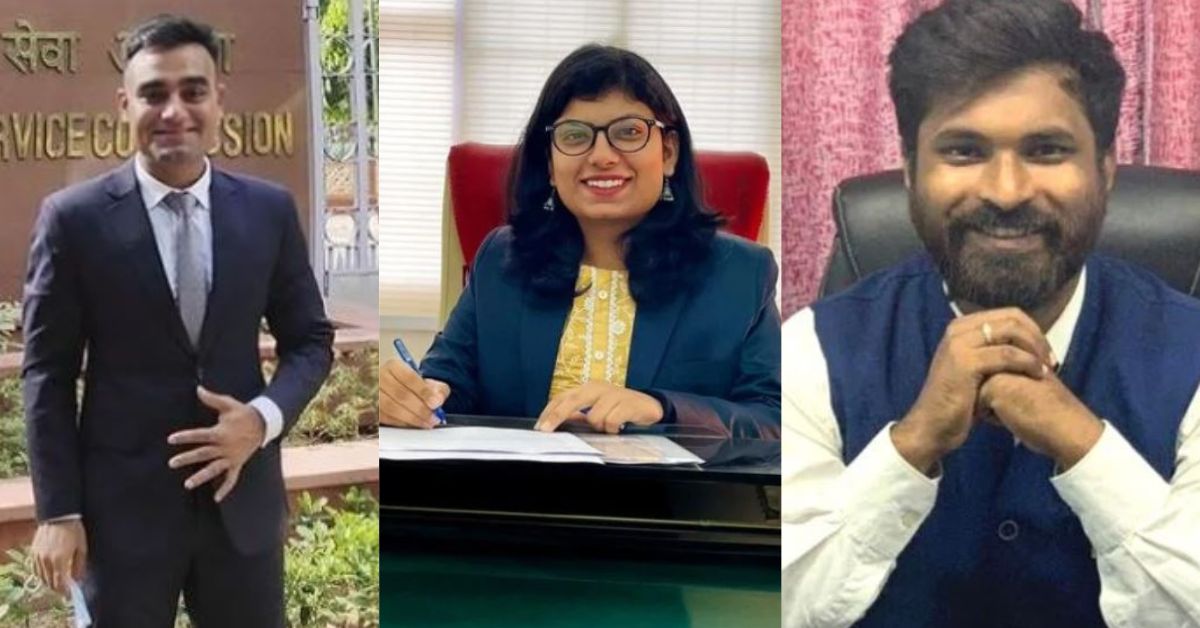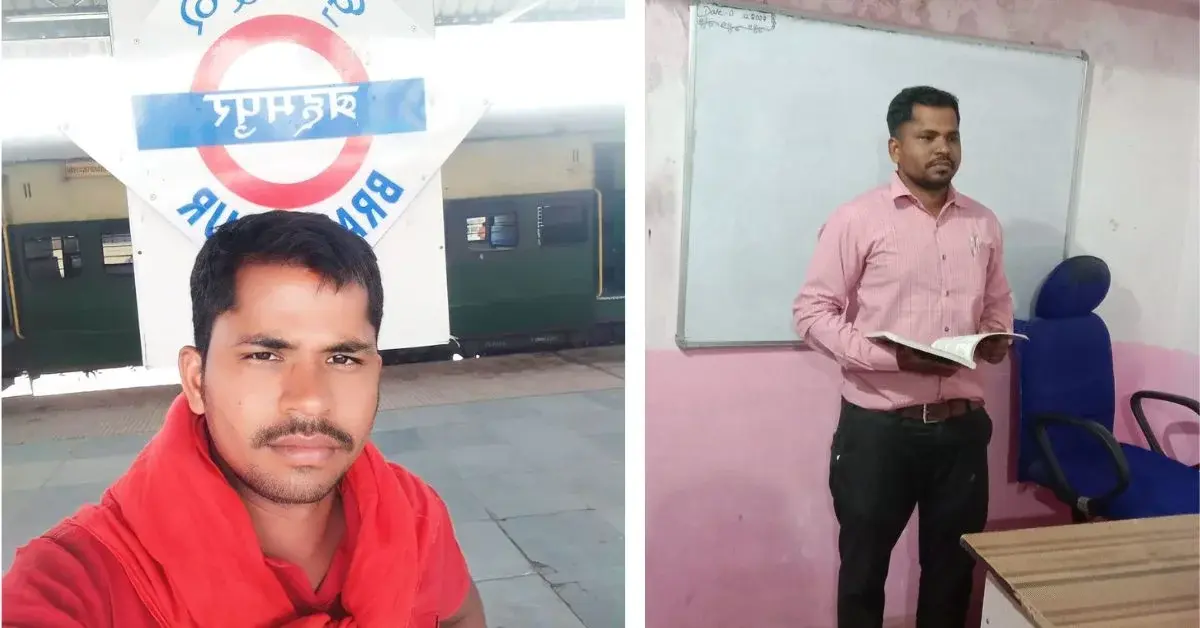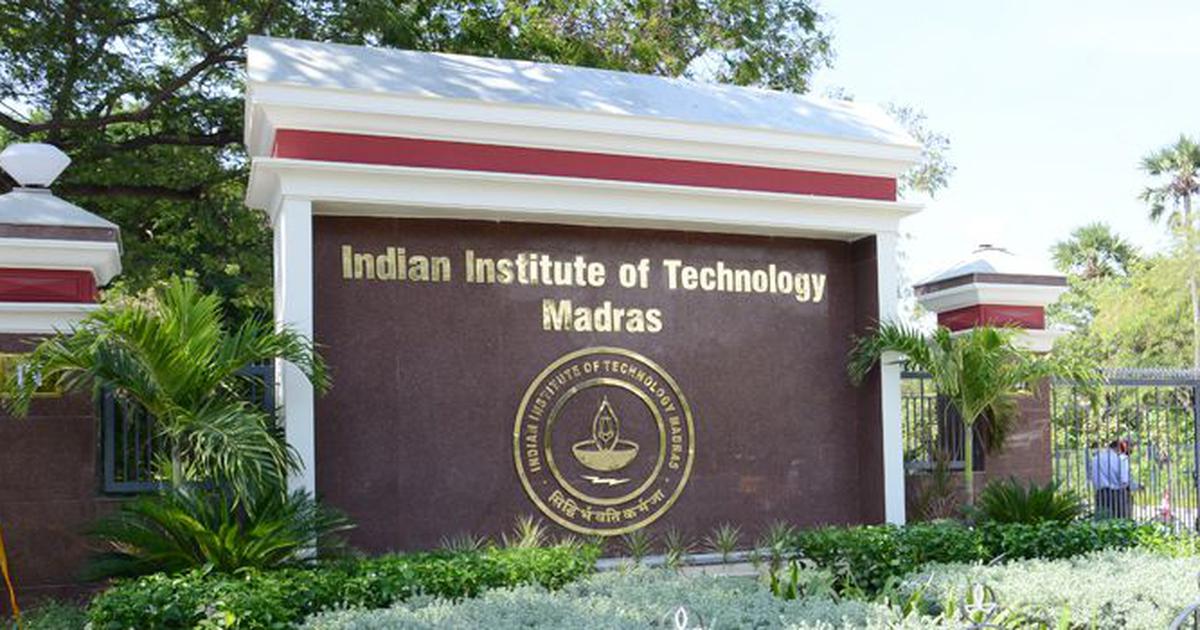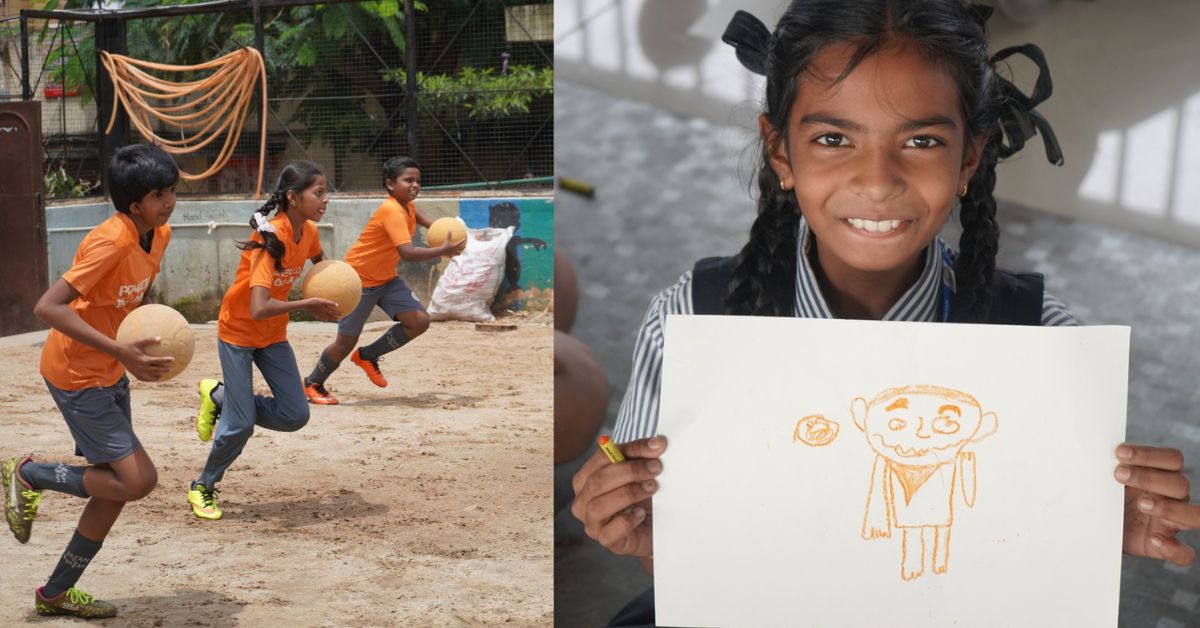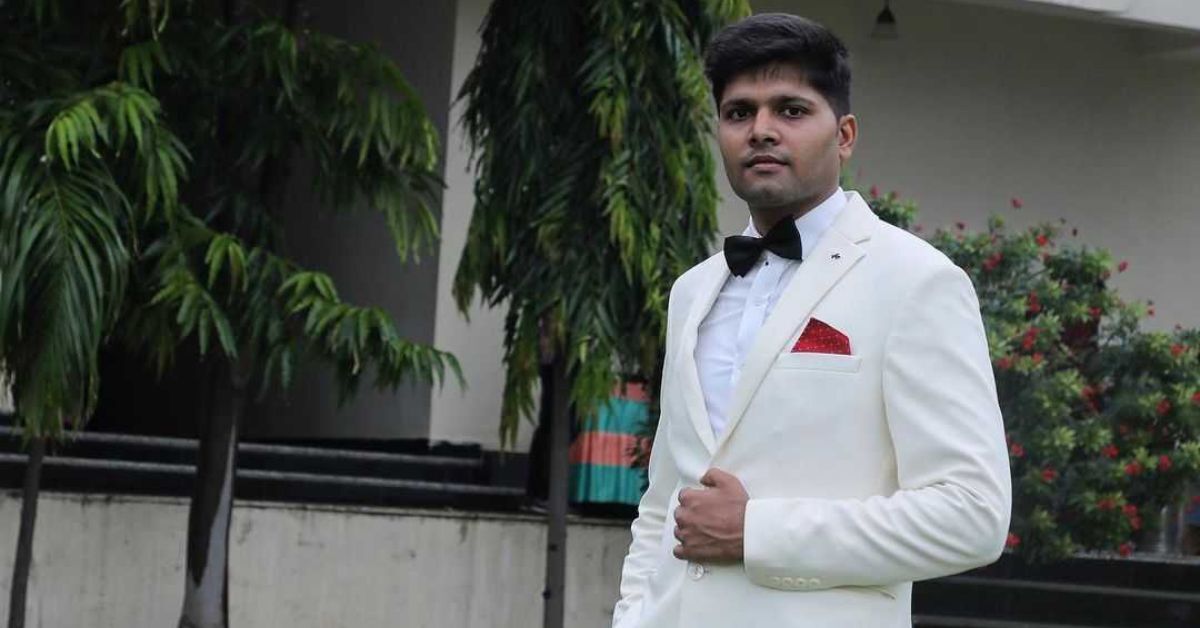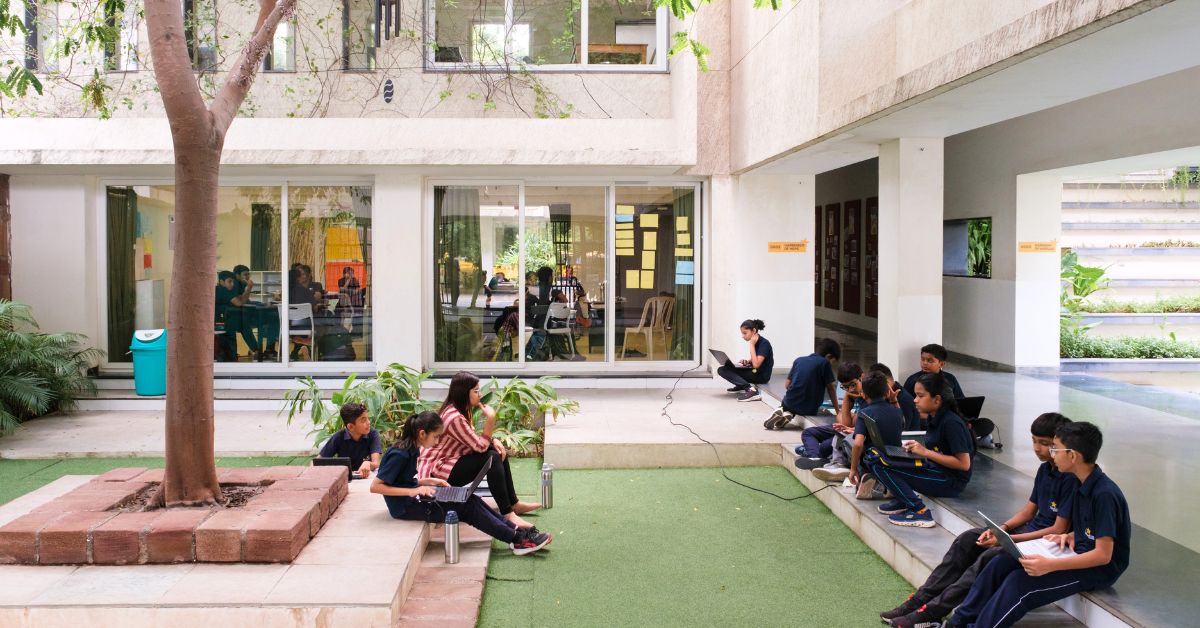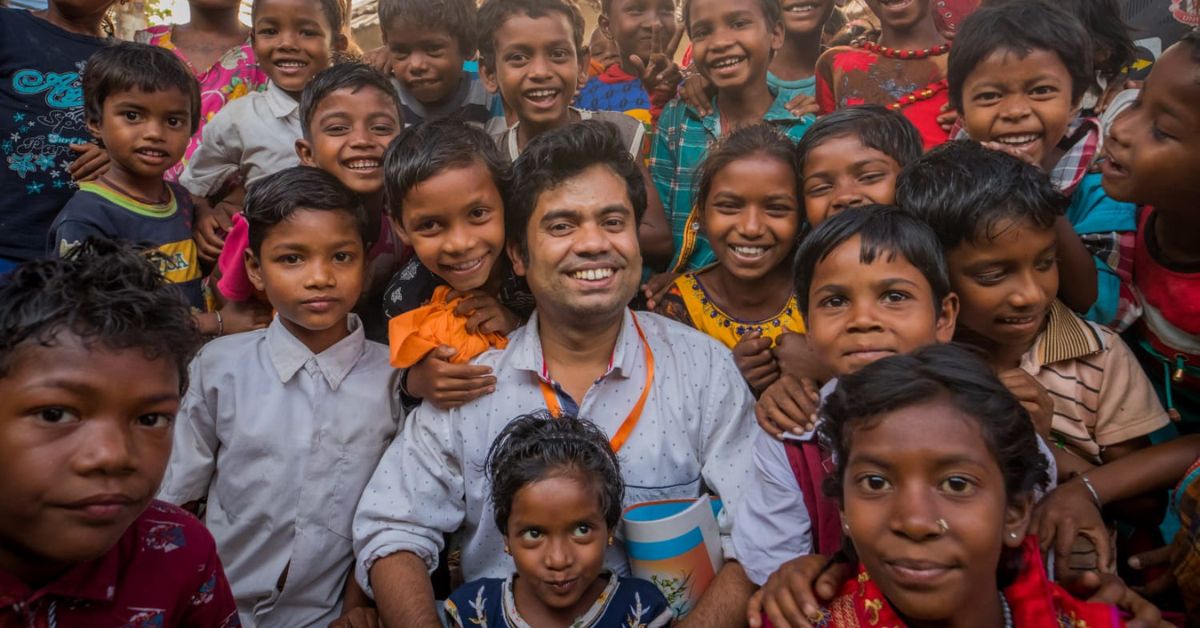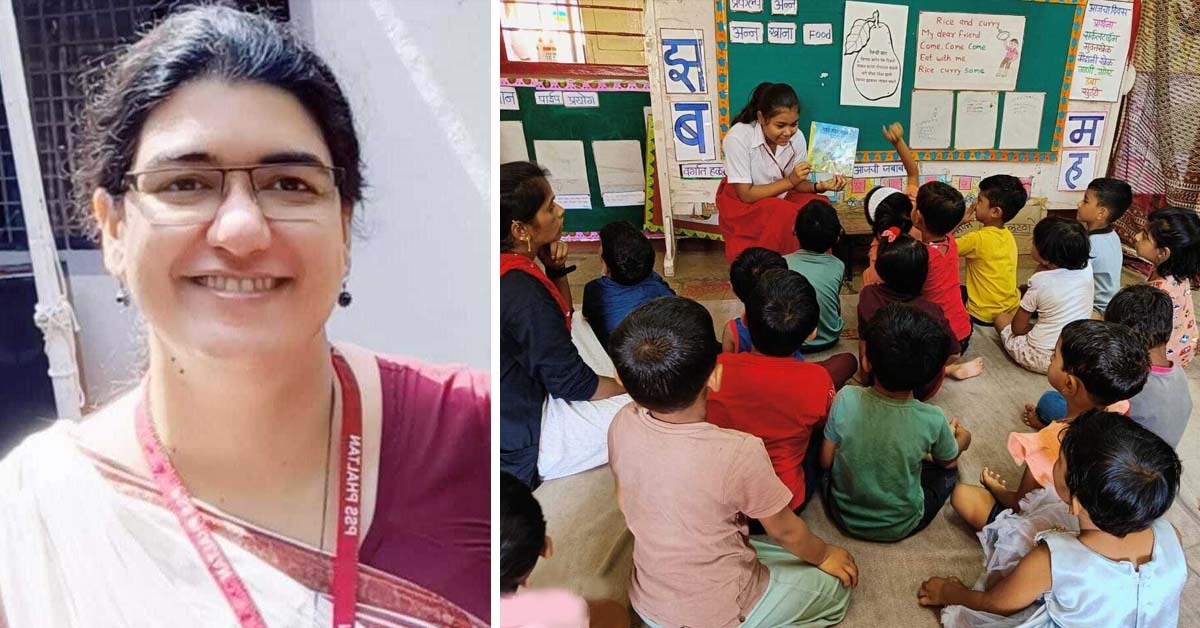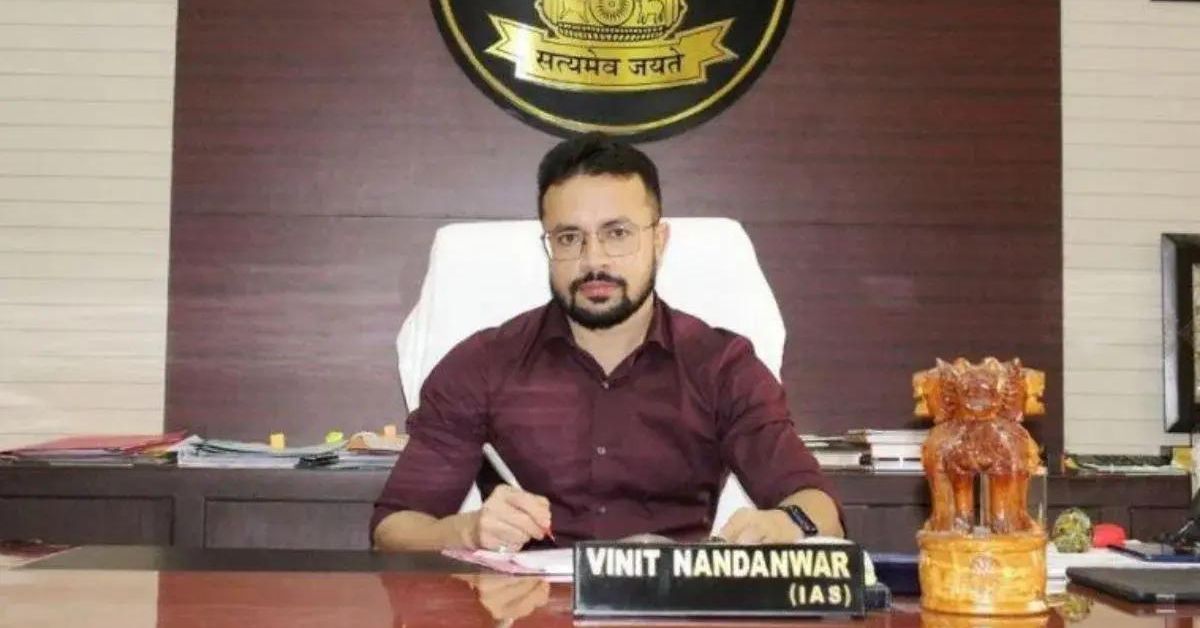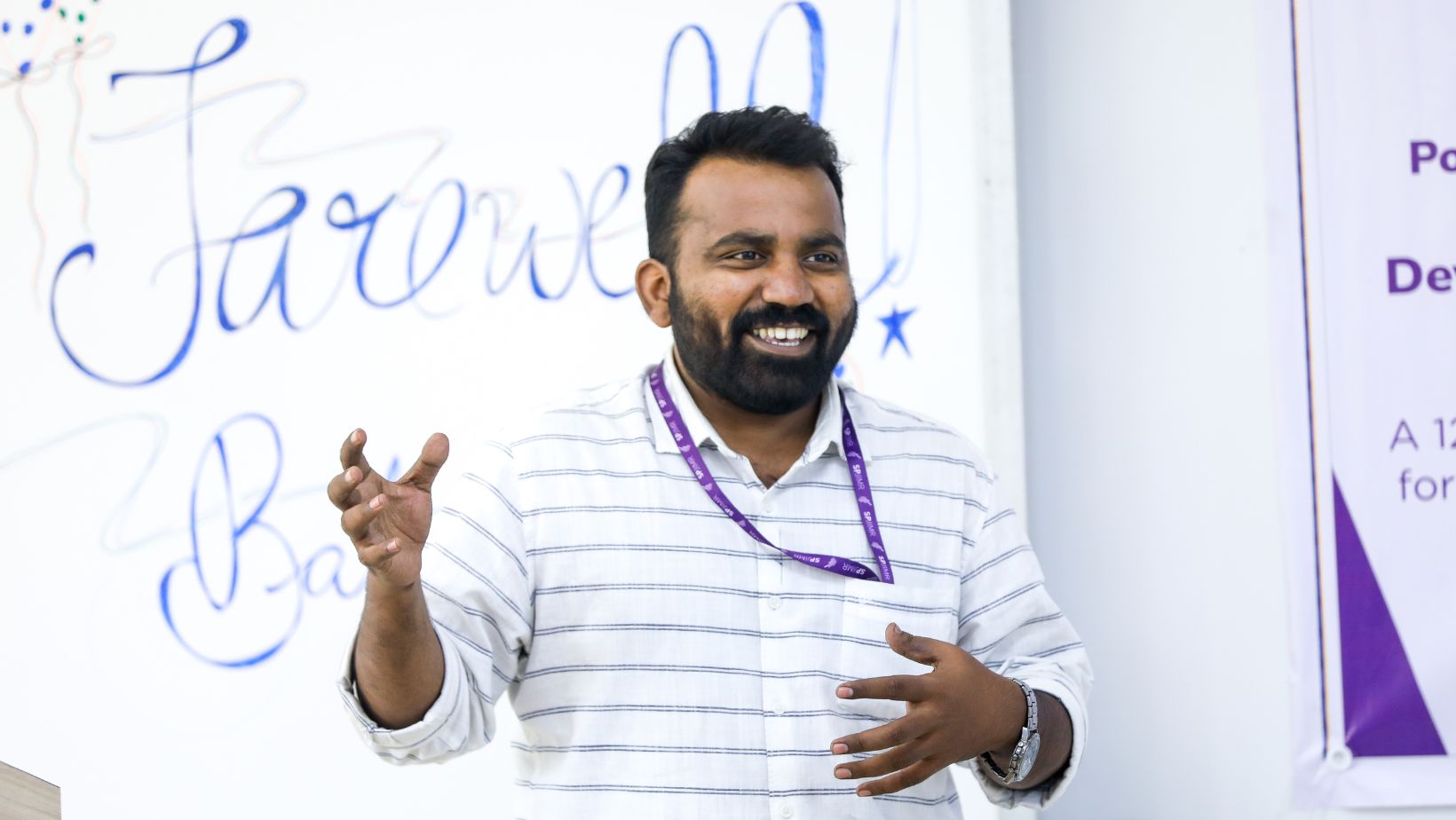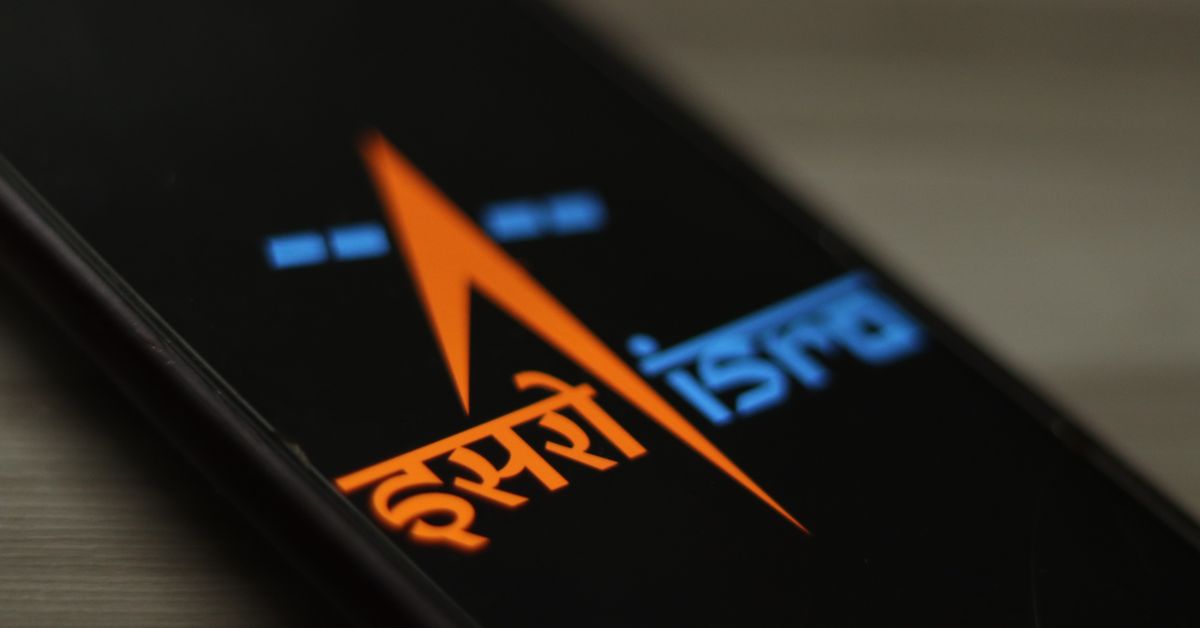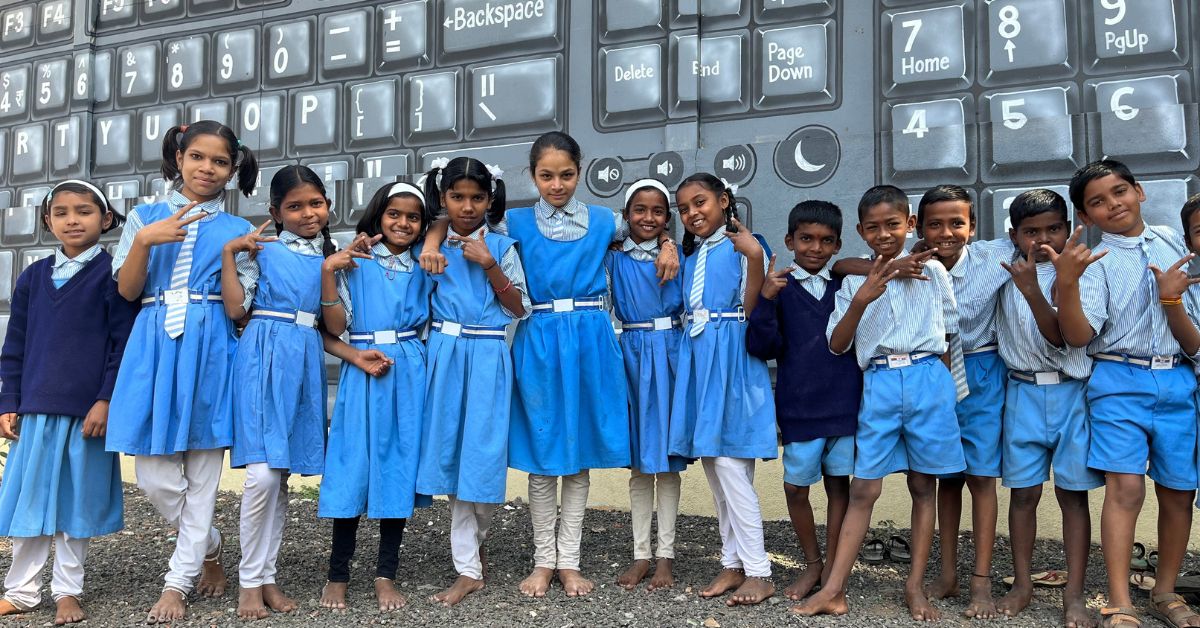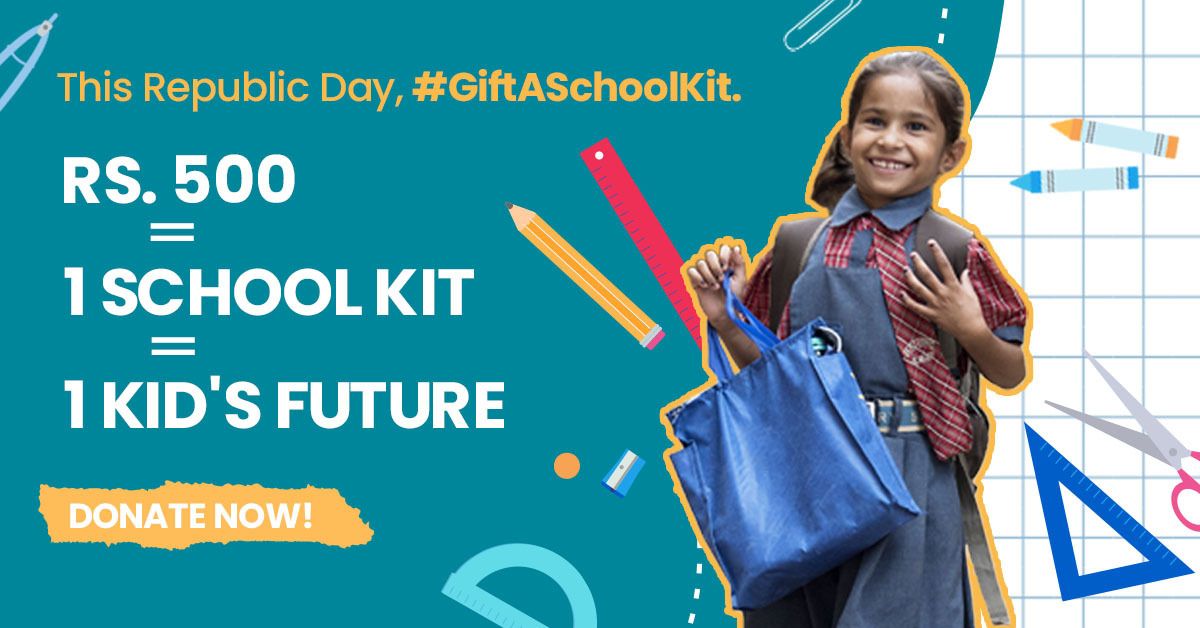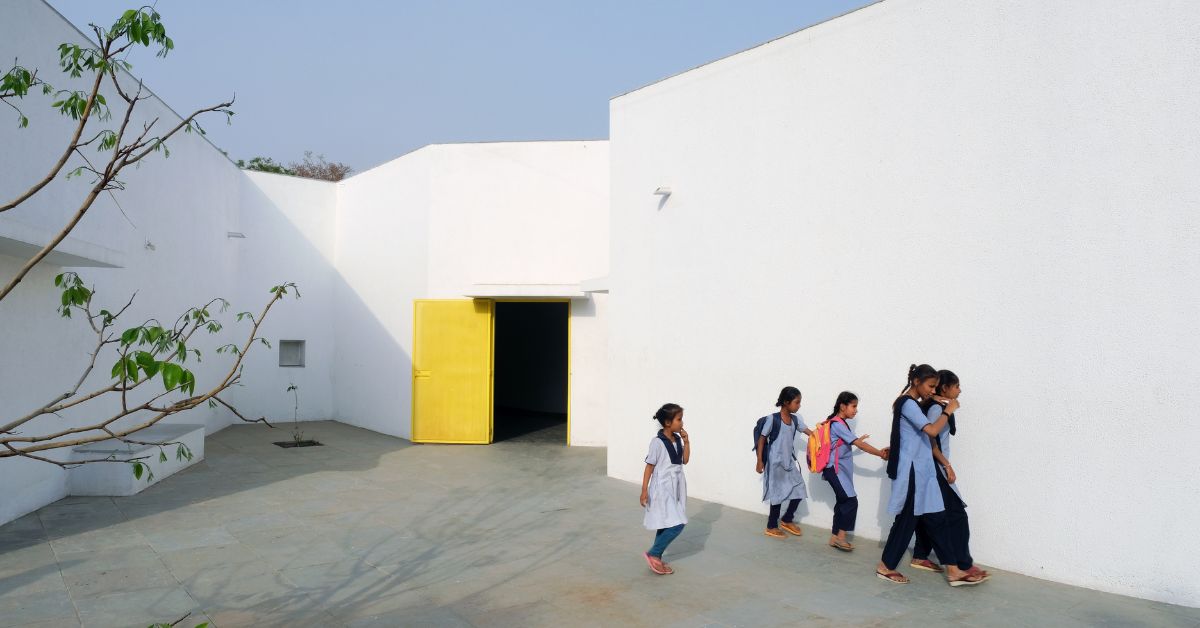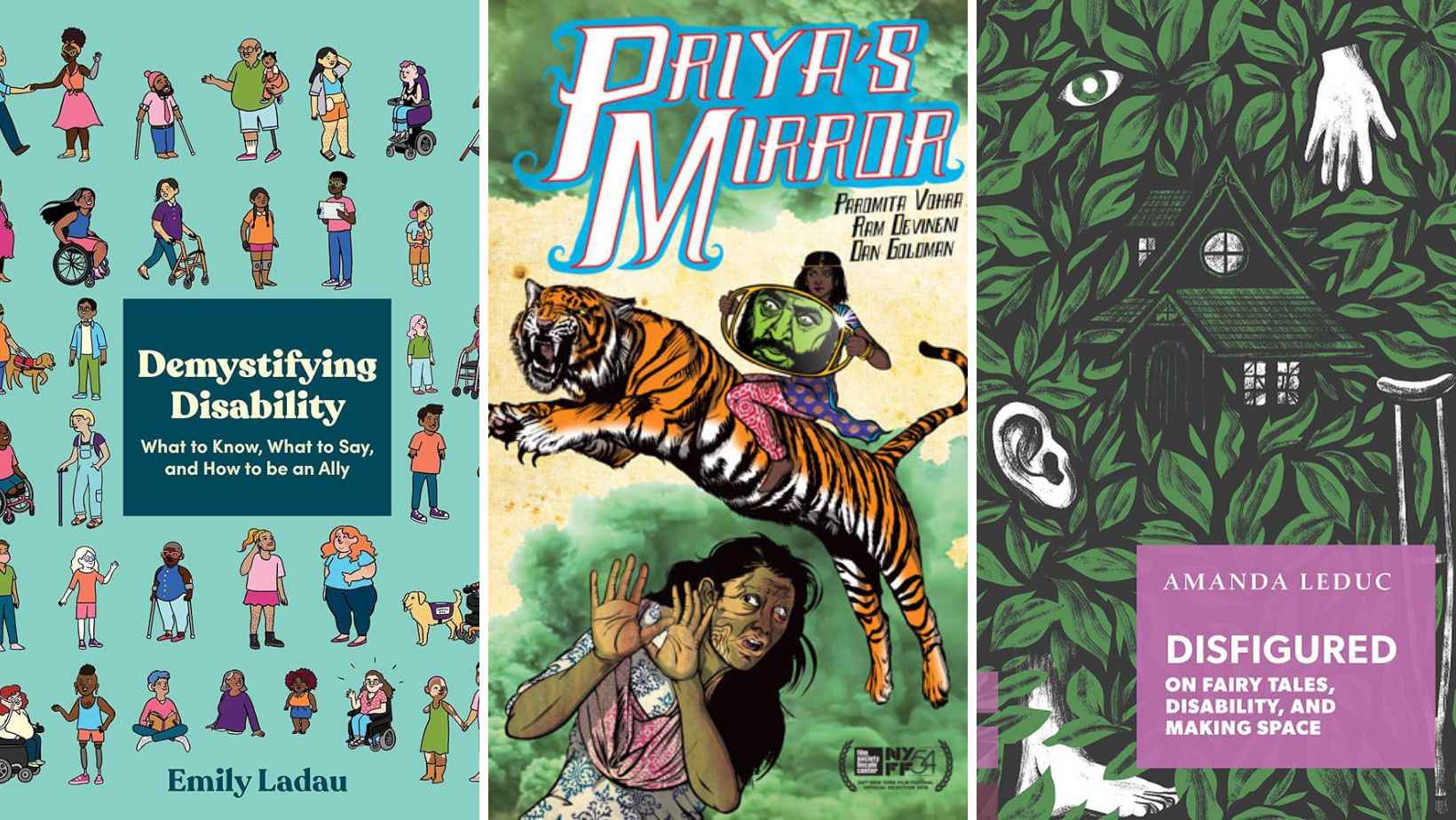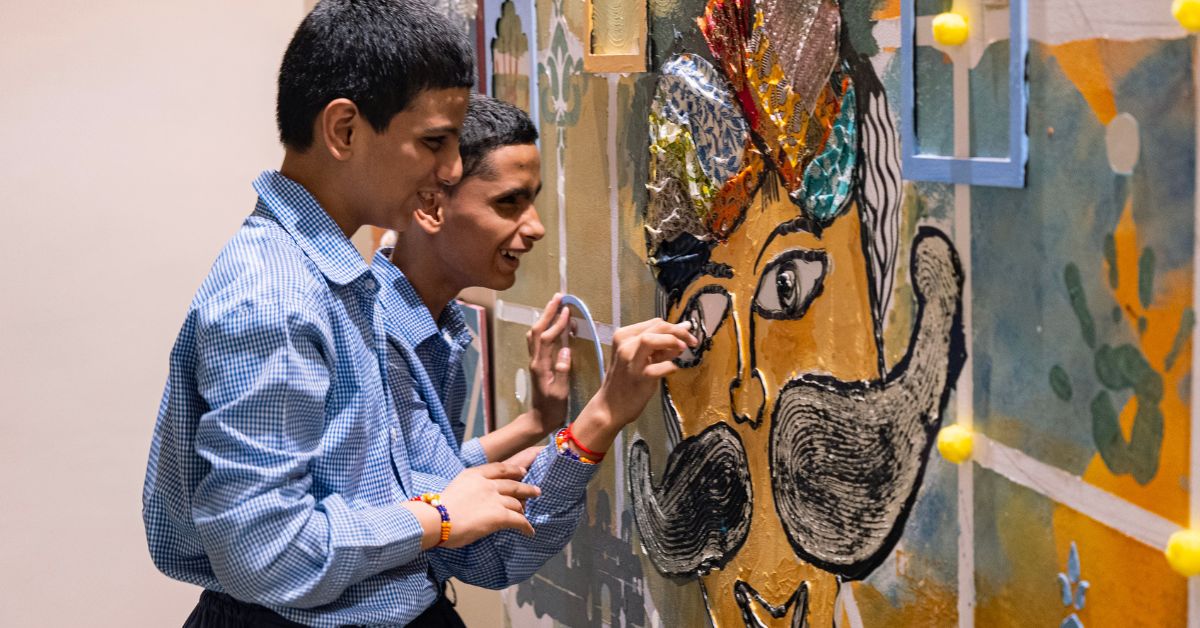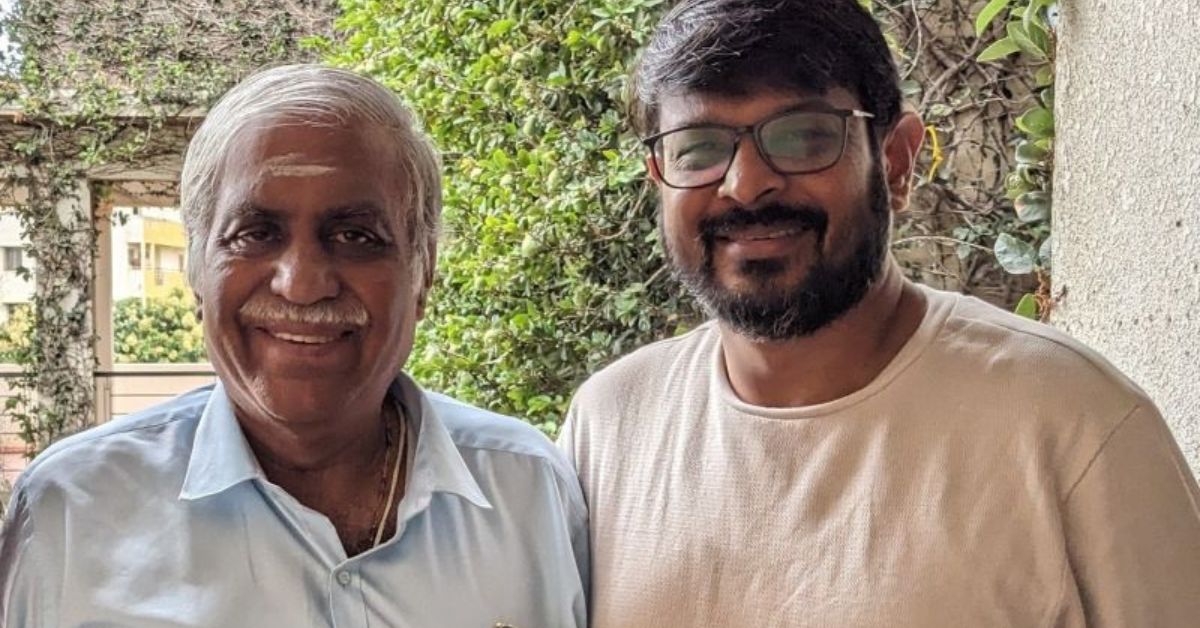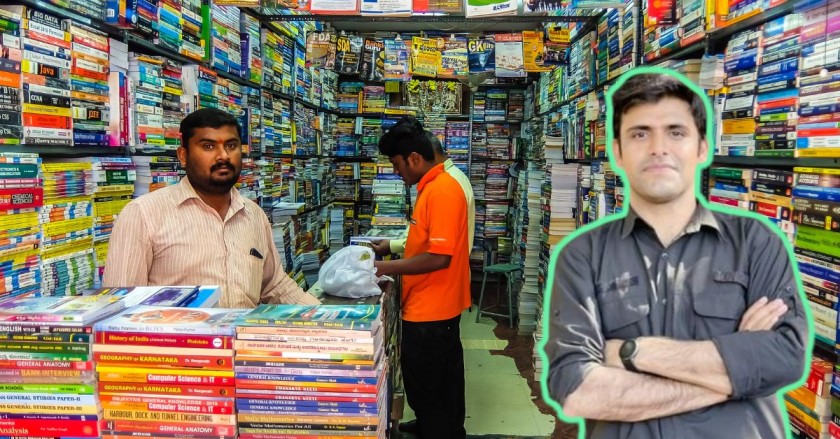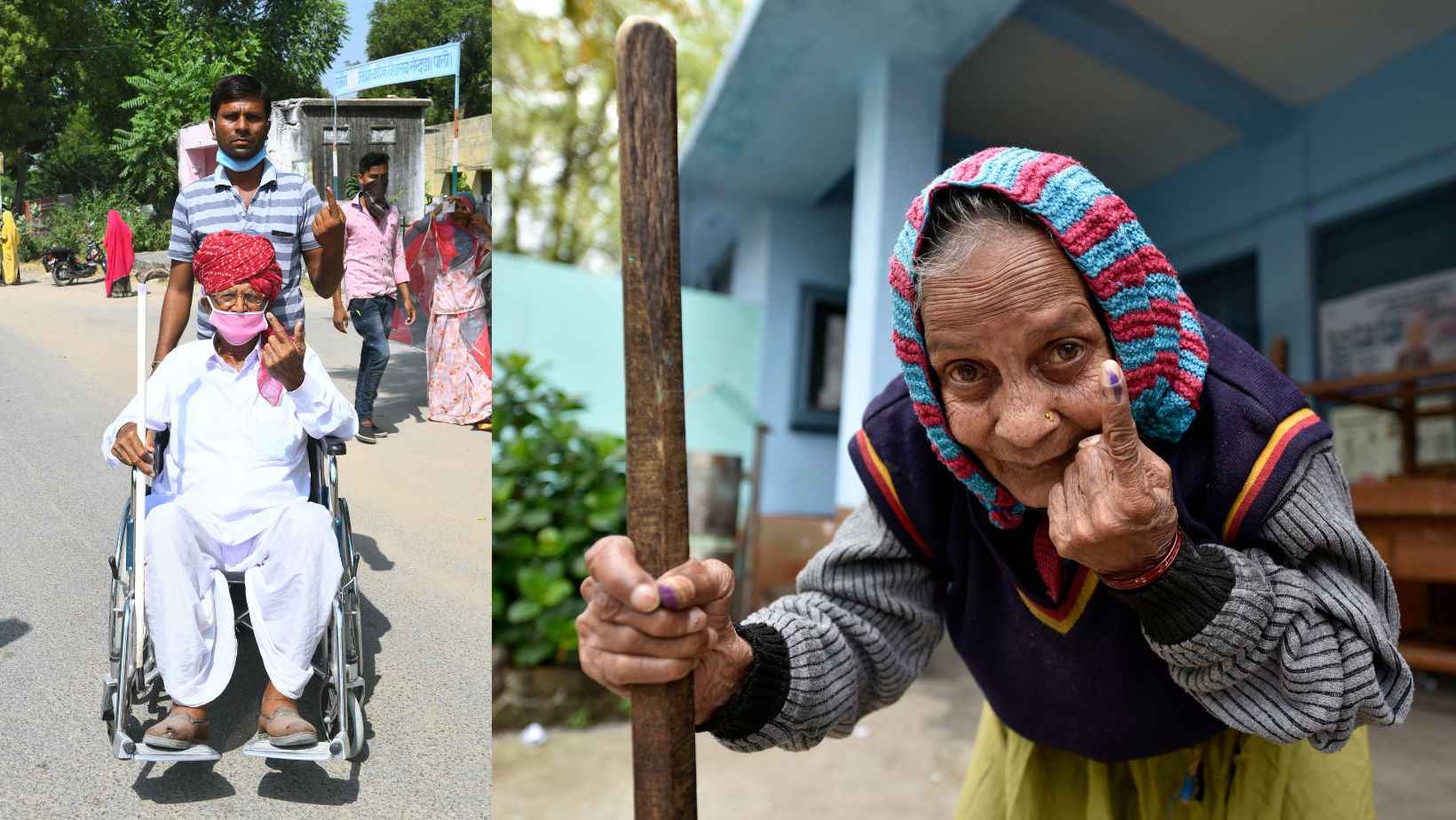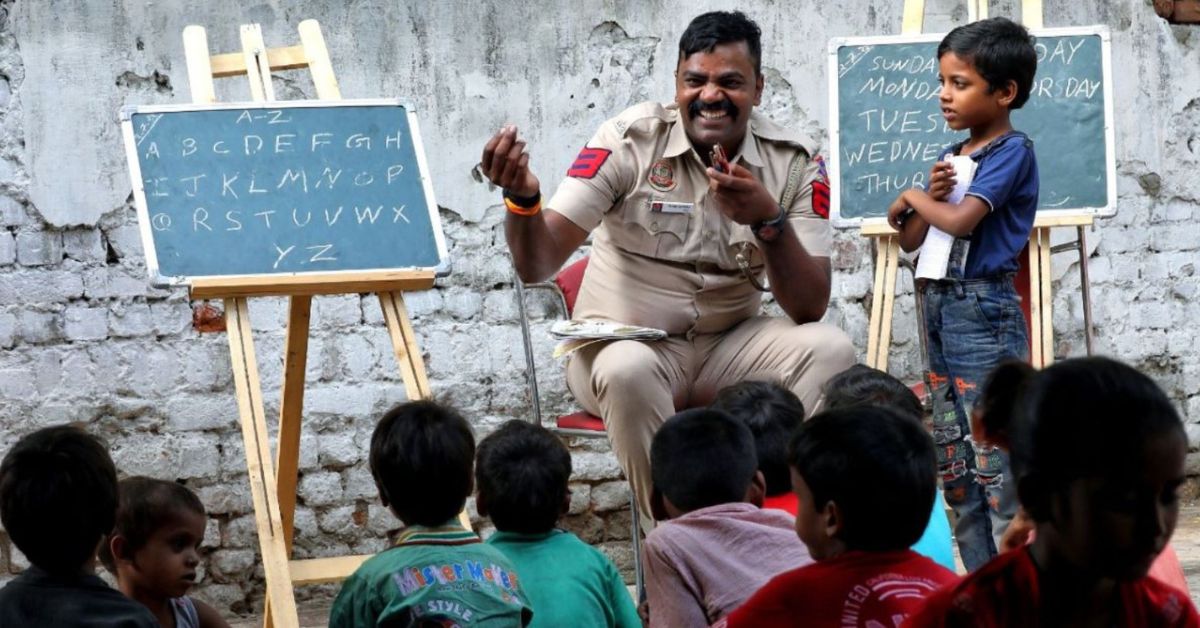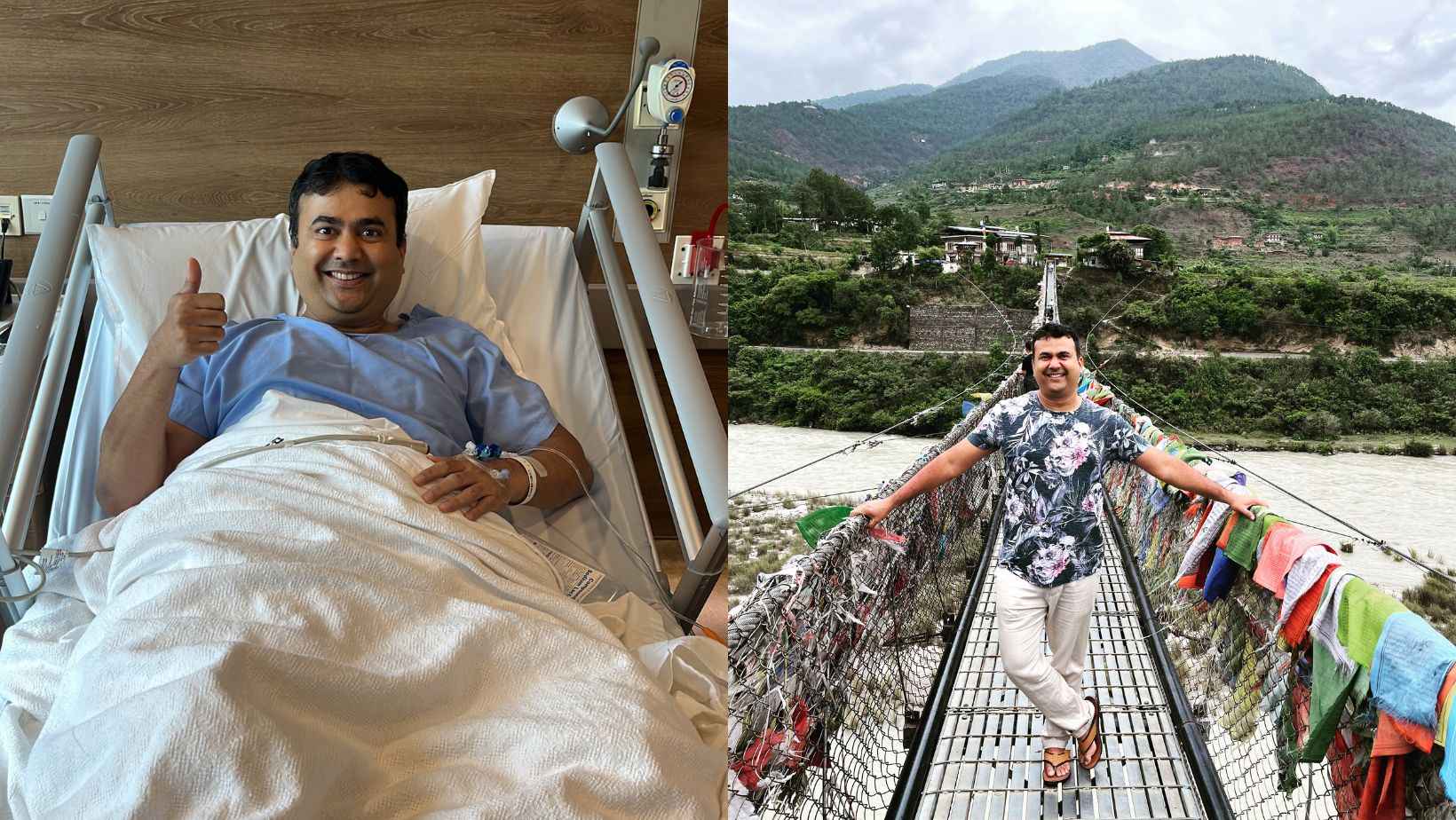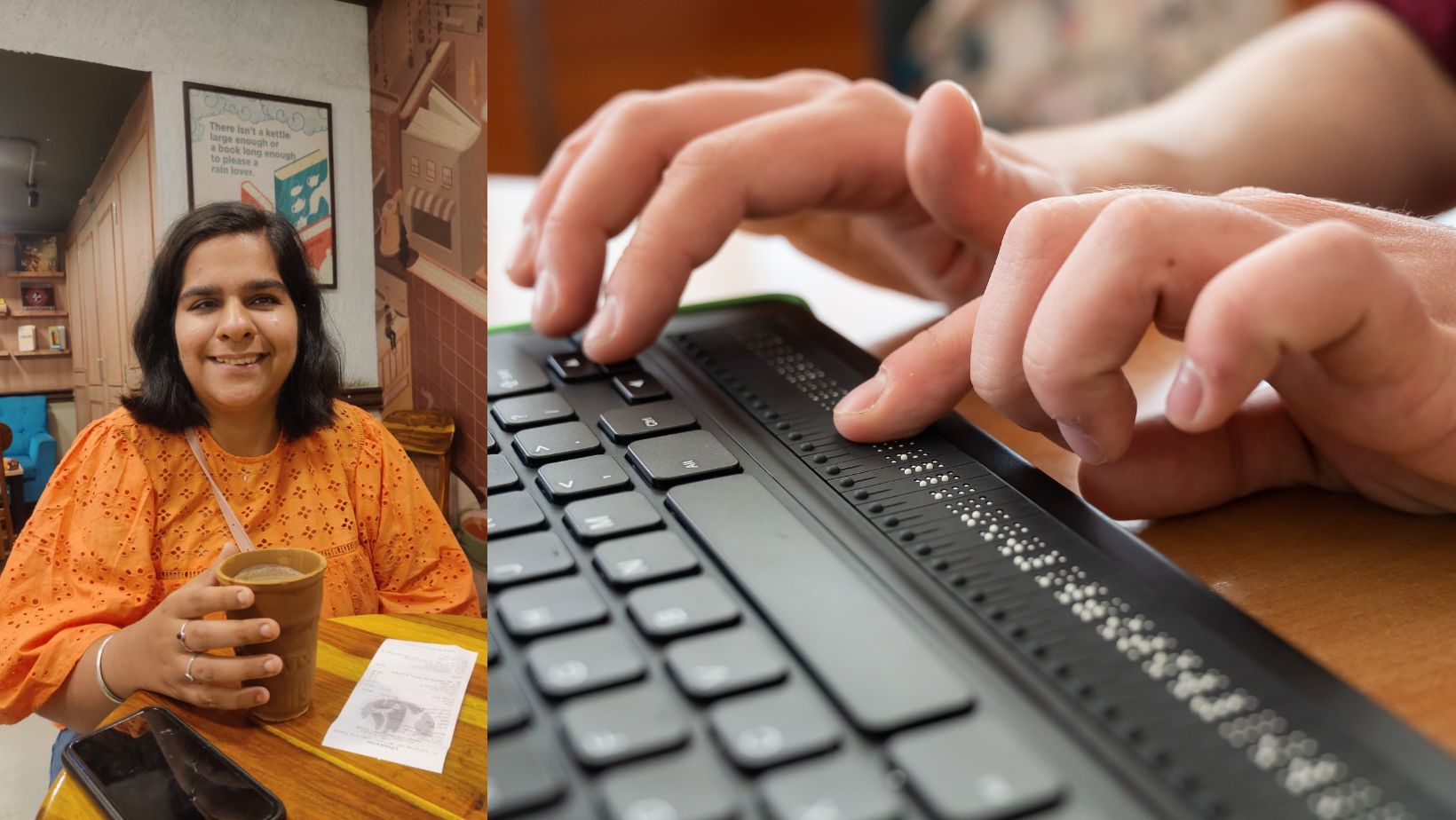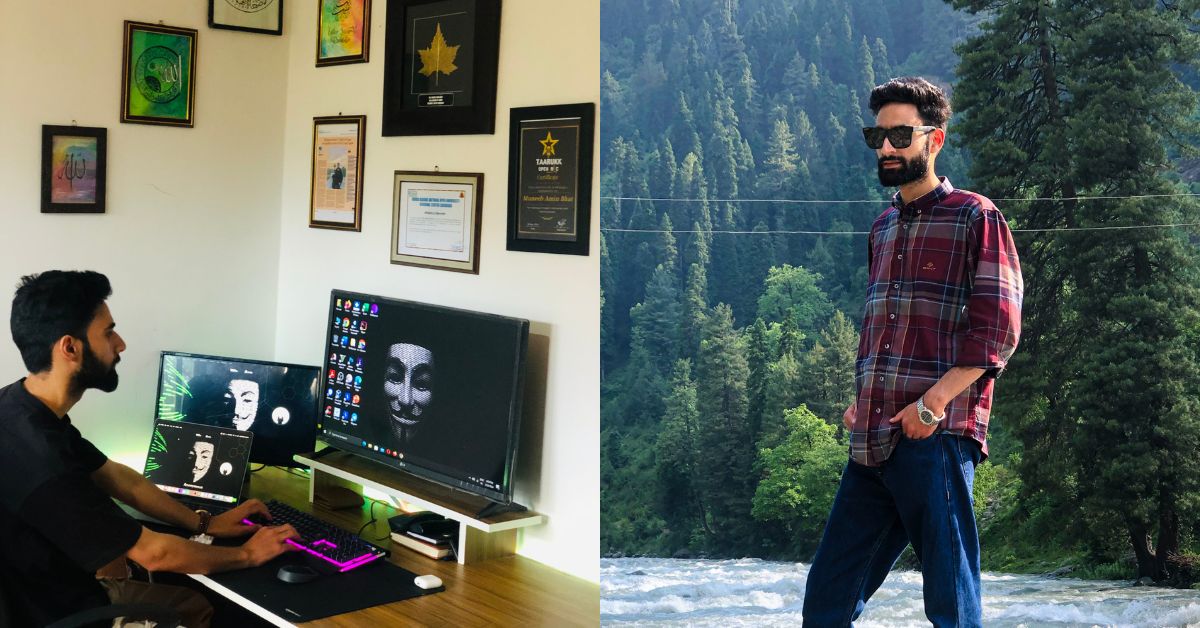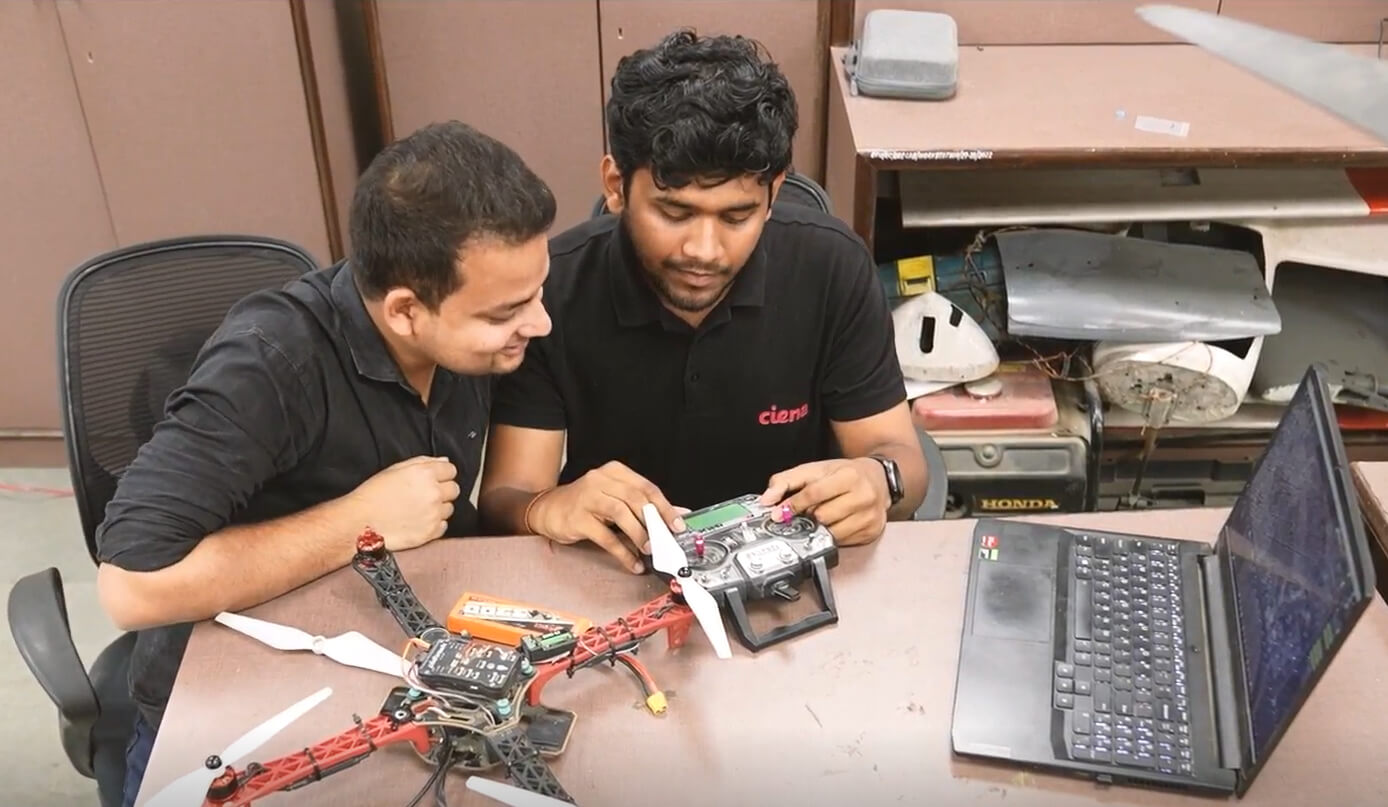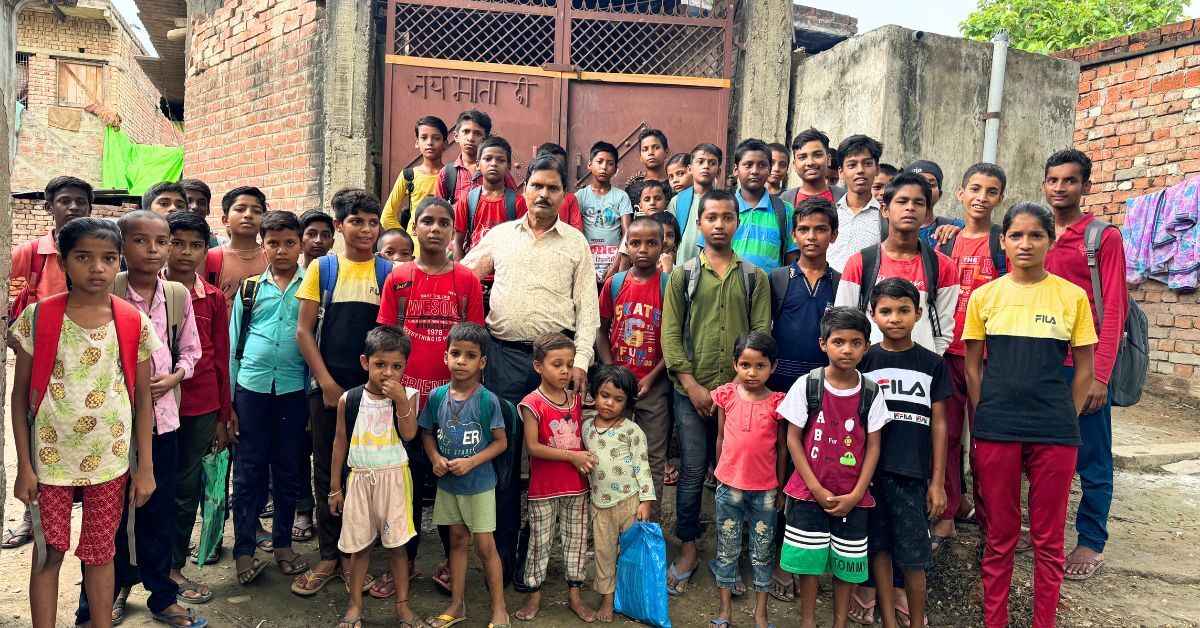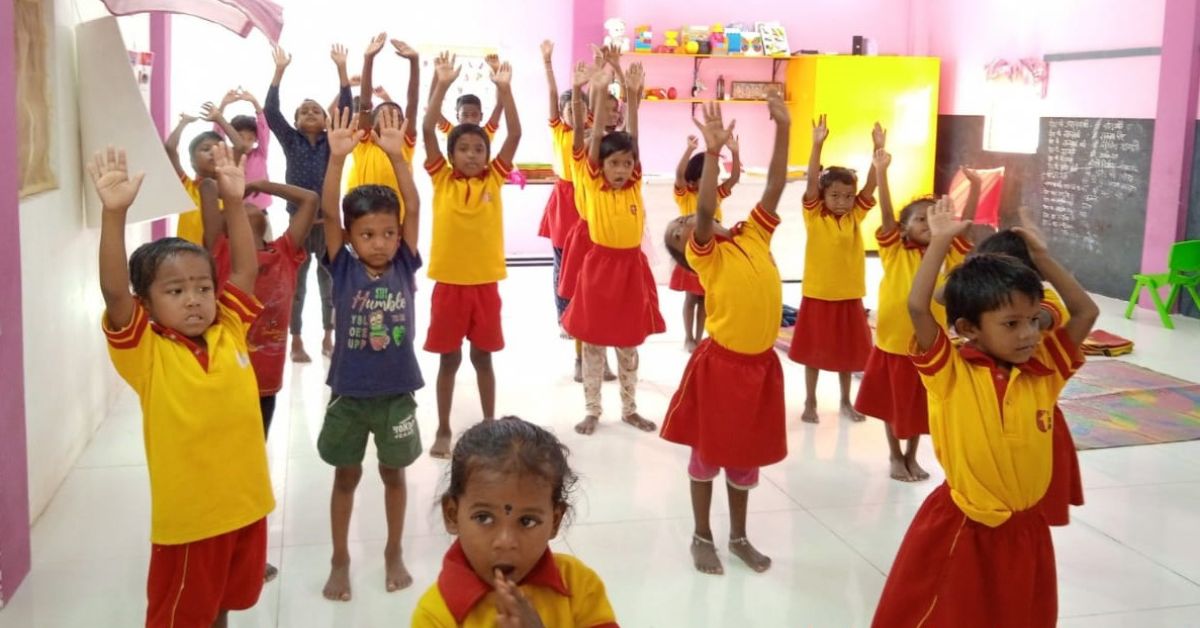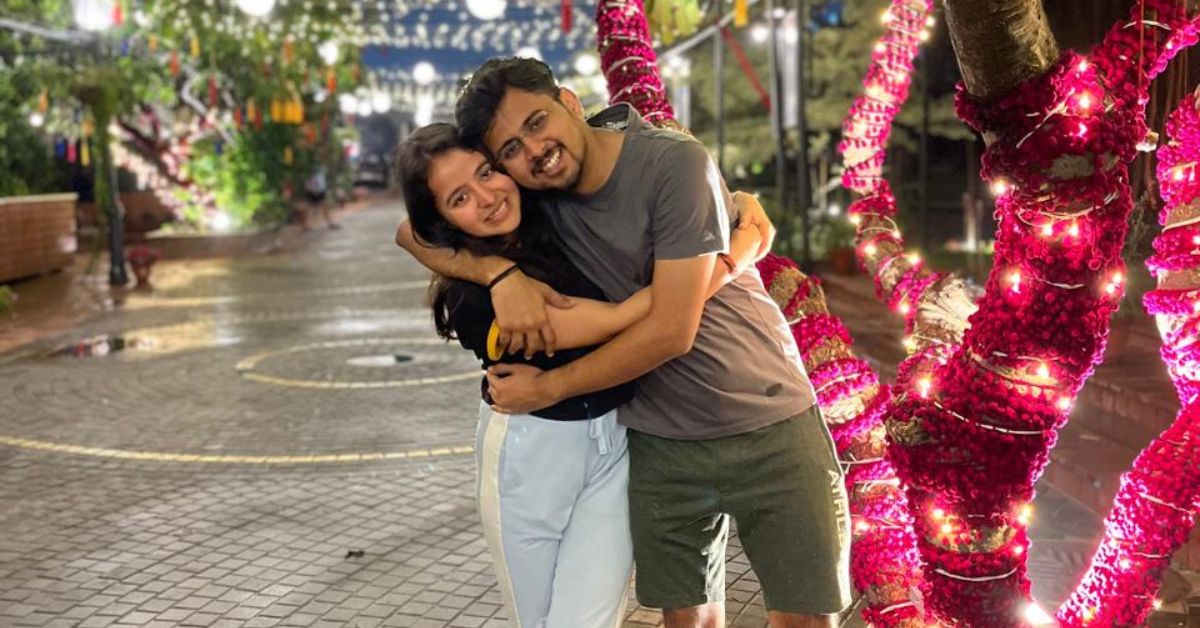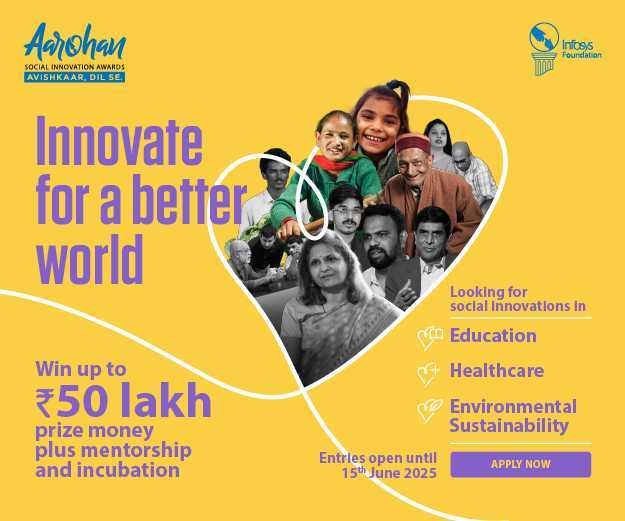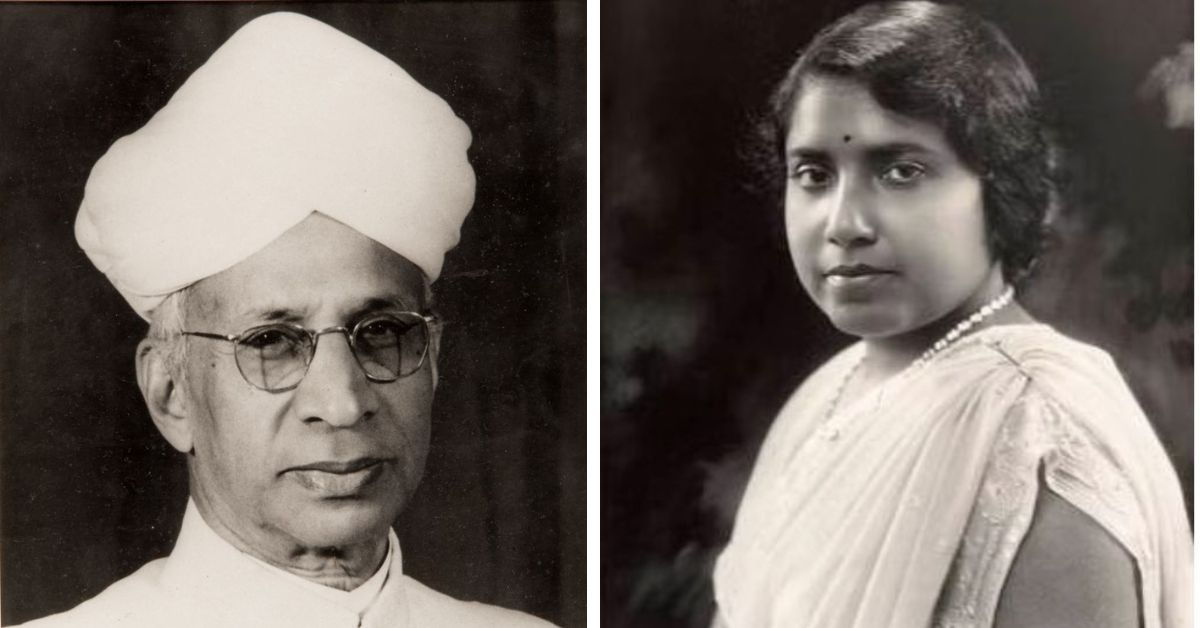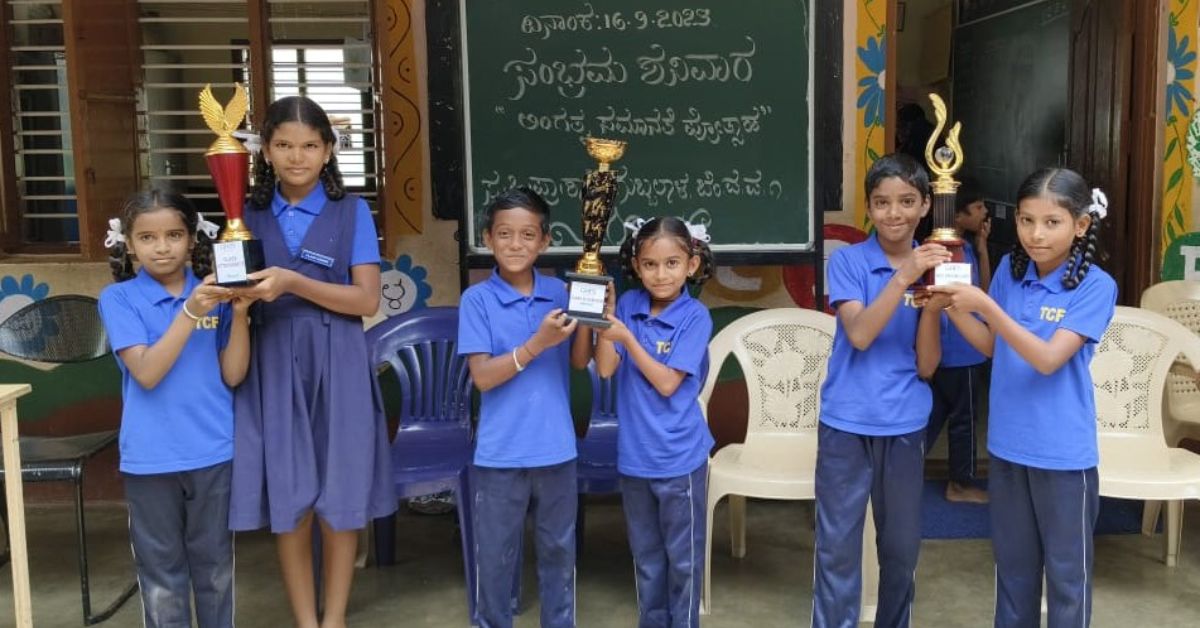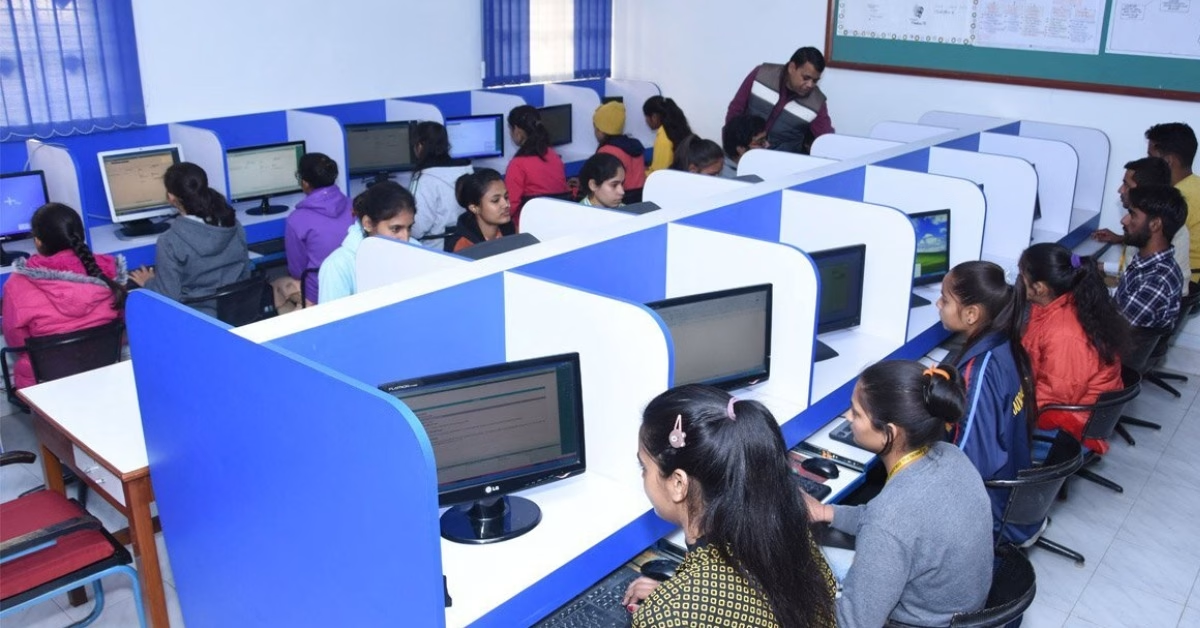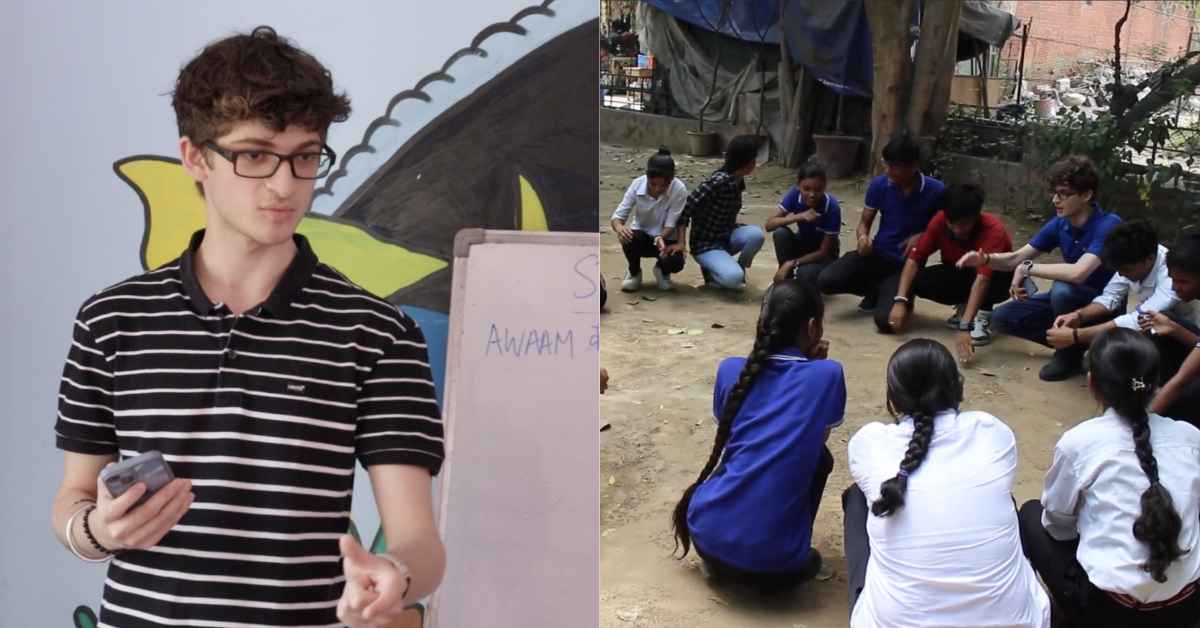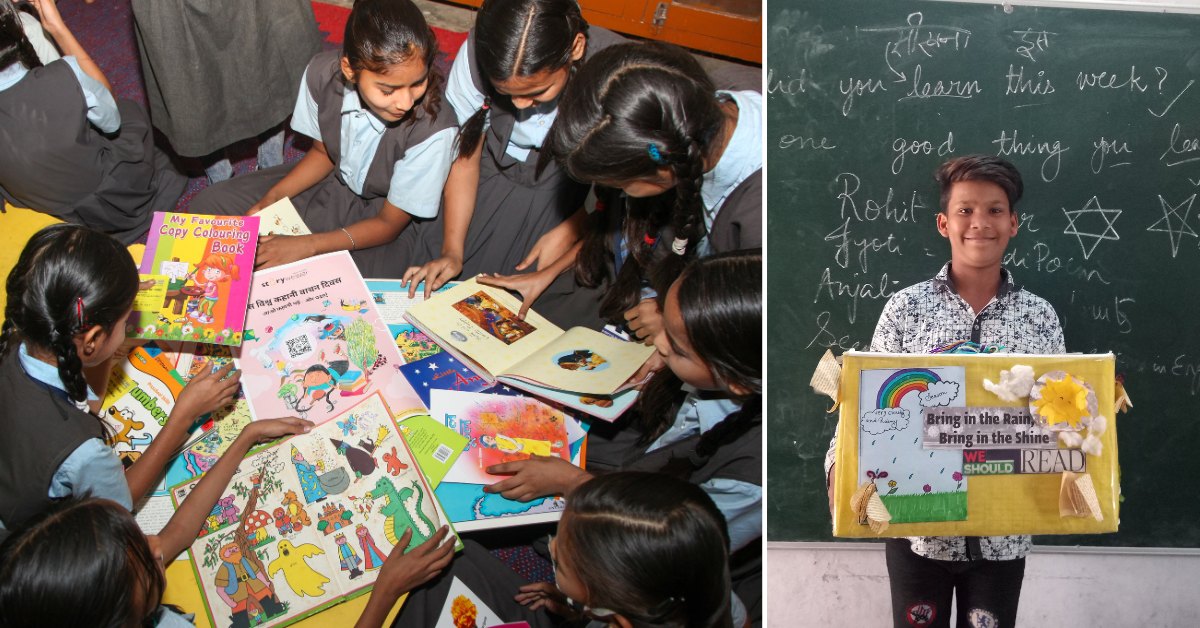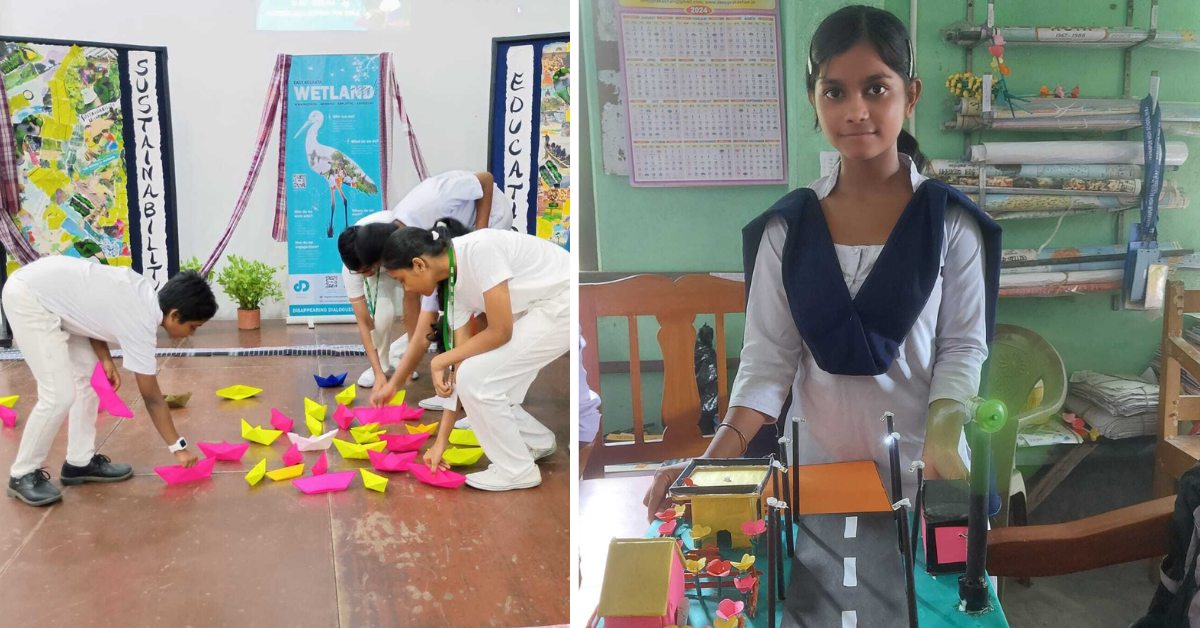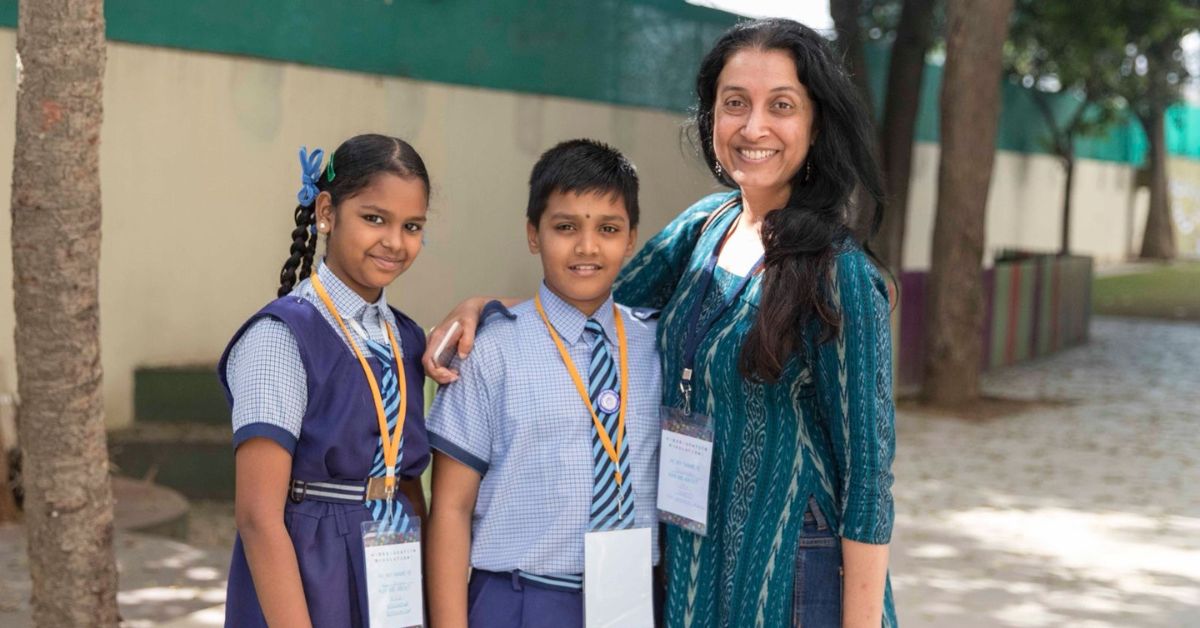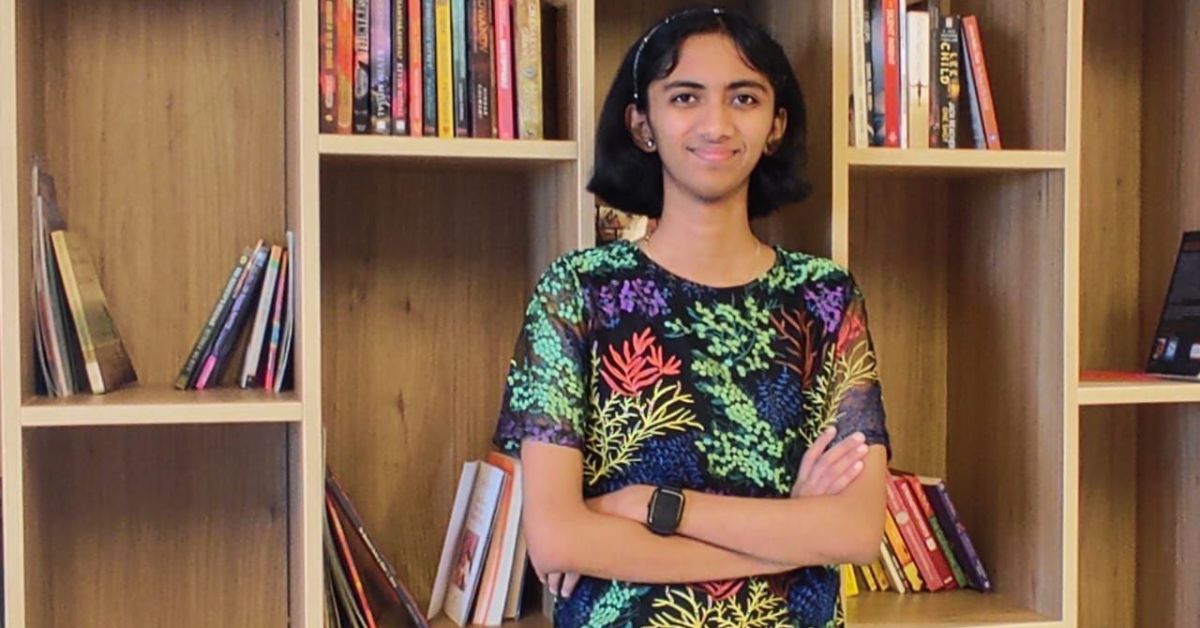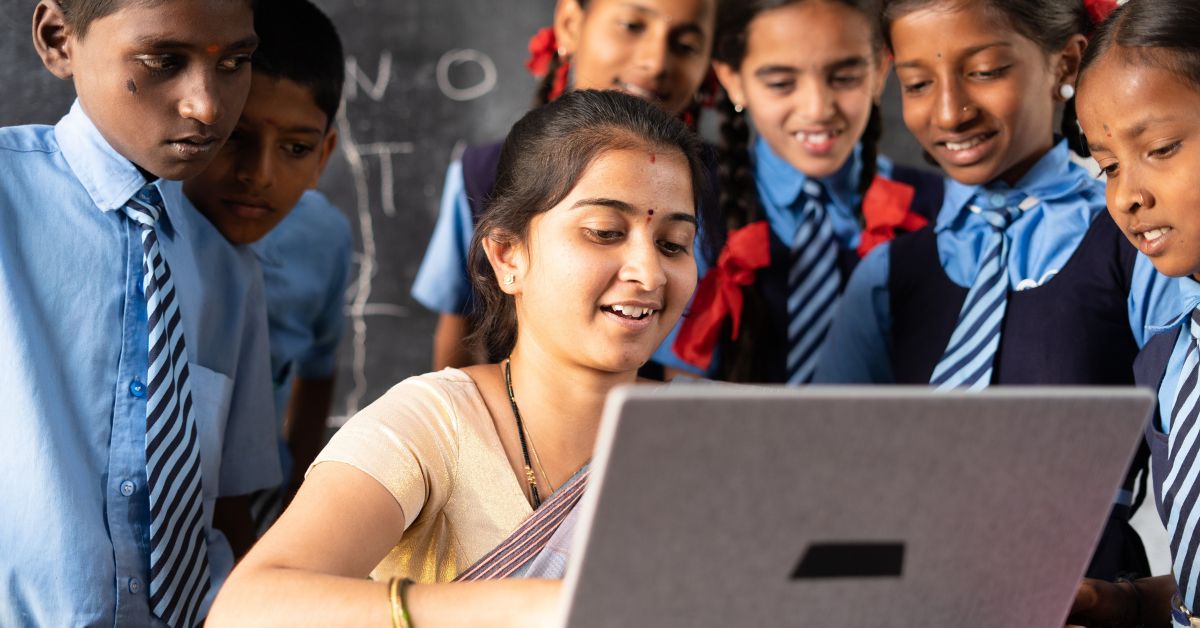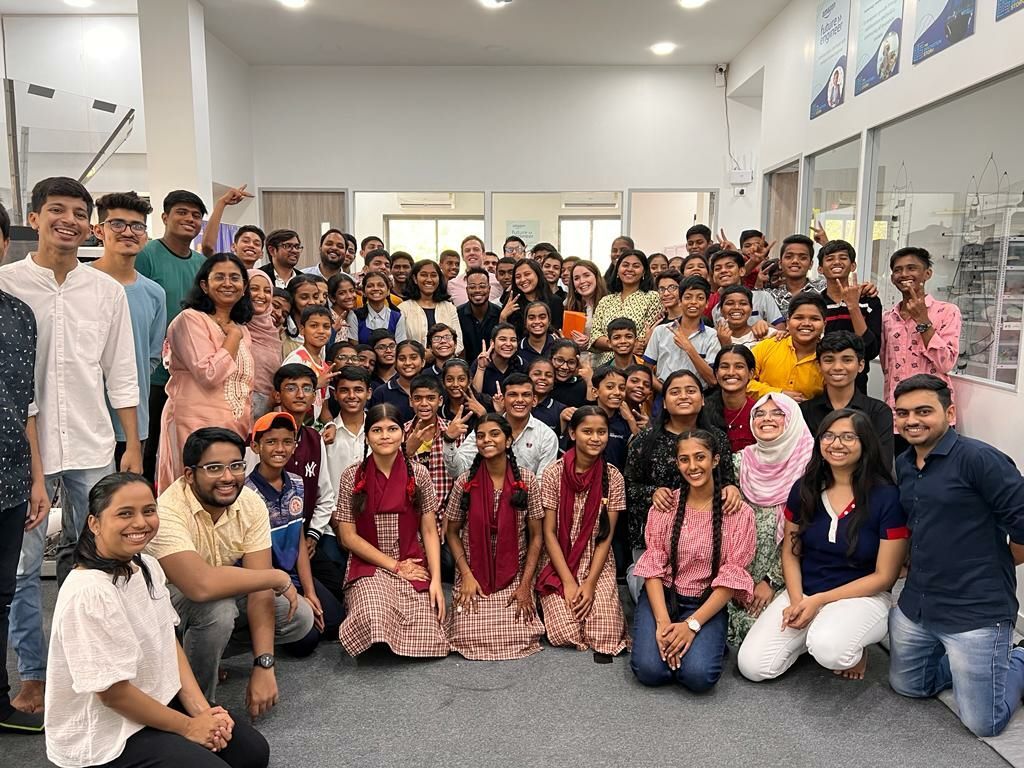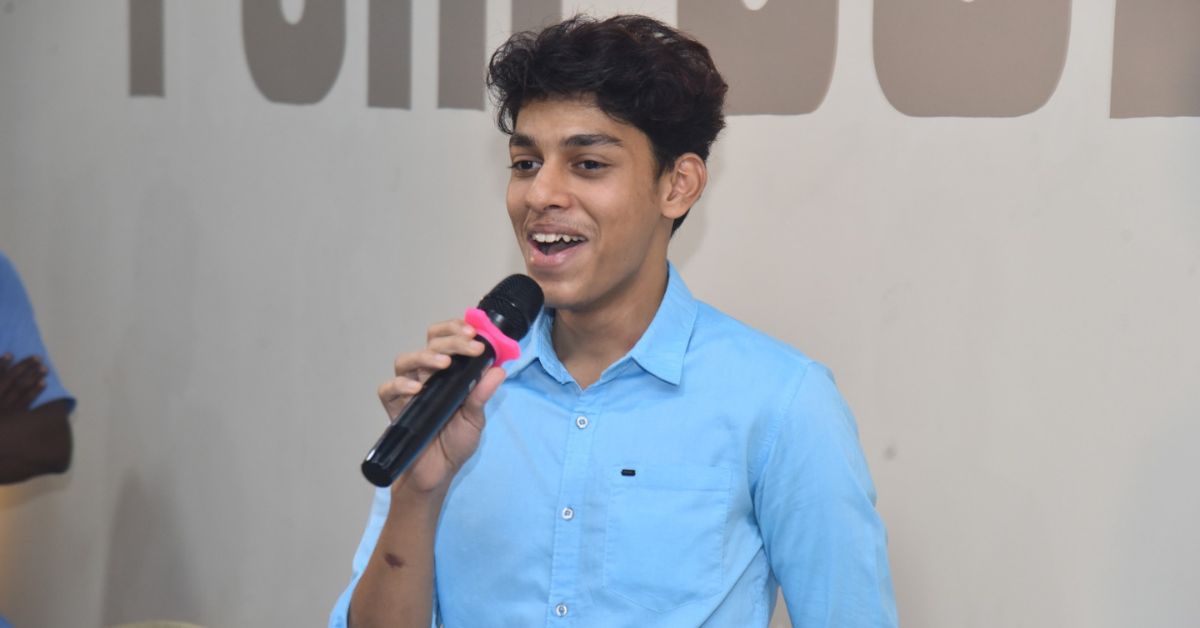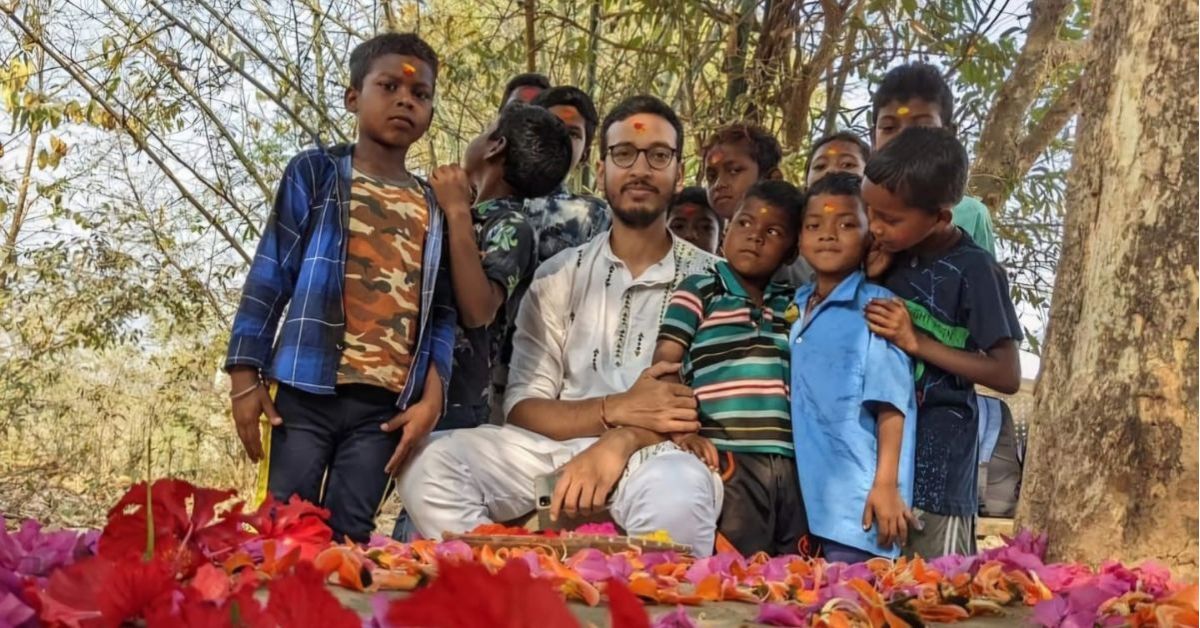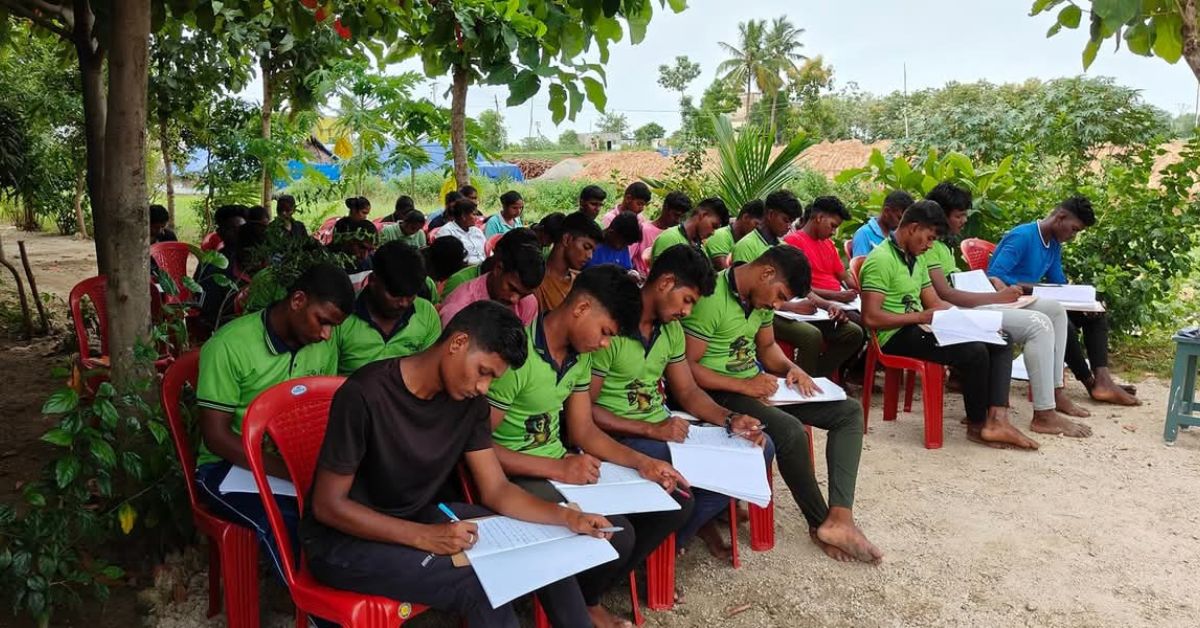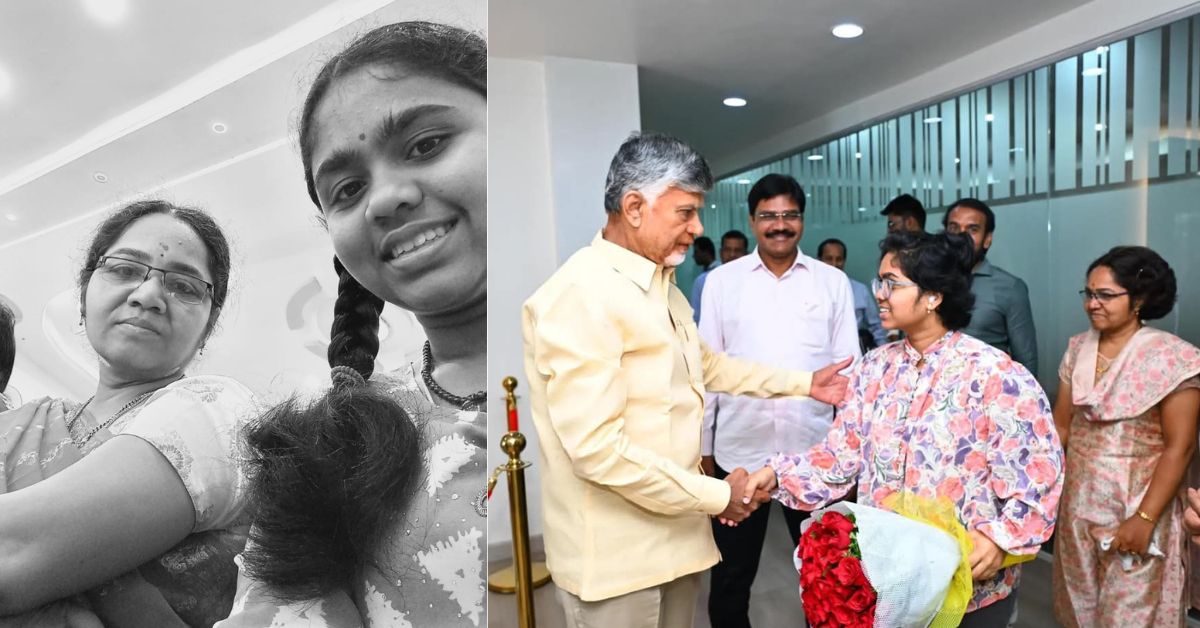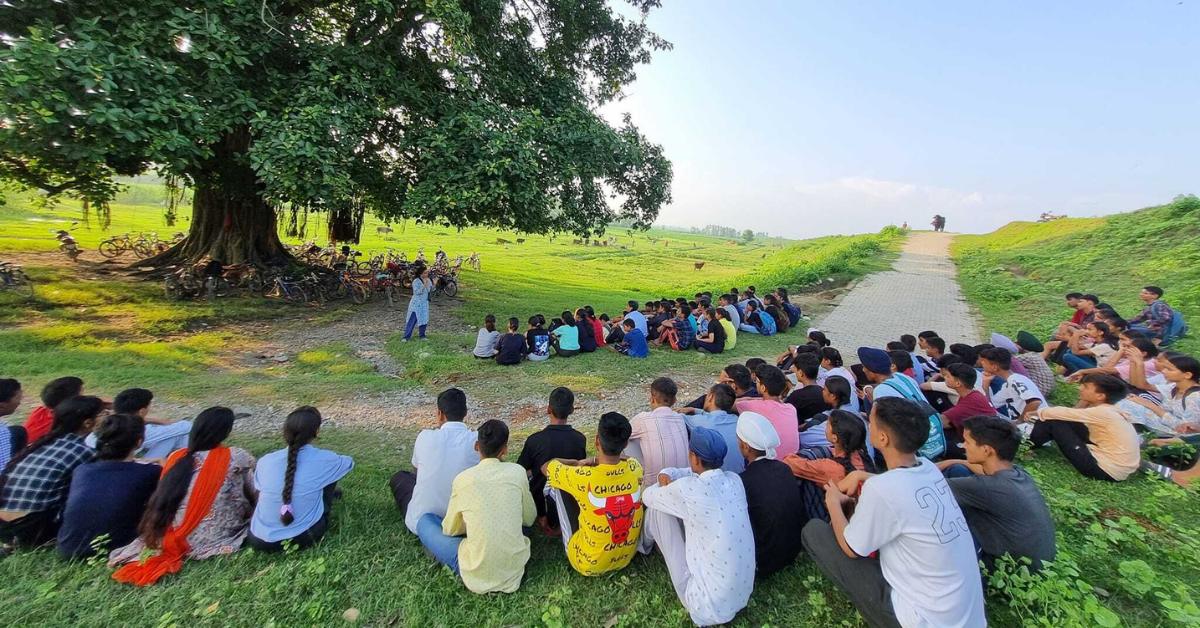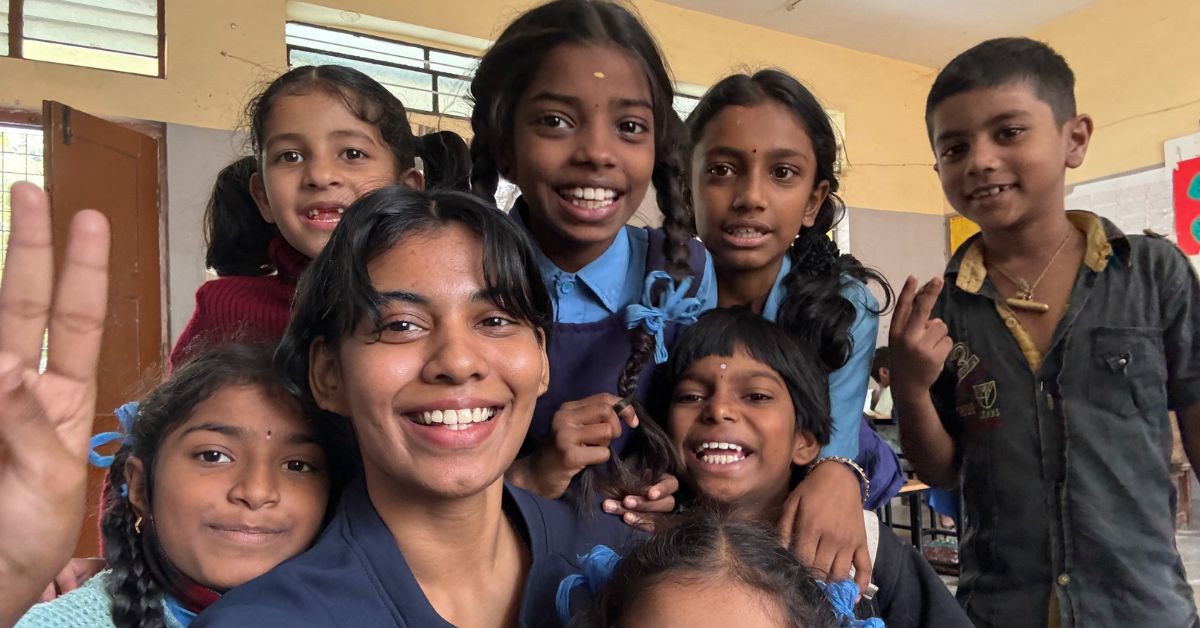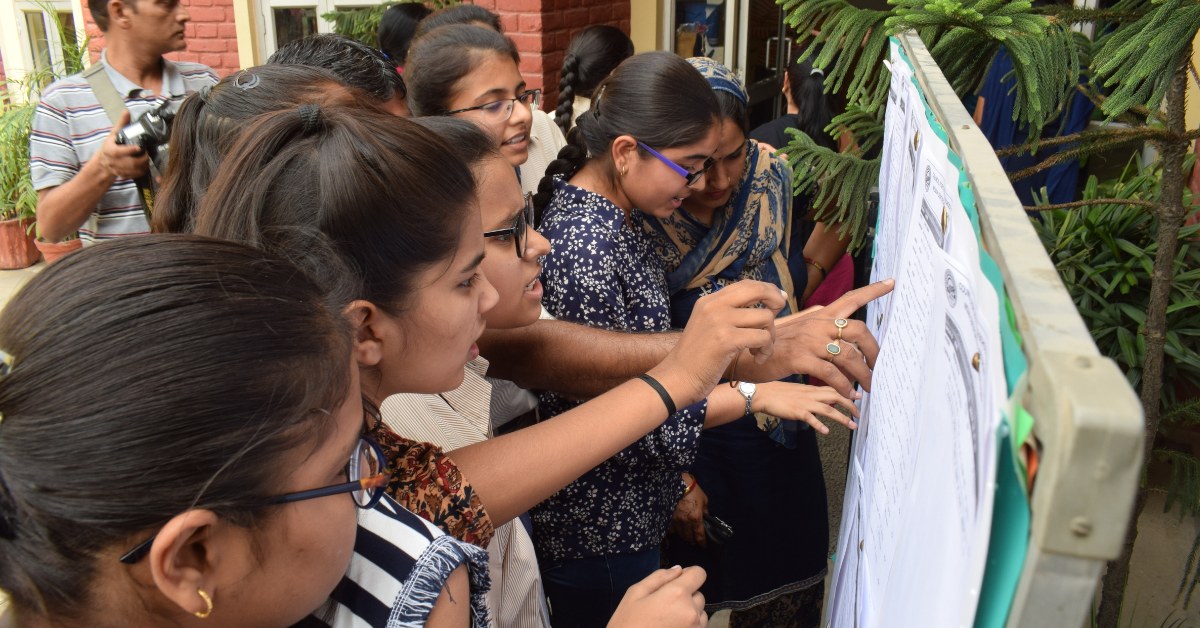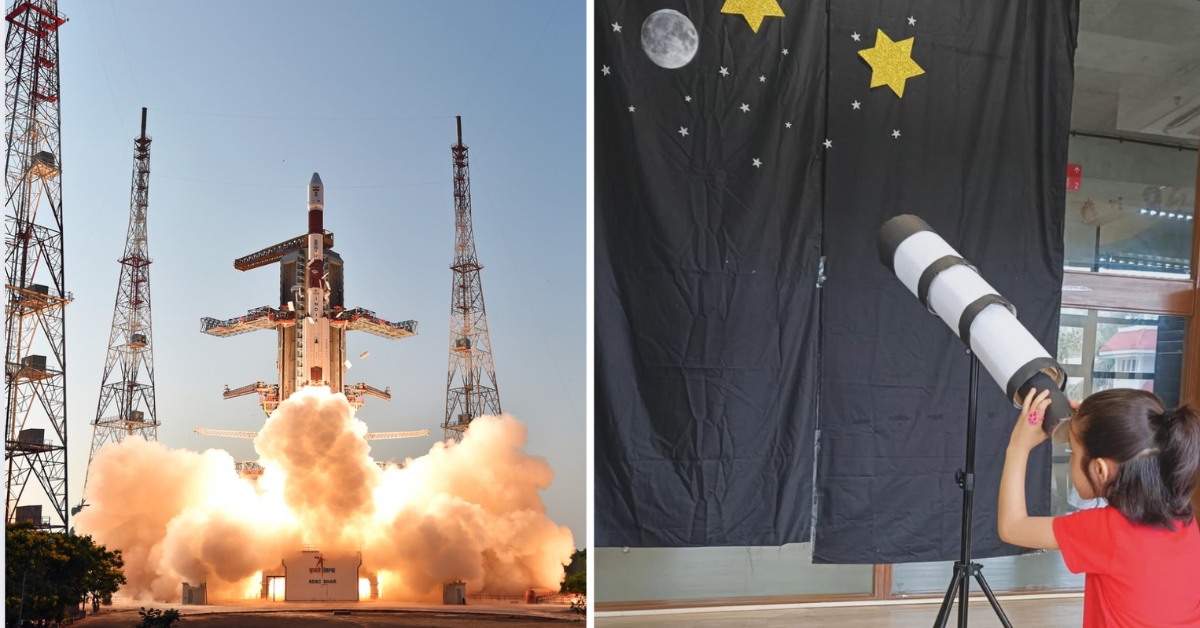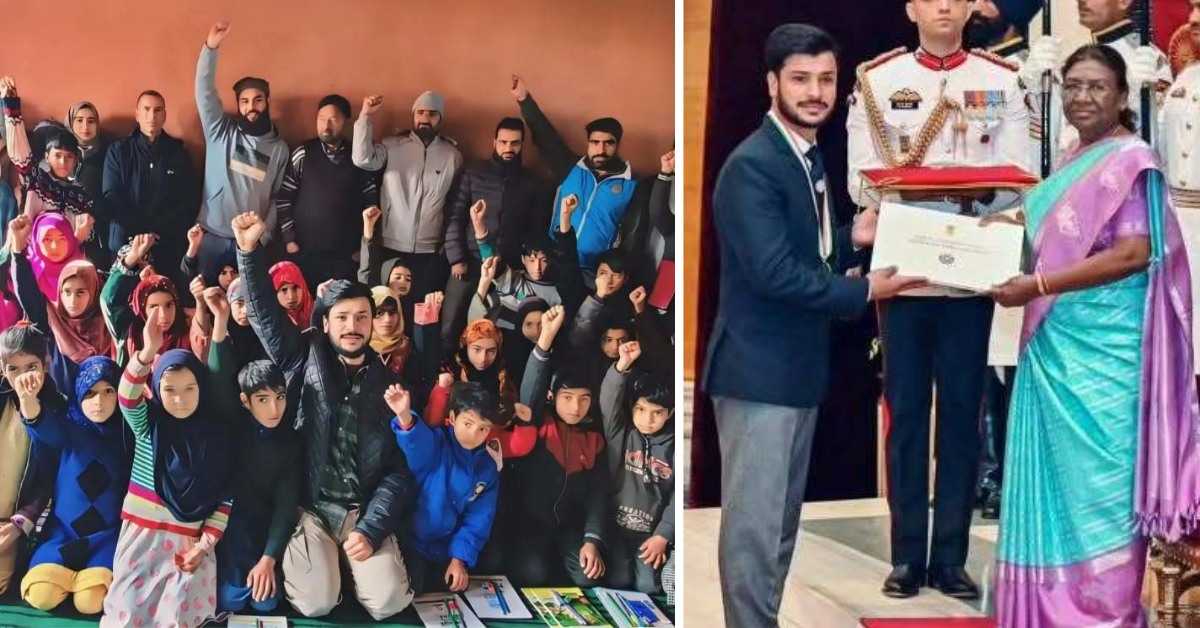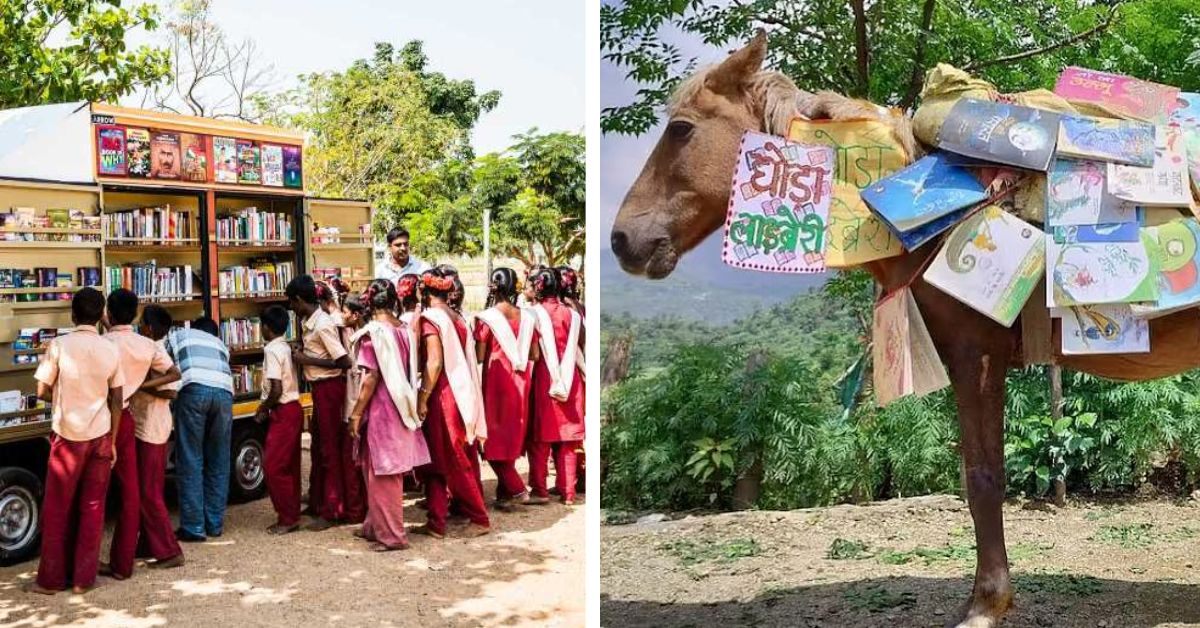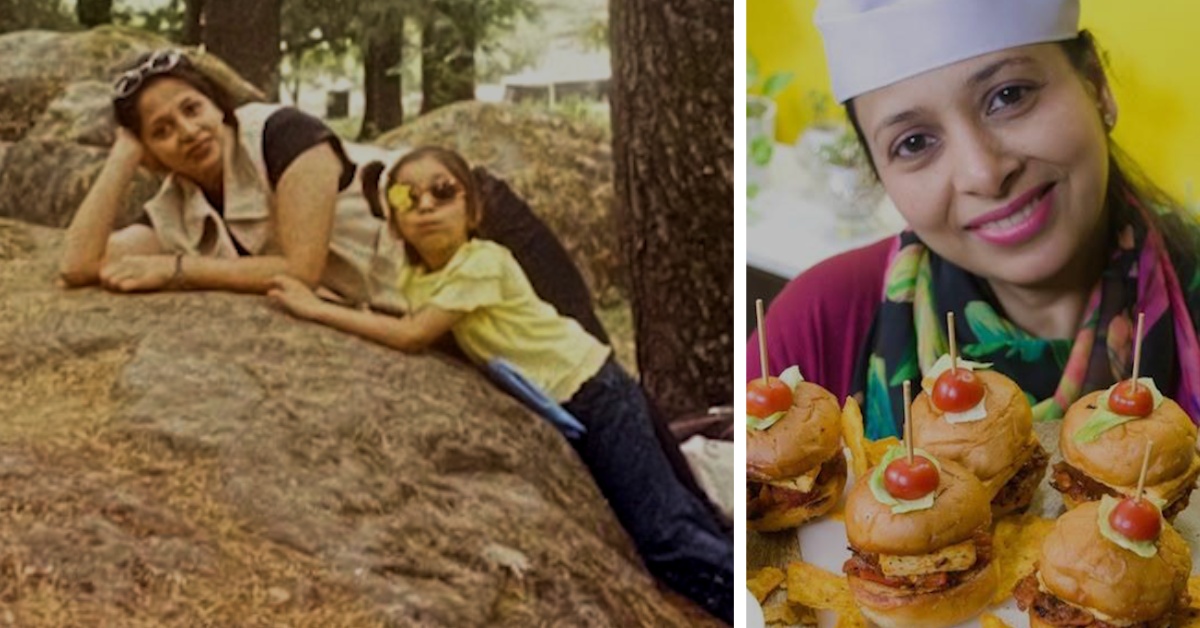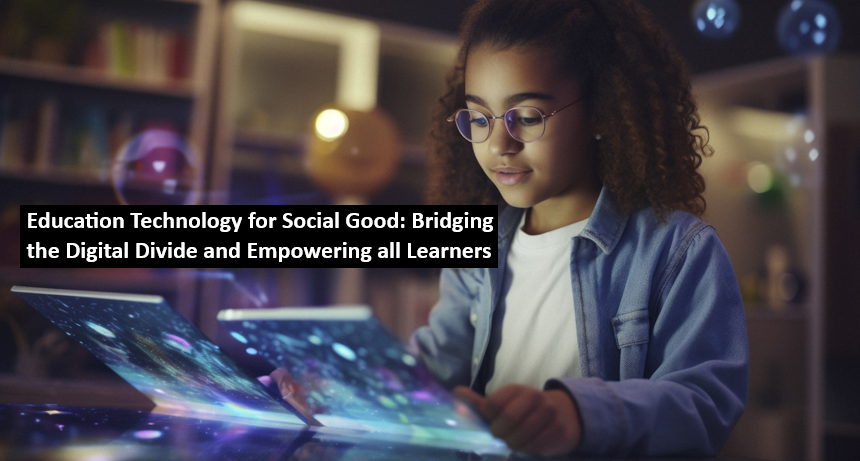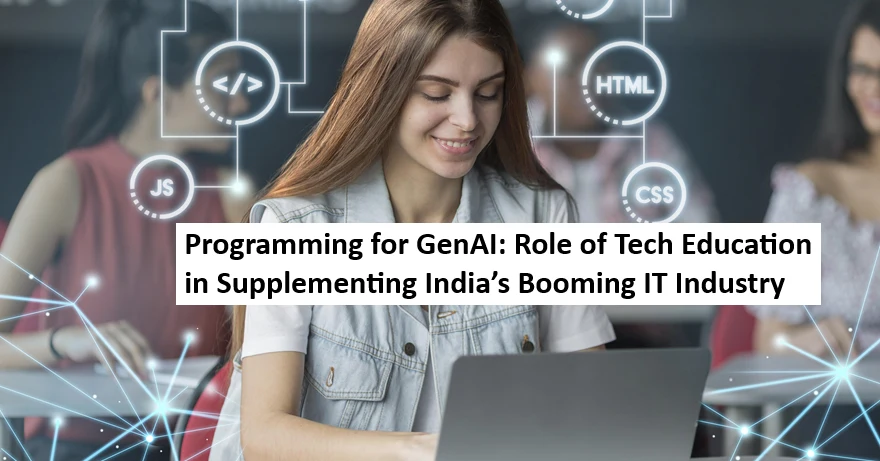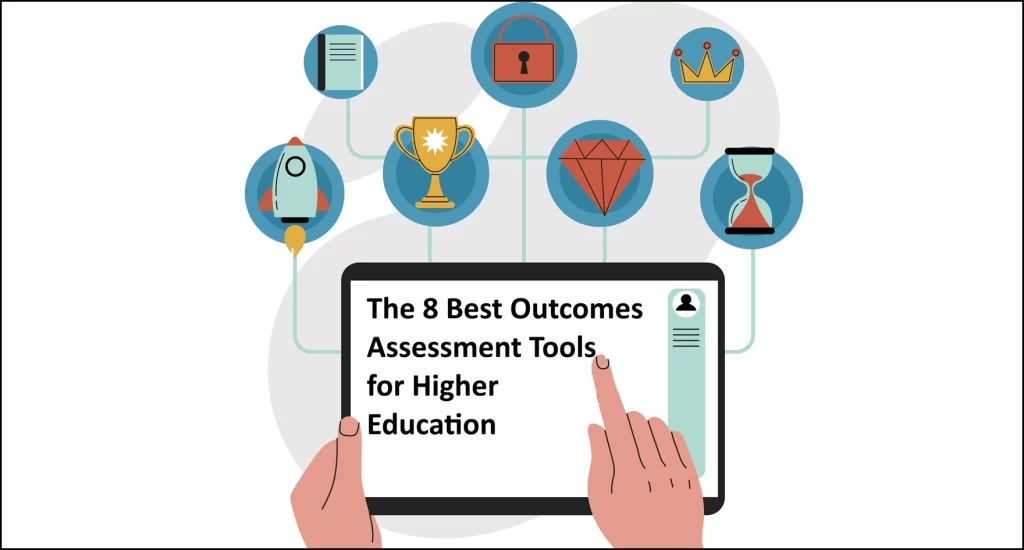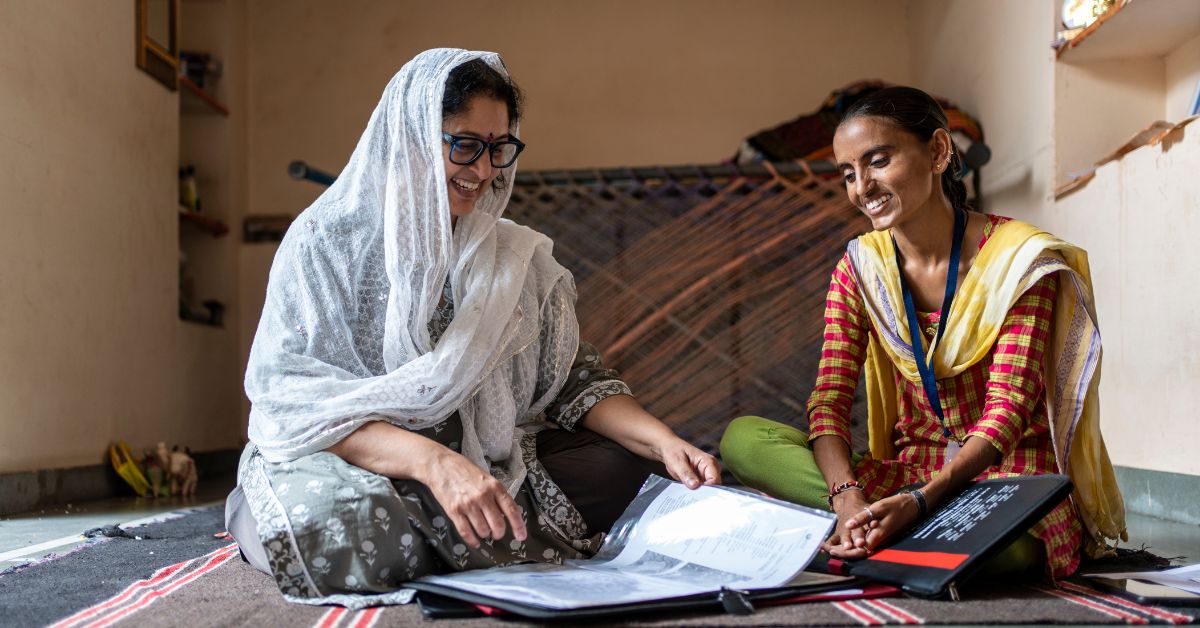
The bus ride home from school was the toughest part of Safeena Husain’s day. She remembers it in vivid detail — the walk from her seat to the front of the bus, down the steps, to her house, to the door, and finally ringing the bell. Every step carried the weight of the reminder that she was now home.
What to most children is a happy thought at the fag end of a school day had the opposite effect on young Safeena’s mood. I listen to her sift through her mental archives as she retrieves this memory she’d shelved for years. As I learn, her childhood in Delhi was coloured in tones of poverty, violence, and abuse, and, so, she reasons, “School was my safe space.”
And a safe space of this sort is exactly what she’s been attempting to create for the last 18 years, through ‘Educate Girls’, her NGO that recently won the prestigious Ramon Magsaysay Award, becoming the first Indian NGO to receive the honour. Calling the classroom “a place of joy”, Safeena shares, “It’s where I could forget everything else. I loved school; it gave me a sense of normalcy.”
And so, one of the most trying phases of her life was when this antidote was snatched away.

Due to personal circumstances, Safeena stopped going to school. She watched her friends breeze through higher classes and college. She points out, “In times like these, you can feel your confidence and self-esteem fall. You think you don’t deserve anything in life. No girl should have to go through it.”
But they do.
Advertisement
In fact, 4.1 million girls went through it between 2020 and 2022, according to a report by UDISE+ (Unified District Information System for Education Plus), a management information system of the Department of School Education and Literacy, Union Ministry of Education.
Not just in India, but across the world, history bears witness to girls being consigned to the waiting room of education, hoping their names will be called, hoping for a chance to study. In Safeena’s case, it was an aunt who helped her navigate the metaphorical waiting room, coaxing her to get back to academics, offering her all the guidance needed. And once she did, Safeena says, things dramatically changed.
“The world began to look at me very differently.”
From privilege to promise: Flipping the notion of girl child education in India
“Close your eyes,” Safeena encourages me. “Imagine an out-of-school girl and what her life looks like. She gets up in the morning, she cooks, she cleans, she grazes the goats, she takes the cattle out, feeds them, does more cooking, more cleaning, and then she goes to bed.”
The picture gives me goosebumps. Safeena senses my discomfort.
“Now close your eyes again and imagine a girl who goes to school. She gets up in the morning, she puts on her uniform, has breakfast, walks to school, studies, plays with her friends; there are doors of opportunity waiting to open for her.” Safeena continues, “That’s what we’re working towards.”
For most girls in India, educational equity is a mirage; there, but out of reach. And through its projects, Educate Girls wants to challenge this. It wants to anchor equity into the Indian academic framework, with a key focus on mobilising communities for girls’ education in rural and educationally marginalised areas. The NGO’s programmes, aligned with the ‘Right to Education Act’, leverage the Government’s existing investment in schools and engage with a huge base of community volunteers, helping to identify, enrol, and retain out-of-school girls and improve foundational skills in literacy and numeracy for all children (both girls and boys).
In cases where formal schooling isn’t an option, Educate Girls provides a second-chance programme to help girls complete their secondary education.
And the success is two-pronged. The impact on the ground exhibits two million out-of-school girls who have been introduced to school, and over 30,000 girls and women who have gotten “a second chance” to dream by being reintroduced into the education system.
Beyond data, Safeena’s repository of success stories underscores the impact of their work.“When I was in Rajasthan, a young girl came up to me and asked if I remembered her. She was enrolled in school when she was in Class 3. She’d now gone on to become the sarpanch of her village and shared that she reserved a significant portion of the village budget for girls’ education.” This is one of Safeena’s favourite stories to share. It’s grounded in the transformative power of education.
The beauty of second chances
Susheela (22) recently received the results of her Class 10 exams. She scored 75 percent. As she speaks to us, she is filling out her Class 12 admission form. This milestone, however, was once a distant dream for the young girl.
When Susheela’s mother was unwell, the family needed a round-the-clock caretaker. Everyone turned their heads in her direction. She obliged, putting her dreams on the back burner. “But, I wanted to study. I did not want to quit. All my friends were studying and going ahead of me,” she shares.
Advertisement
Like Susheela, many women are forced into holding up their end of the domestic bargain, sacrificing their dreams in the process. But the Pragati programme by Educate Girls is changing this.

The programme gives women and girls who have been forced out of education the chance to resume their studies. And they aren’t taking this chance lightly.
Safeena shares, “We found that around 56 percent of the girls are ready within 12 months of the programme to move to the next opportunity. Either they study for their Class 12 or join a skilling programme, some of them even start their own businesses.”
Susheela’s story is mirrored by so many stories in India where the gender divide has created the burden of denied education. This is backed by a low female literacy rate. With Pragati, Safeena wants to hand them a blank slate, literally and metaphorically, giving them a chance to dream.
Educate Girls has another programme, Vidya, that is hinged on helping young children find their way into school. The volunteers are engaged in rallying together the community, school staff, and other influencers by setting up village meetings to influence the entire community’s mindset towards girls’ education.
The Magsaysay Award win: An India story
Pointing out that “patriarchy stains us all; some with a colour of light pink and some with deep red”, Safeena says, we need to unlearn this conditioning. “It is everybody’s job in this country, including you and me, to actually build on that mindset and constantly question our biases around it, she adds.
Advertisement

Attempting to correct the fractured spine of gendered bias in education will take a combination of therapies. In Safeena’s opinion, these are aspiration, confidence, and support. “If one of these three ingredients is missing, change will not happen,” she points out.
She continues, “We have to build aspirations of the girls, and those of their families towards them. We have to build not only the girls’ confidence but also that of the community members. And we need to extend support to them in whatever ways we can.”
As Safeena clarifies, winning the Ramon Magsaysay Award isn’t a personal victory, but a collective win. “It is an India story,” she says.
All pictures courtesy Educate Girls



